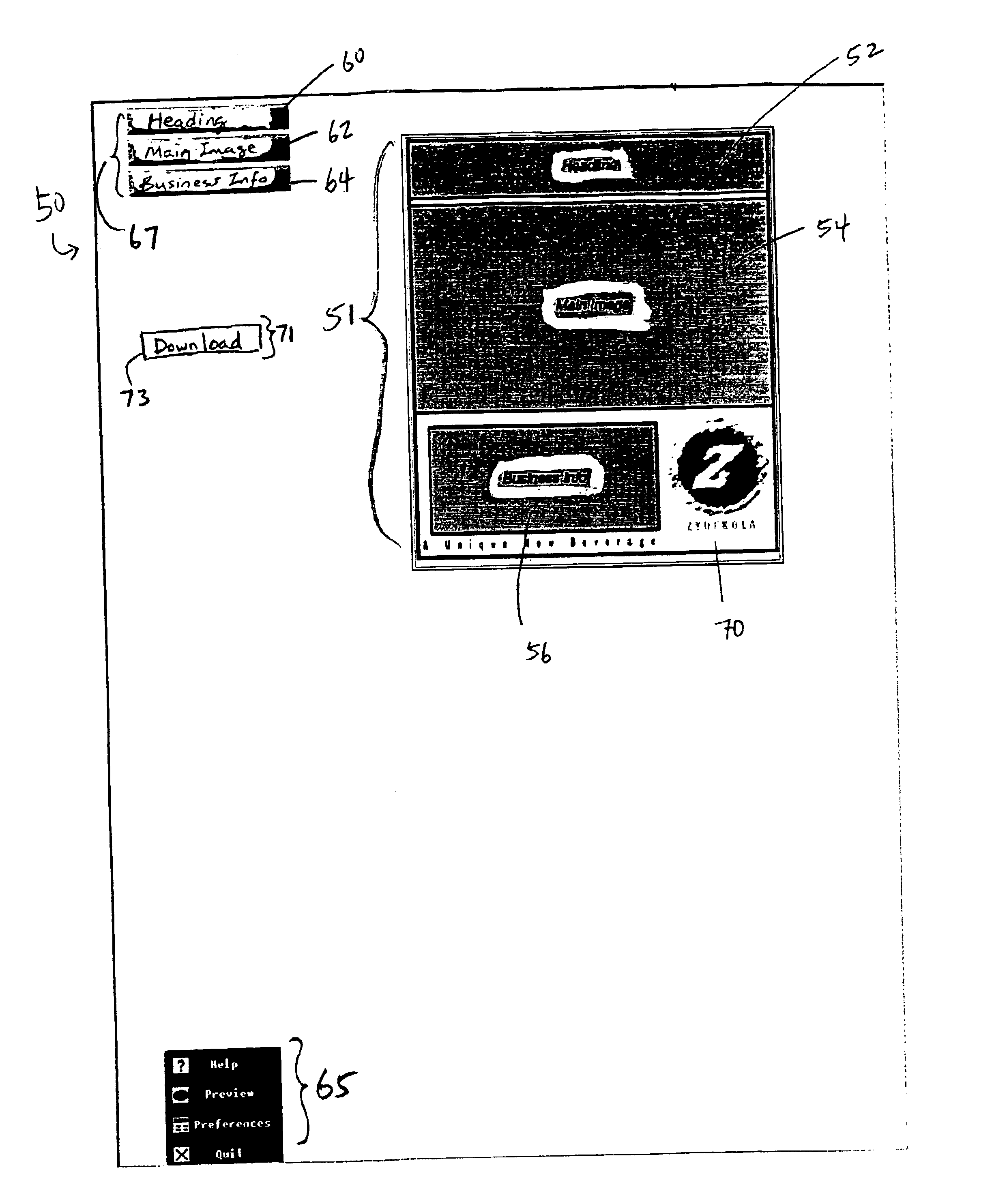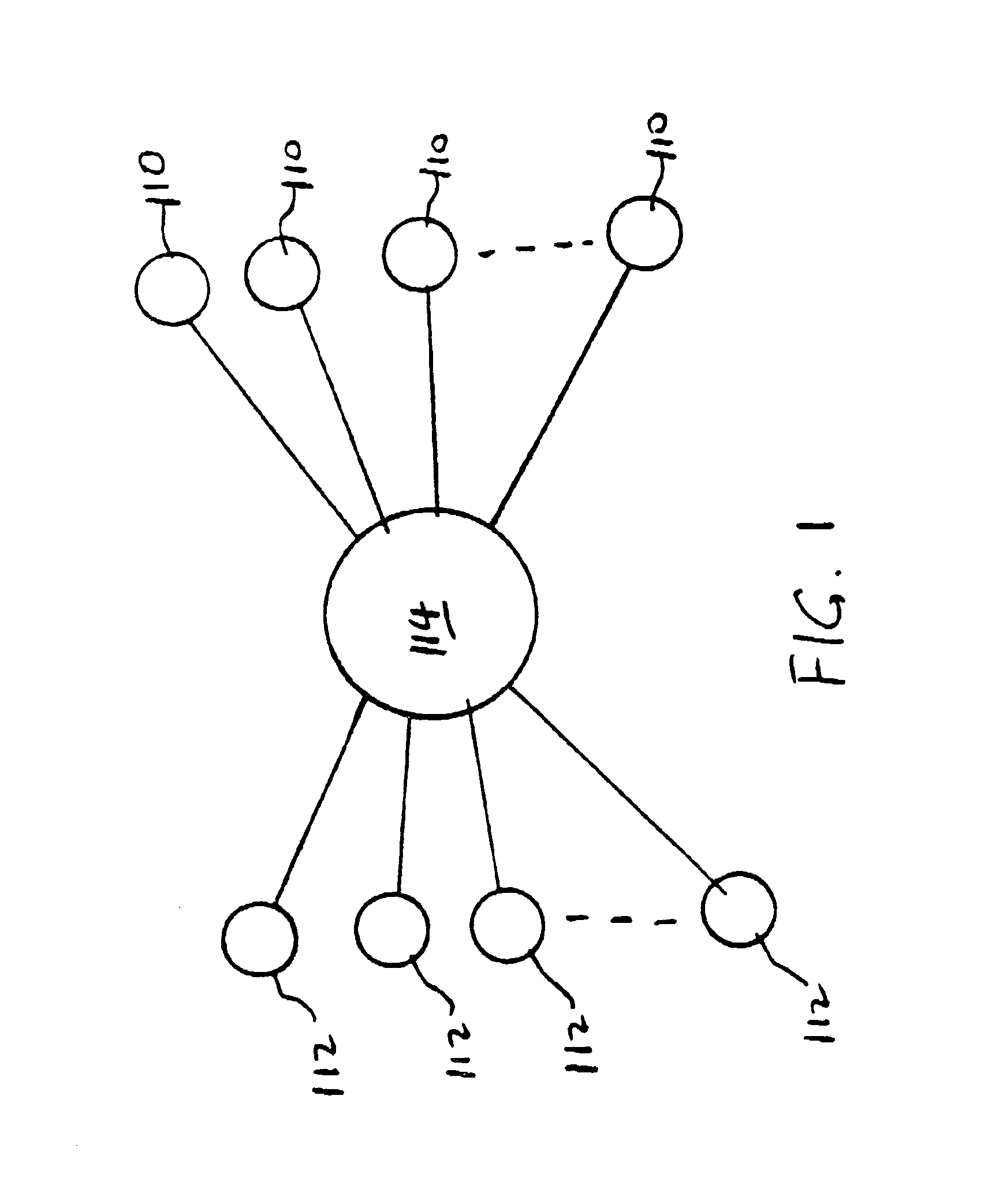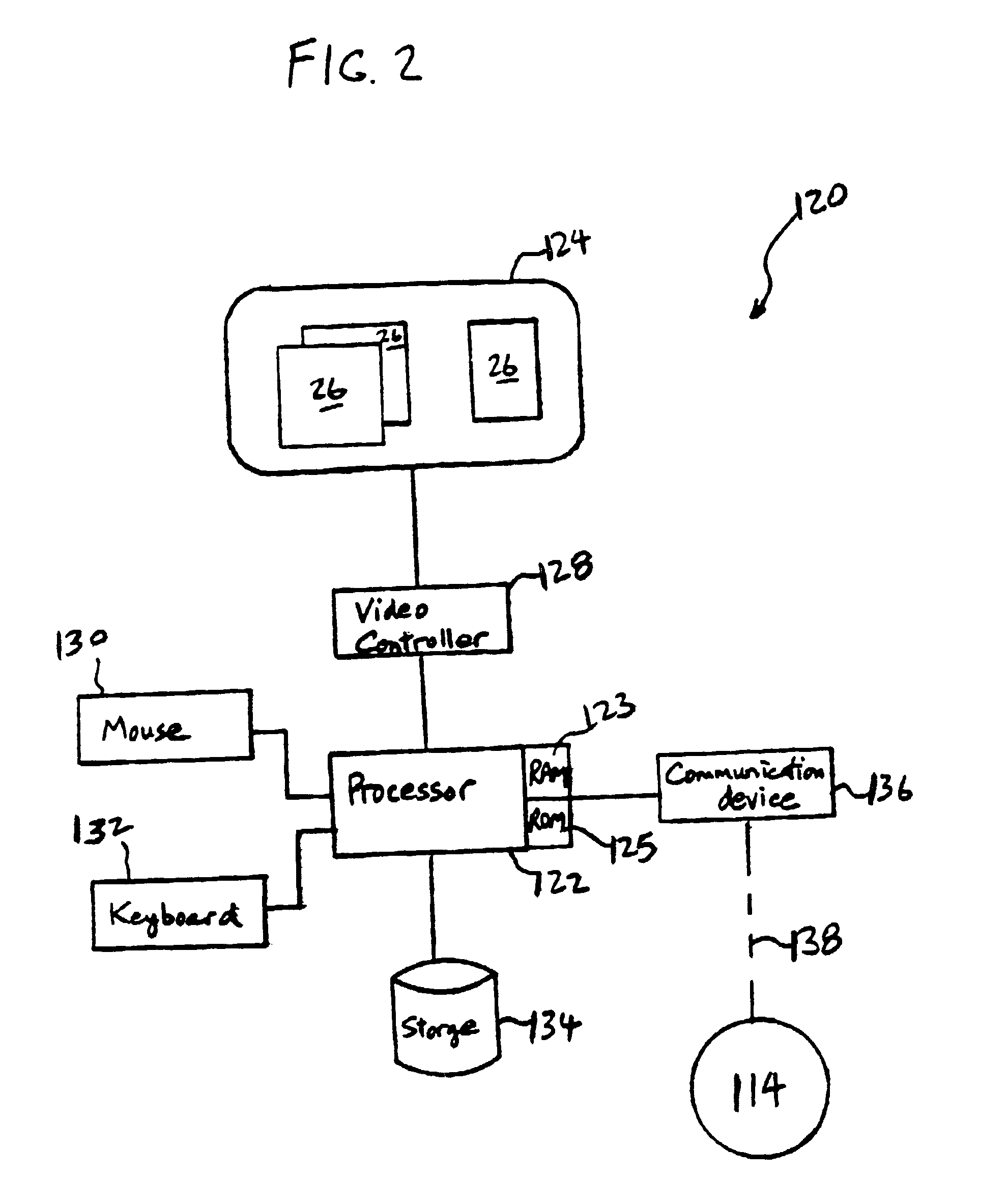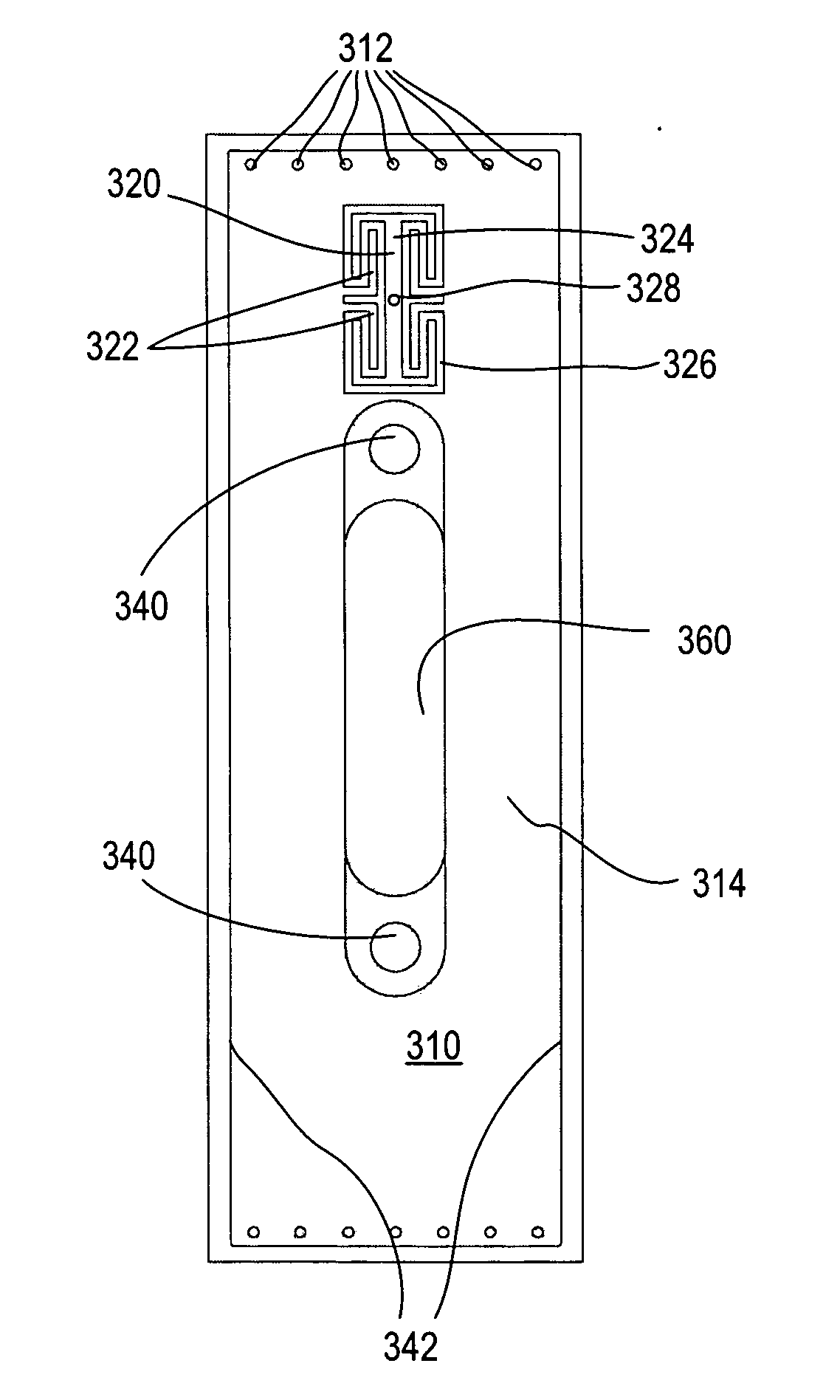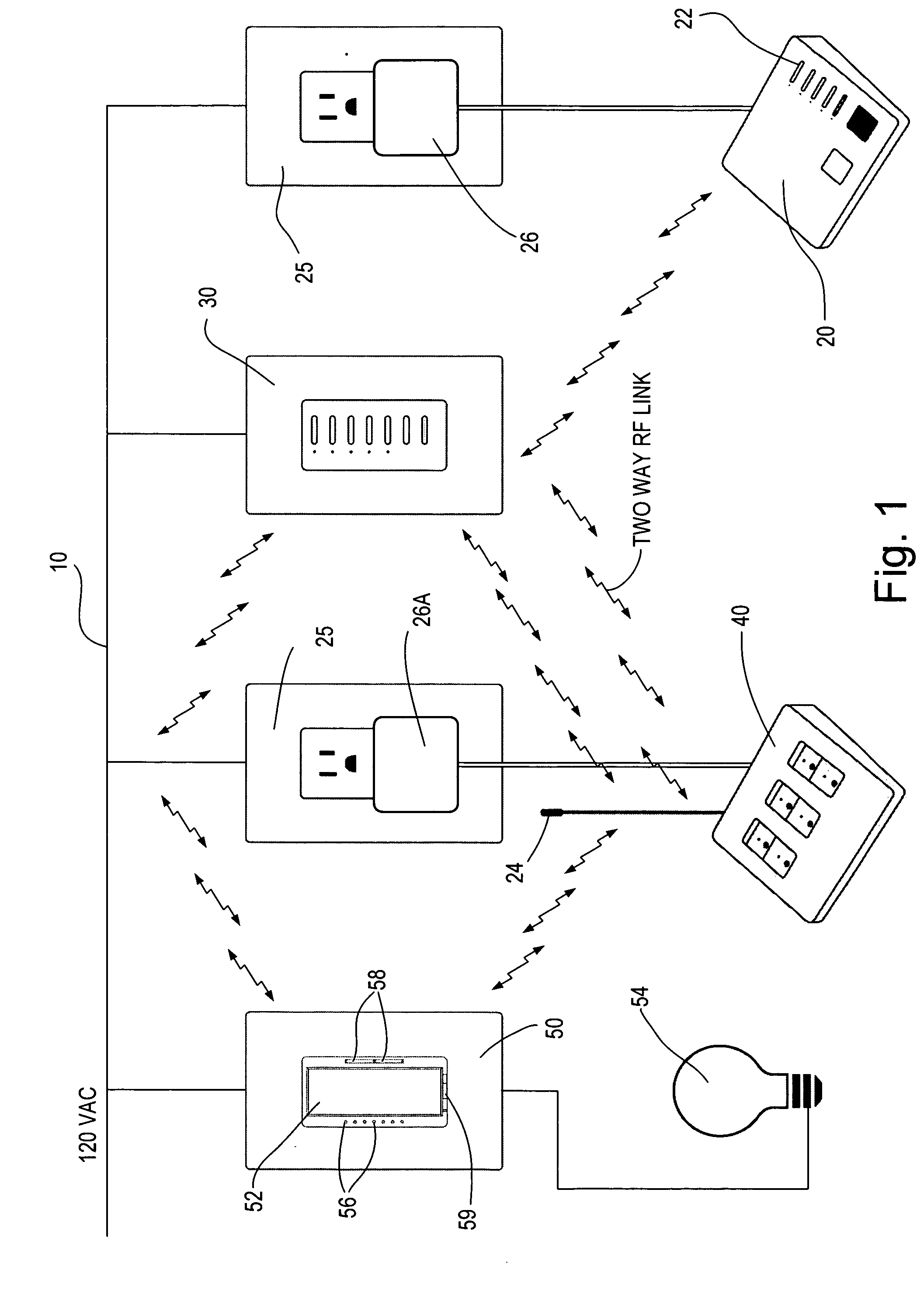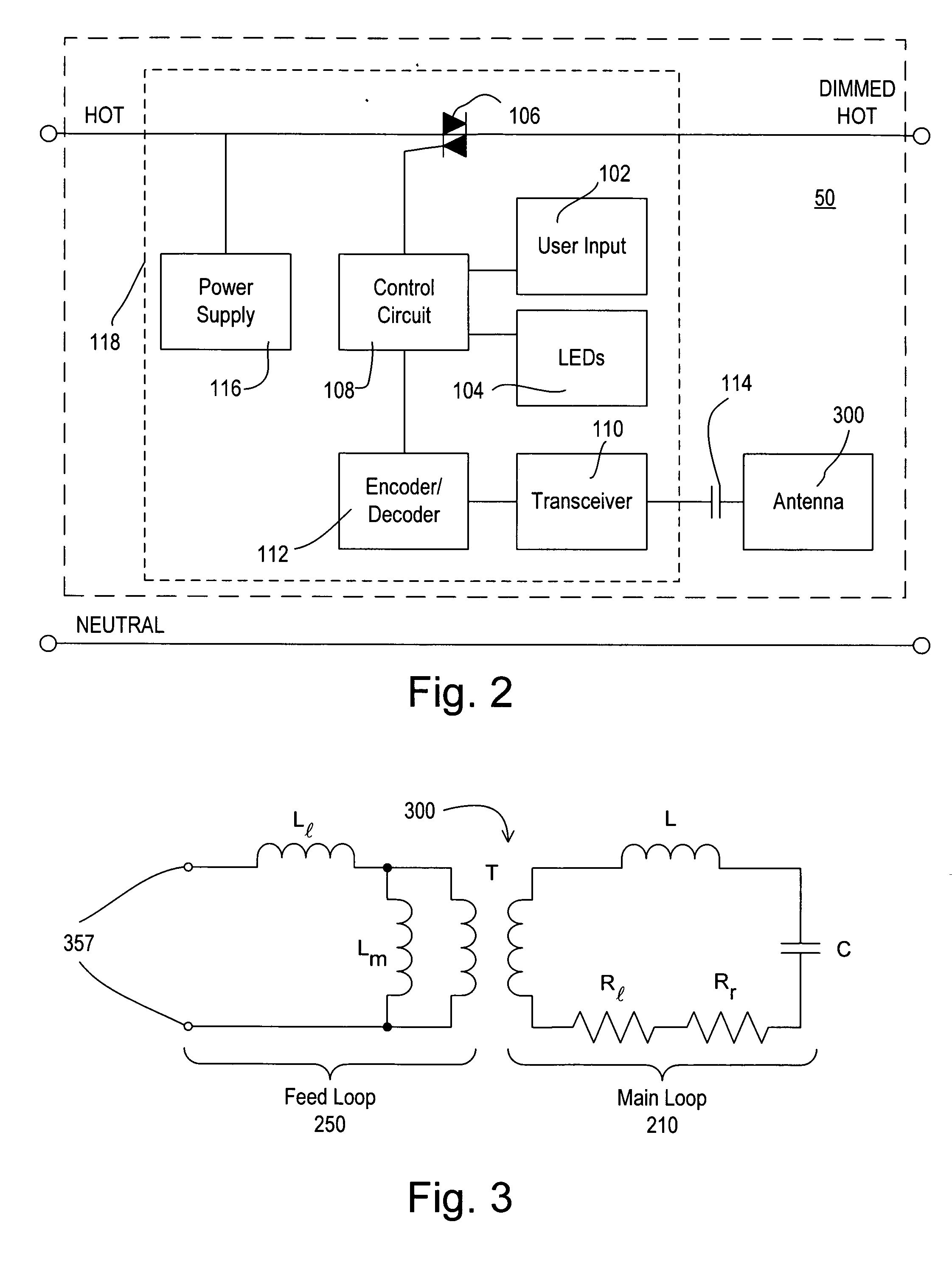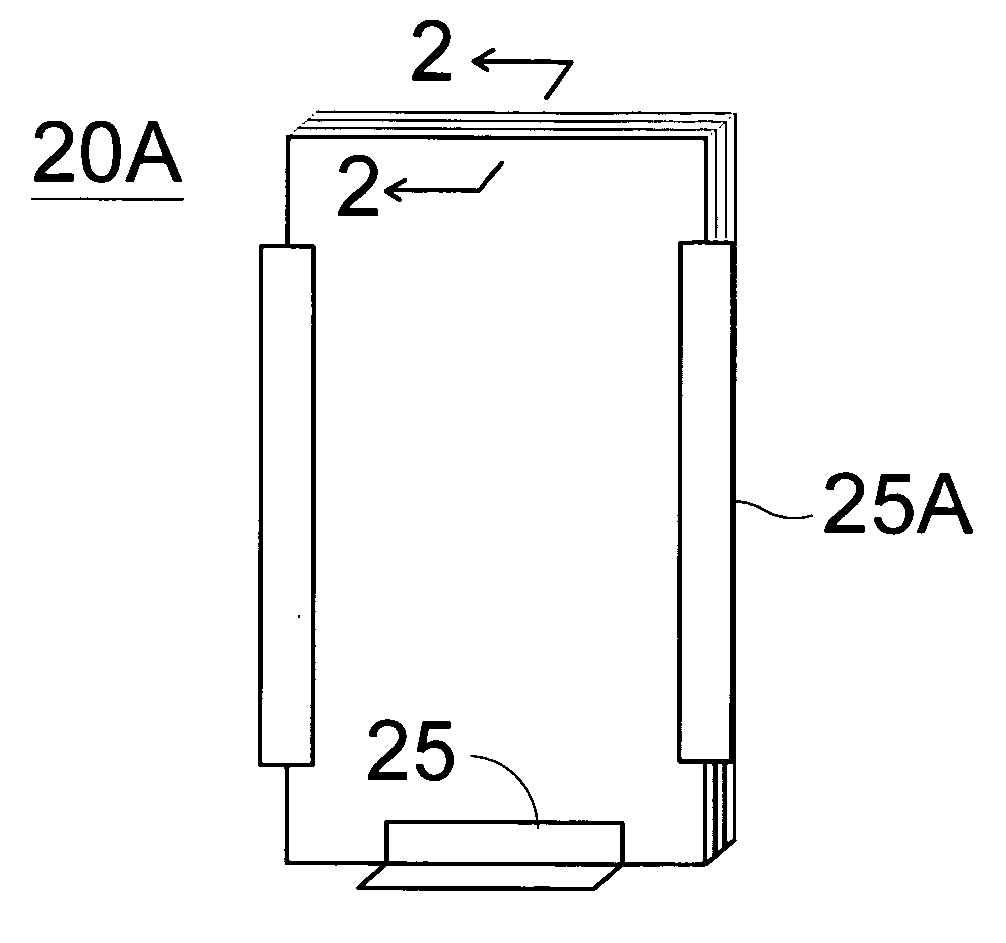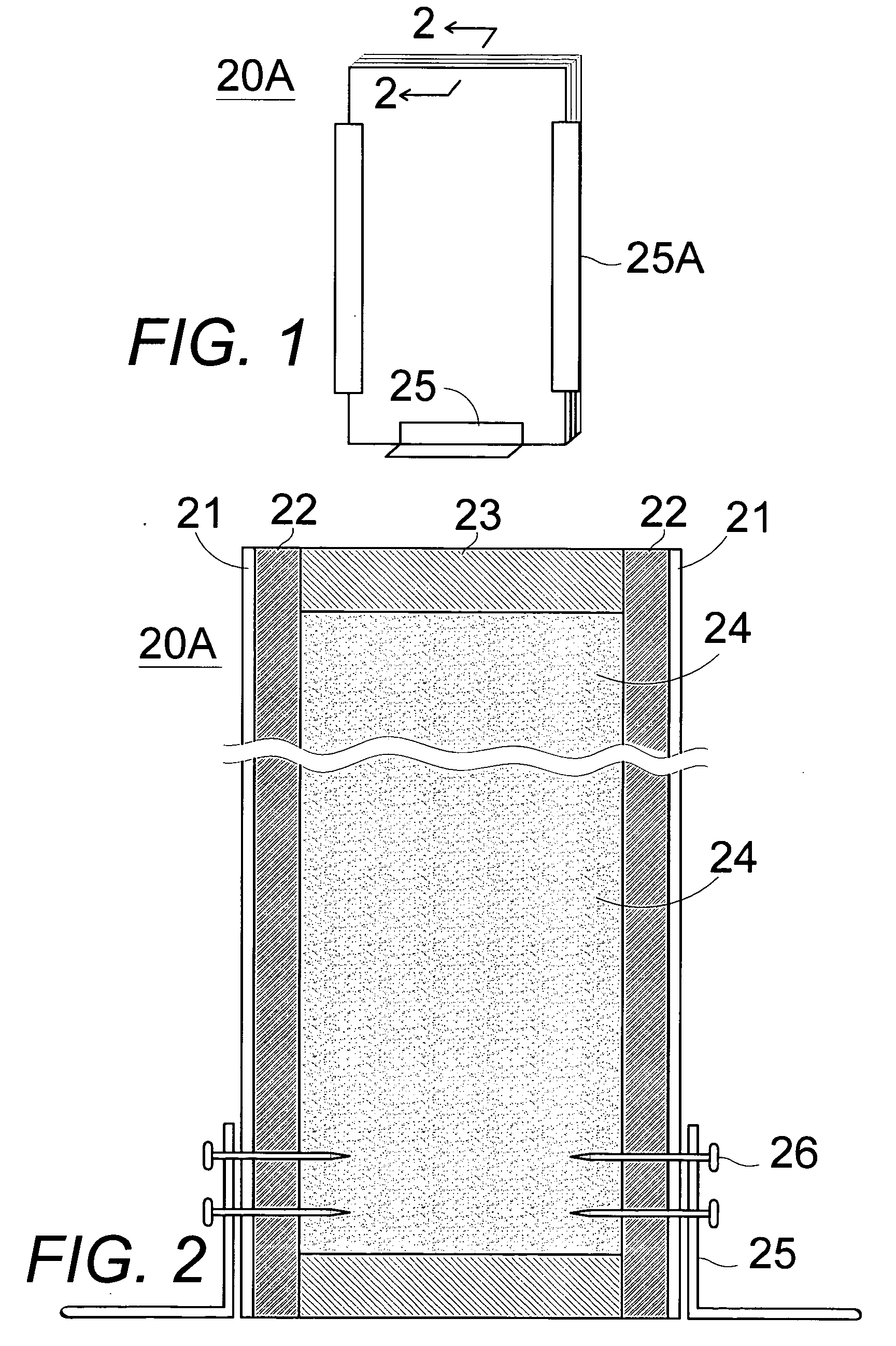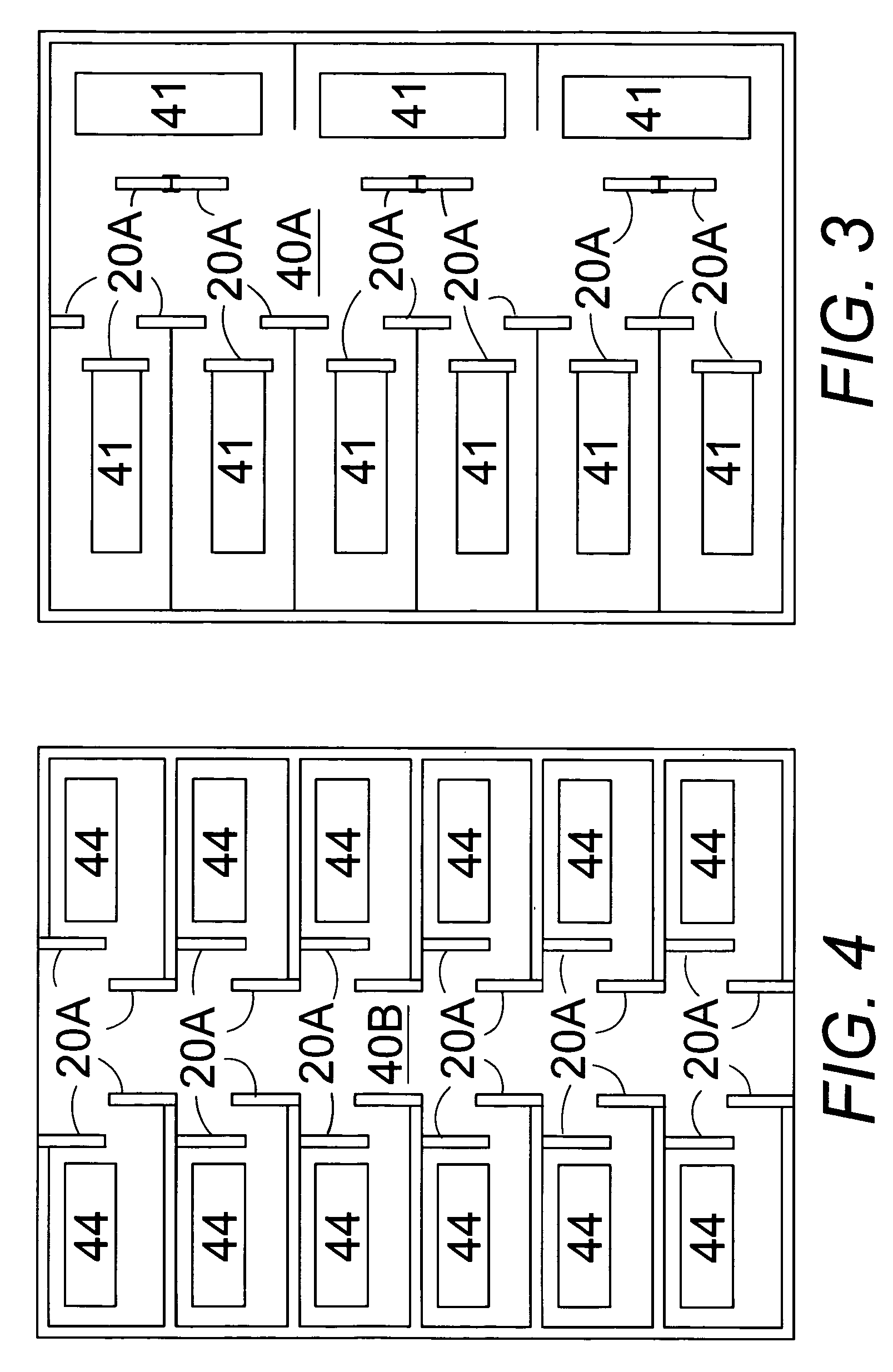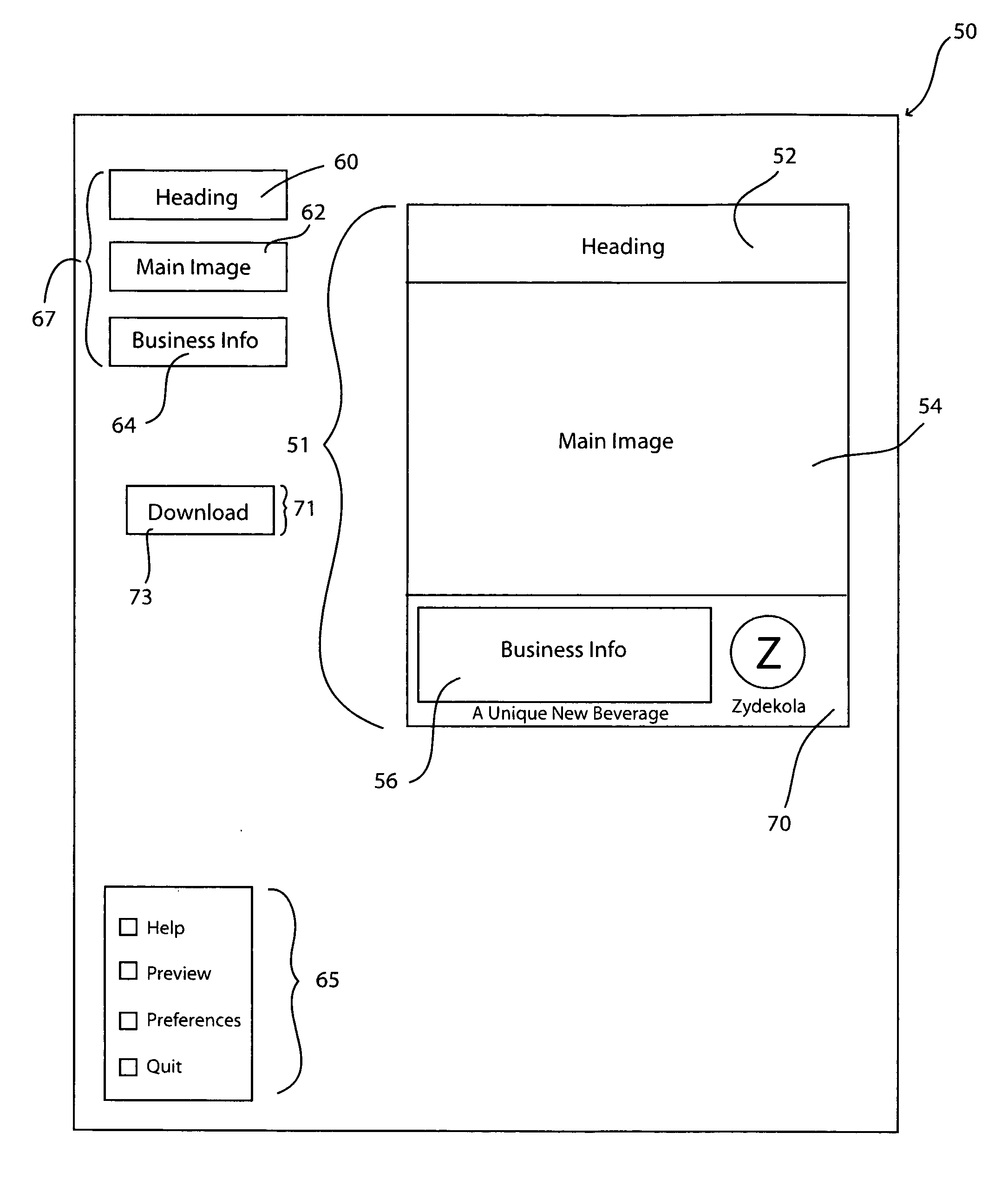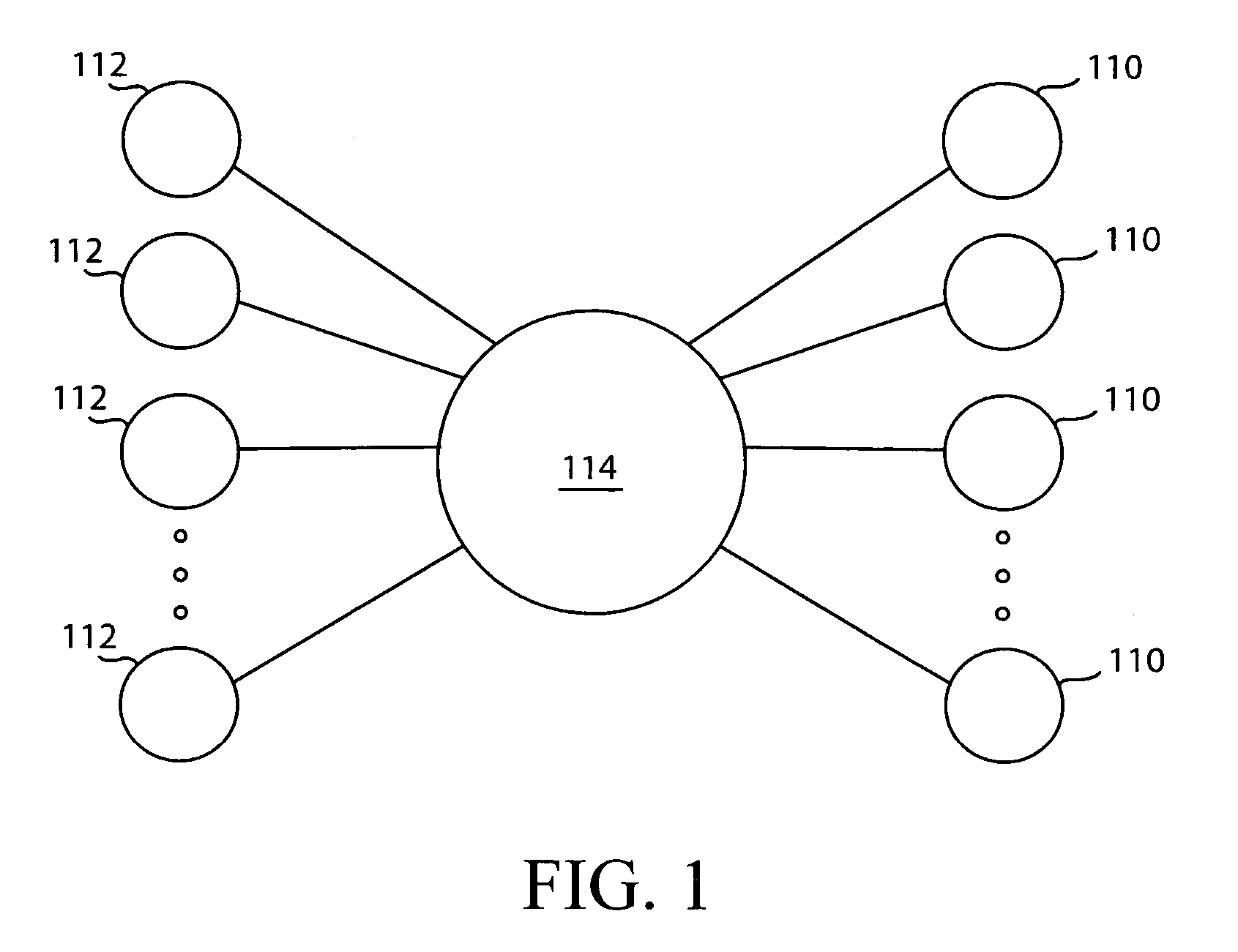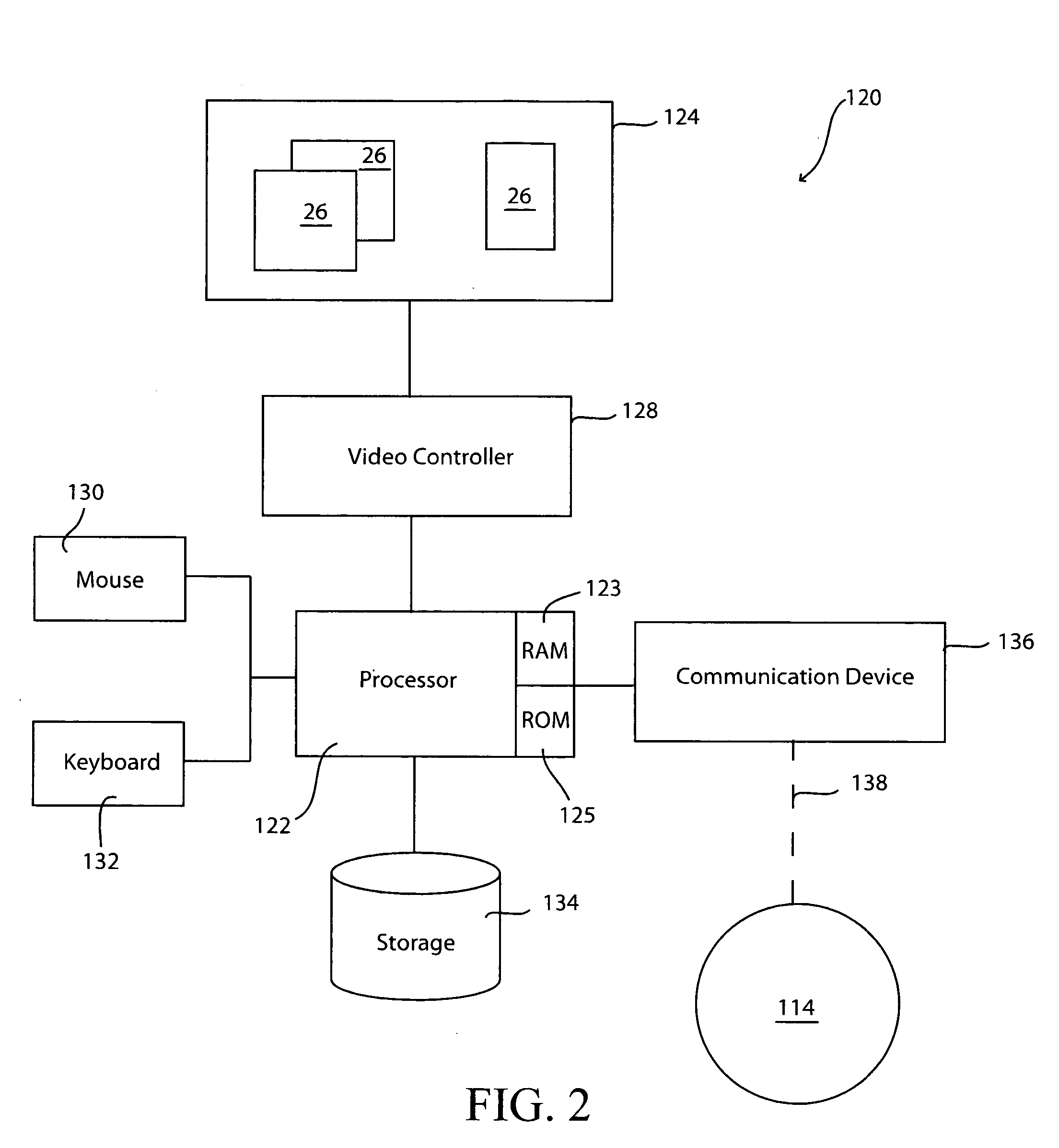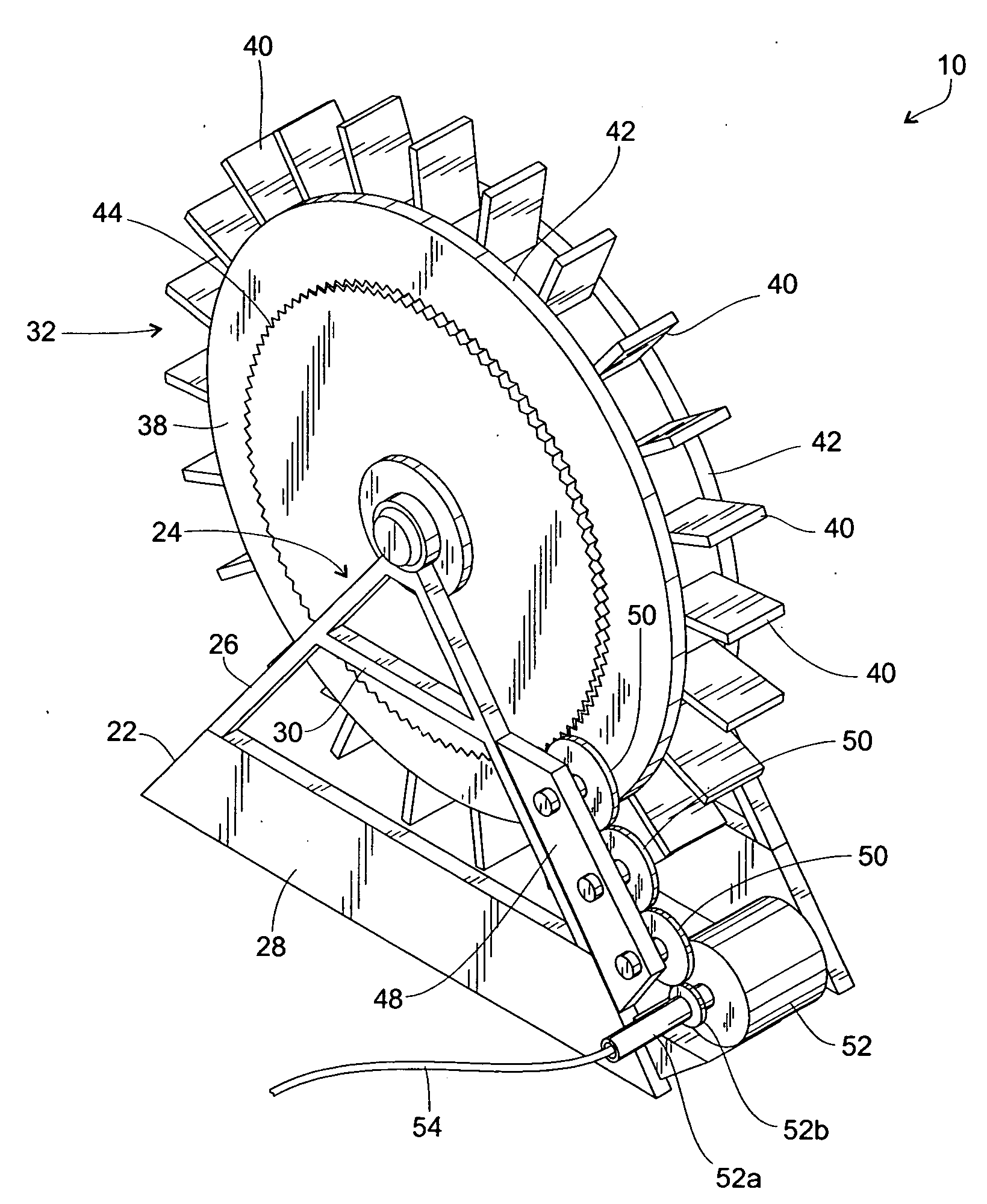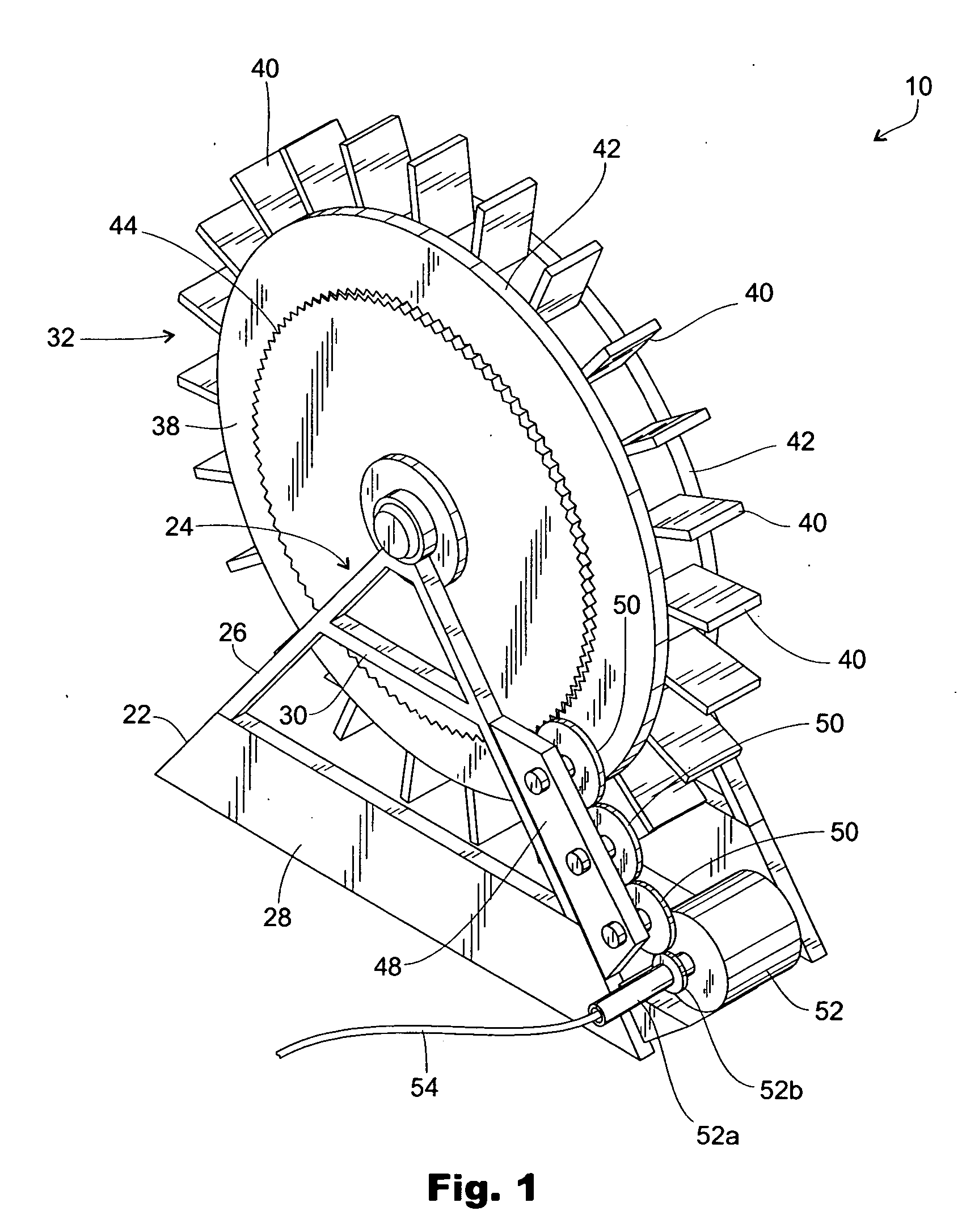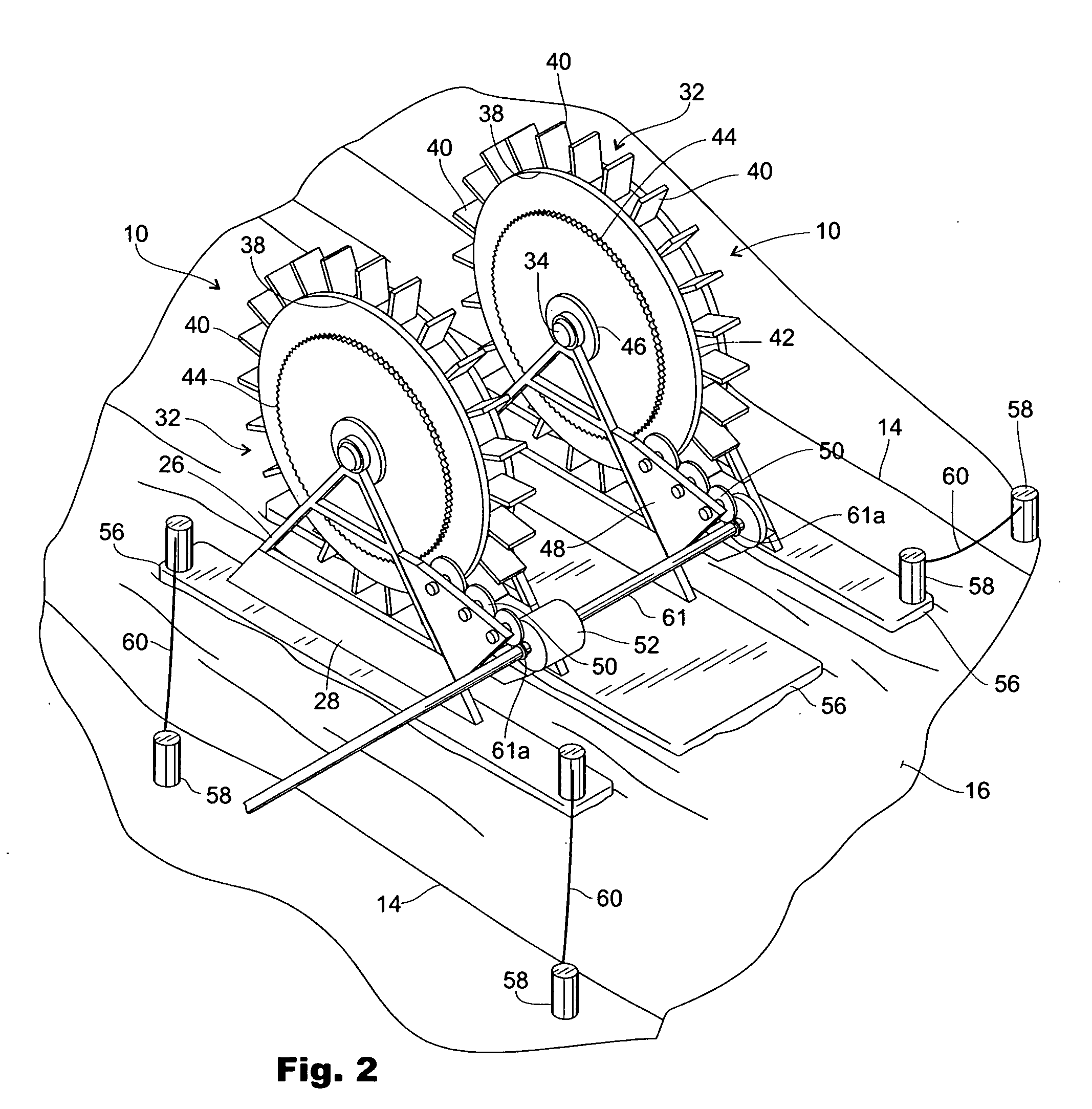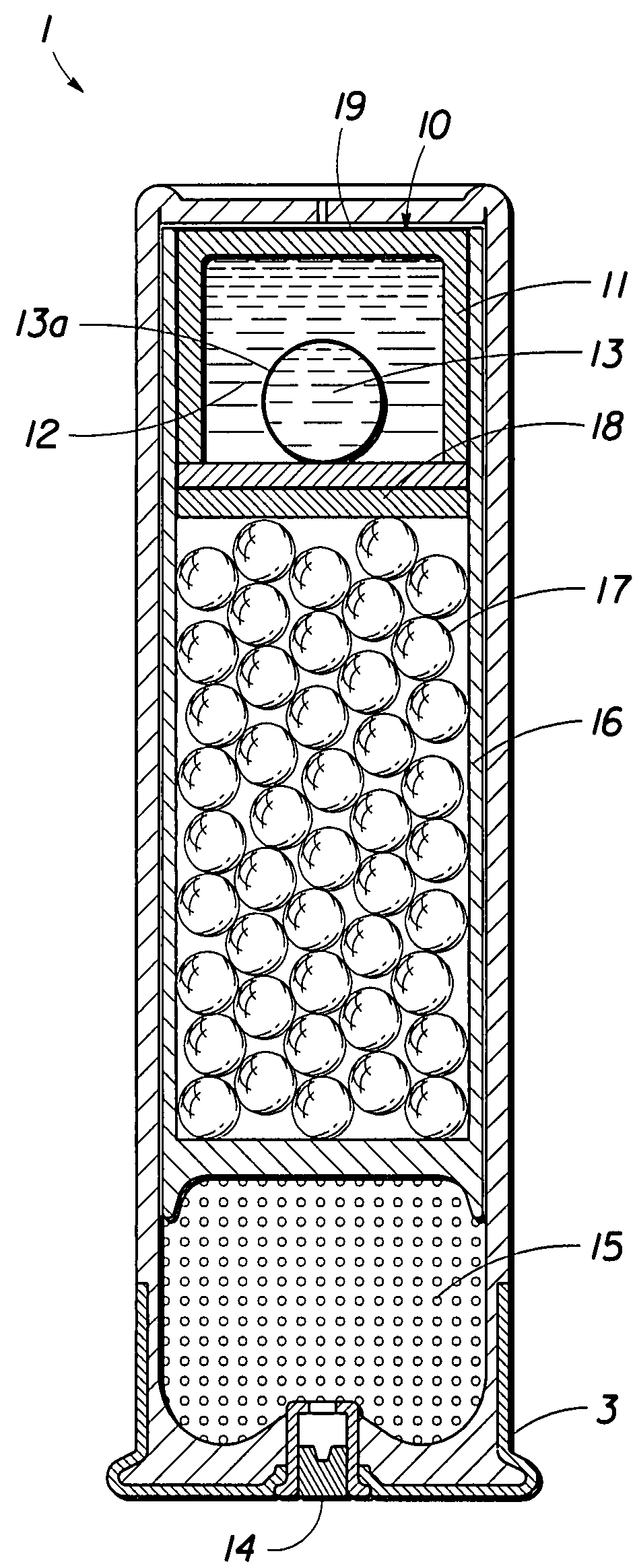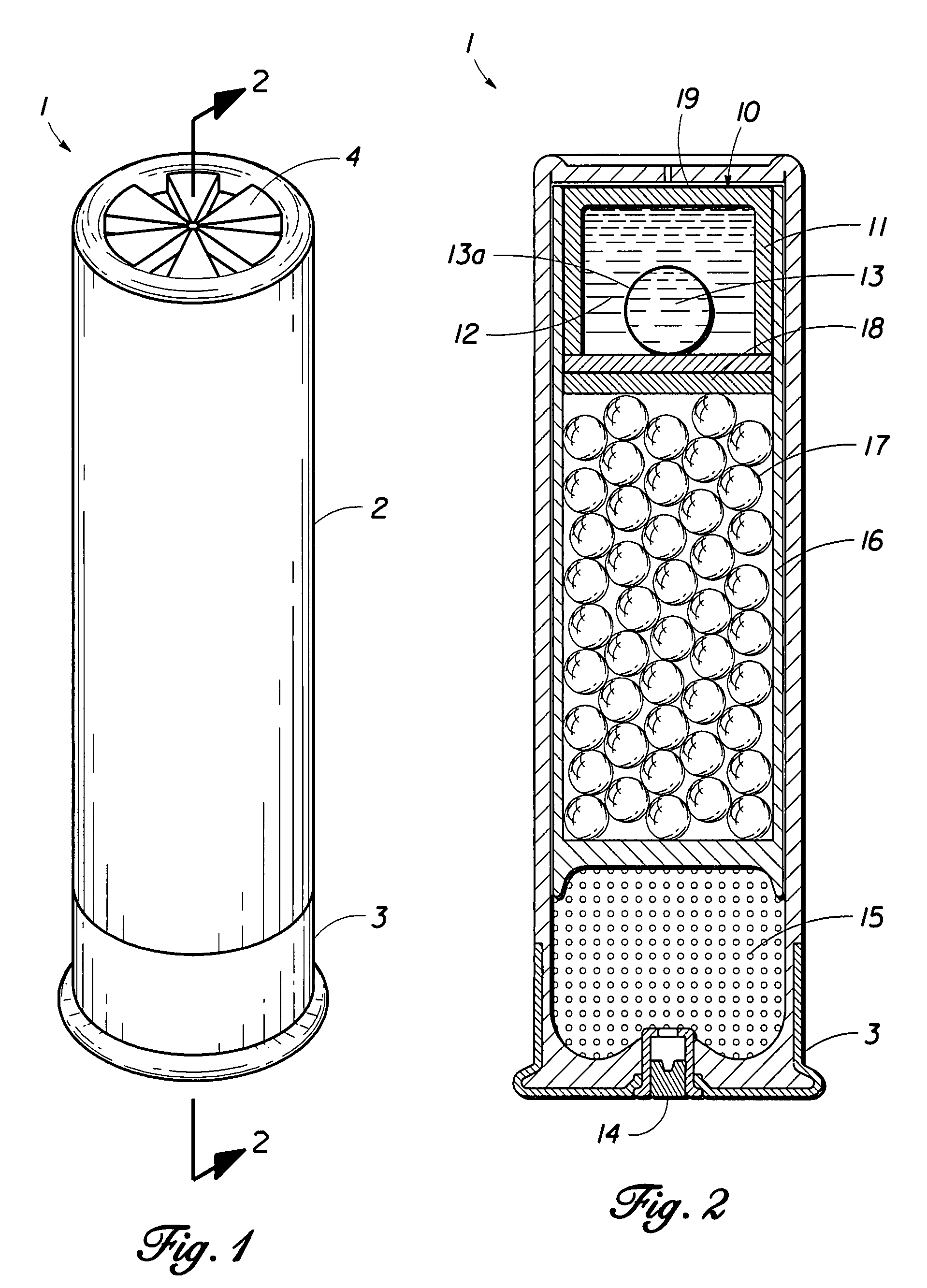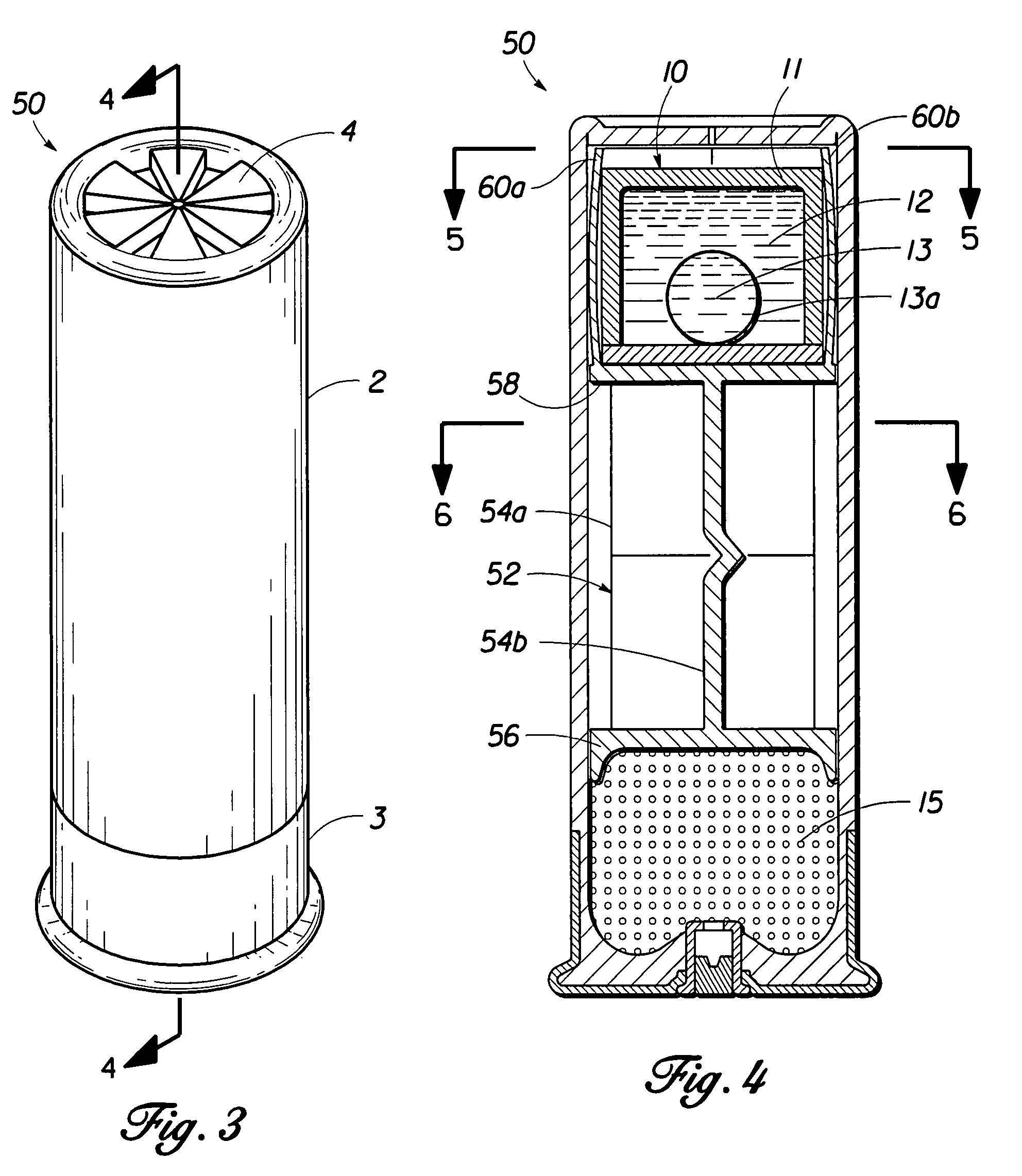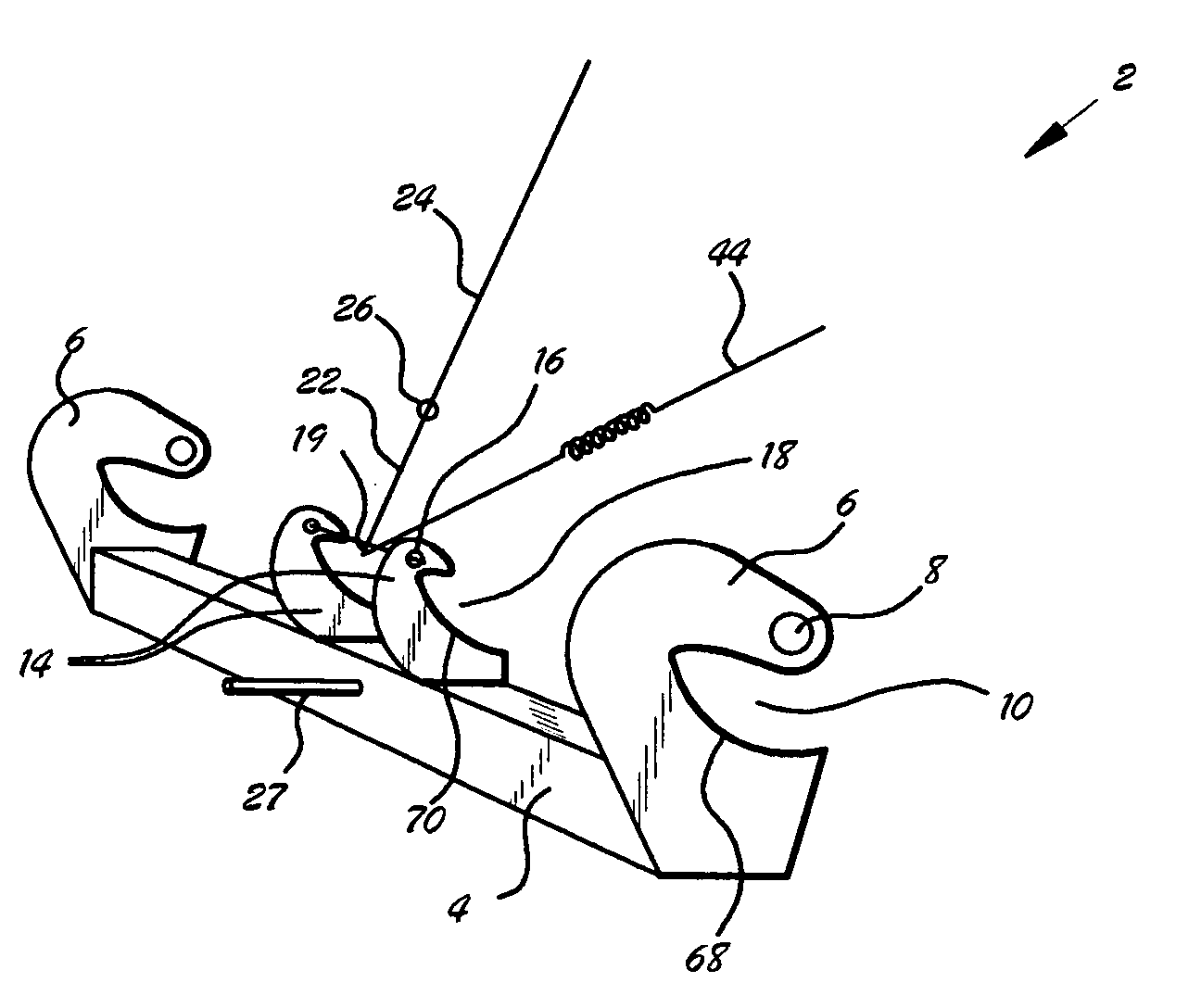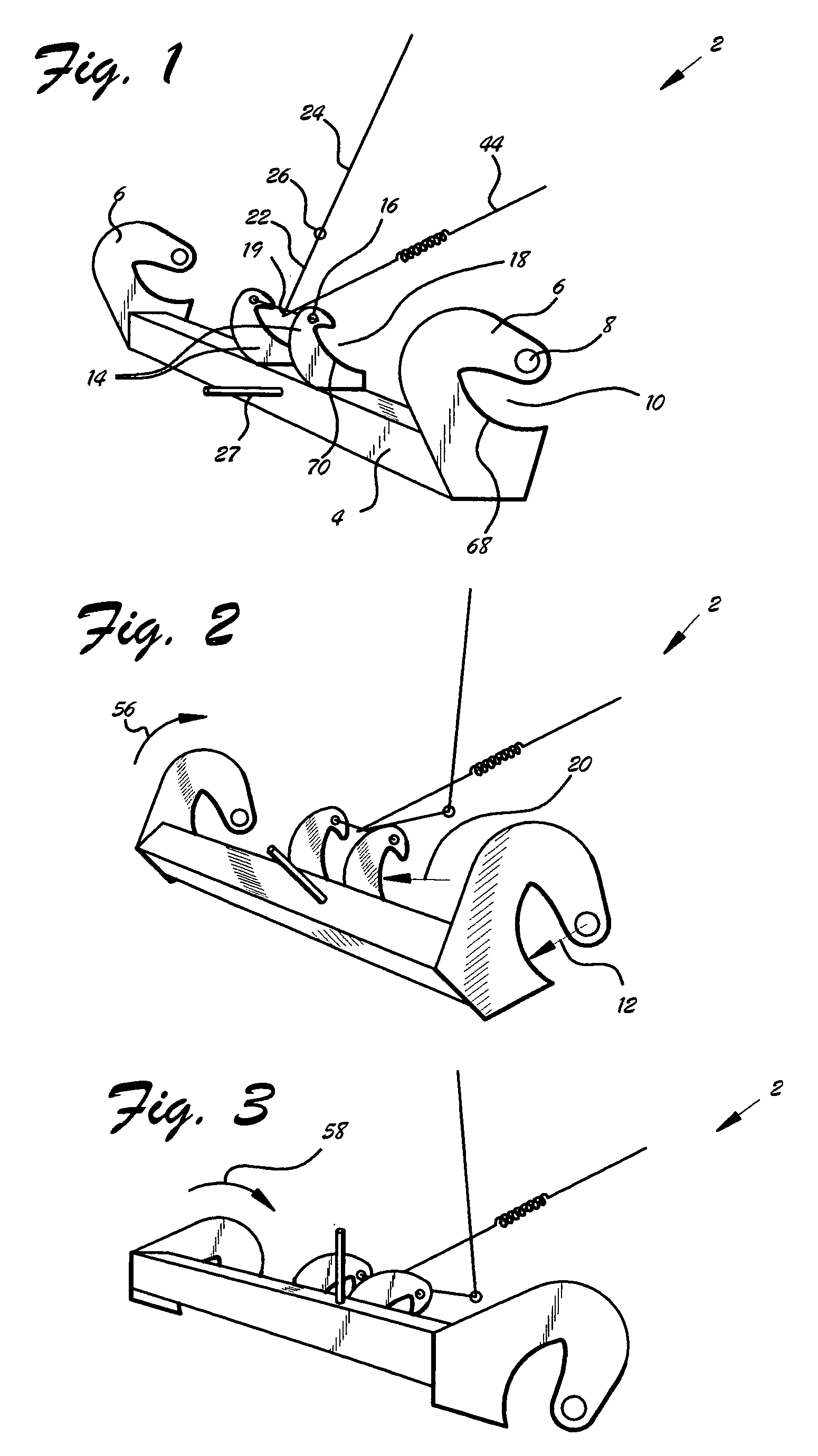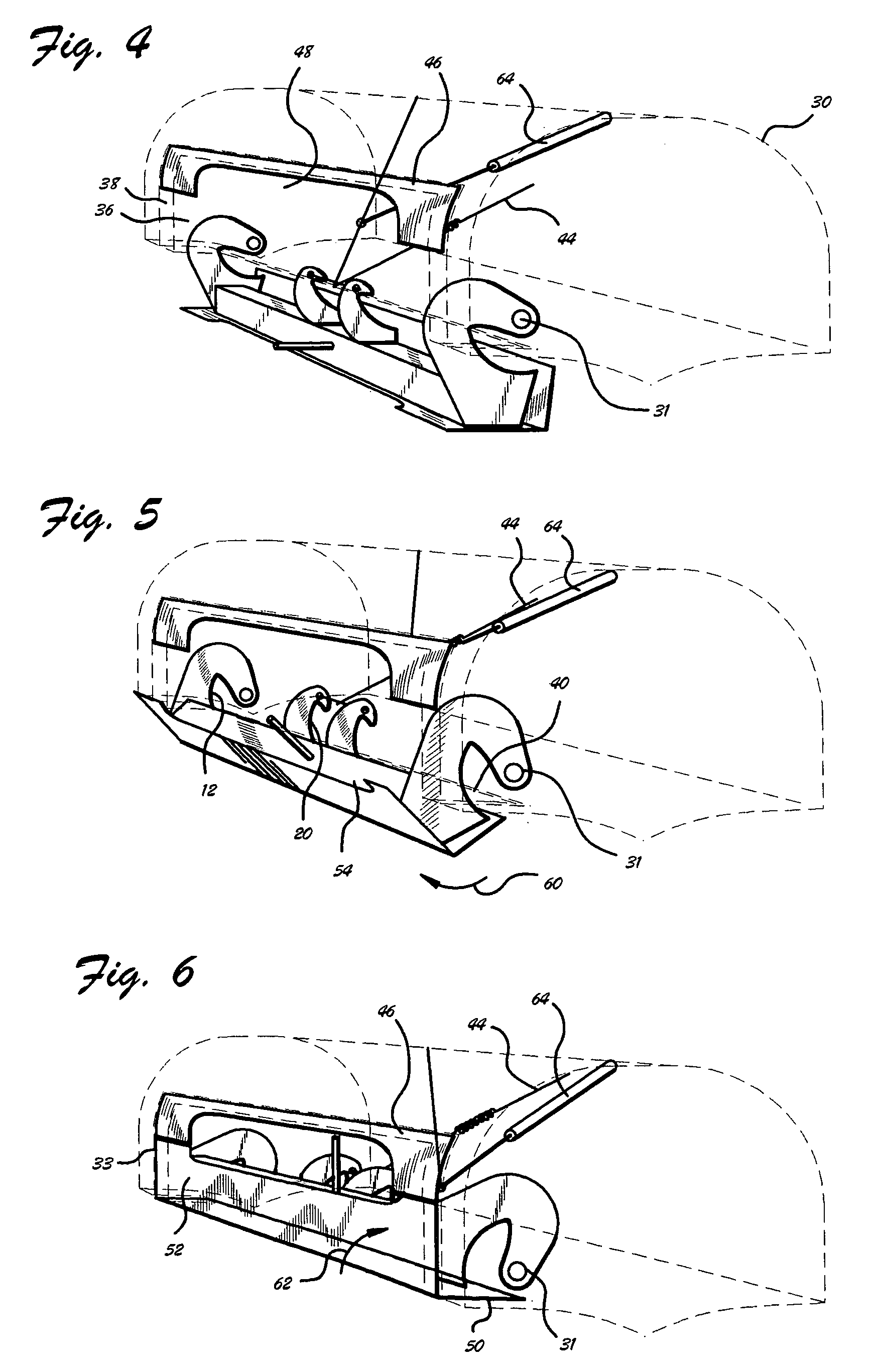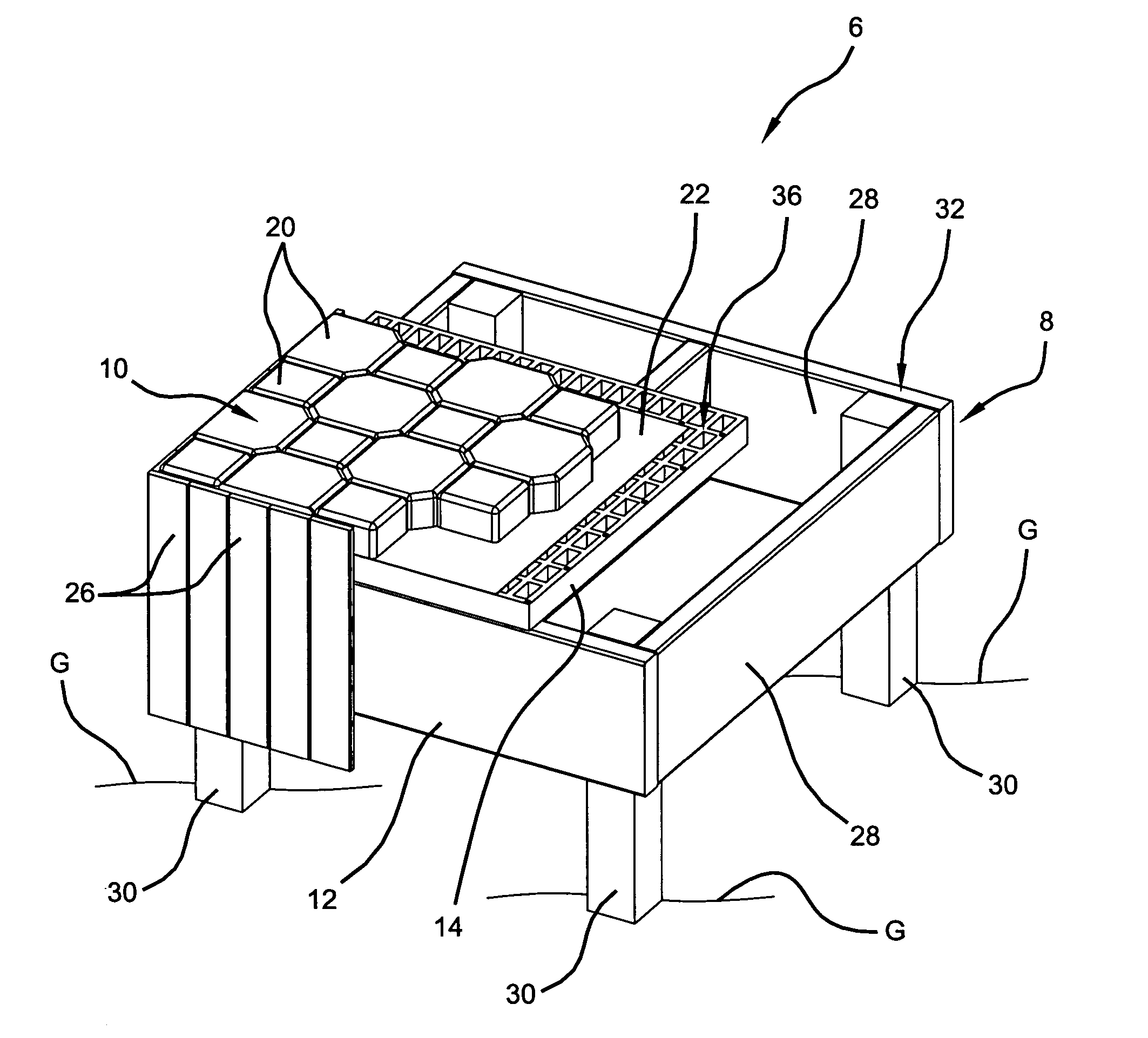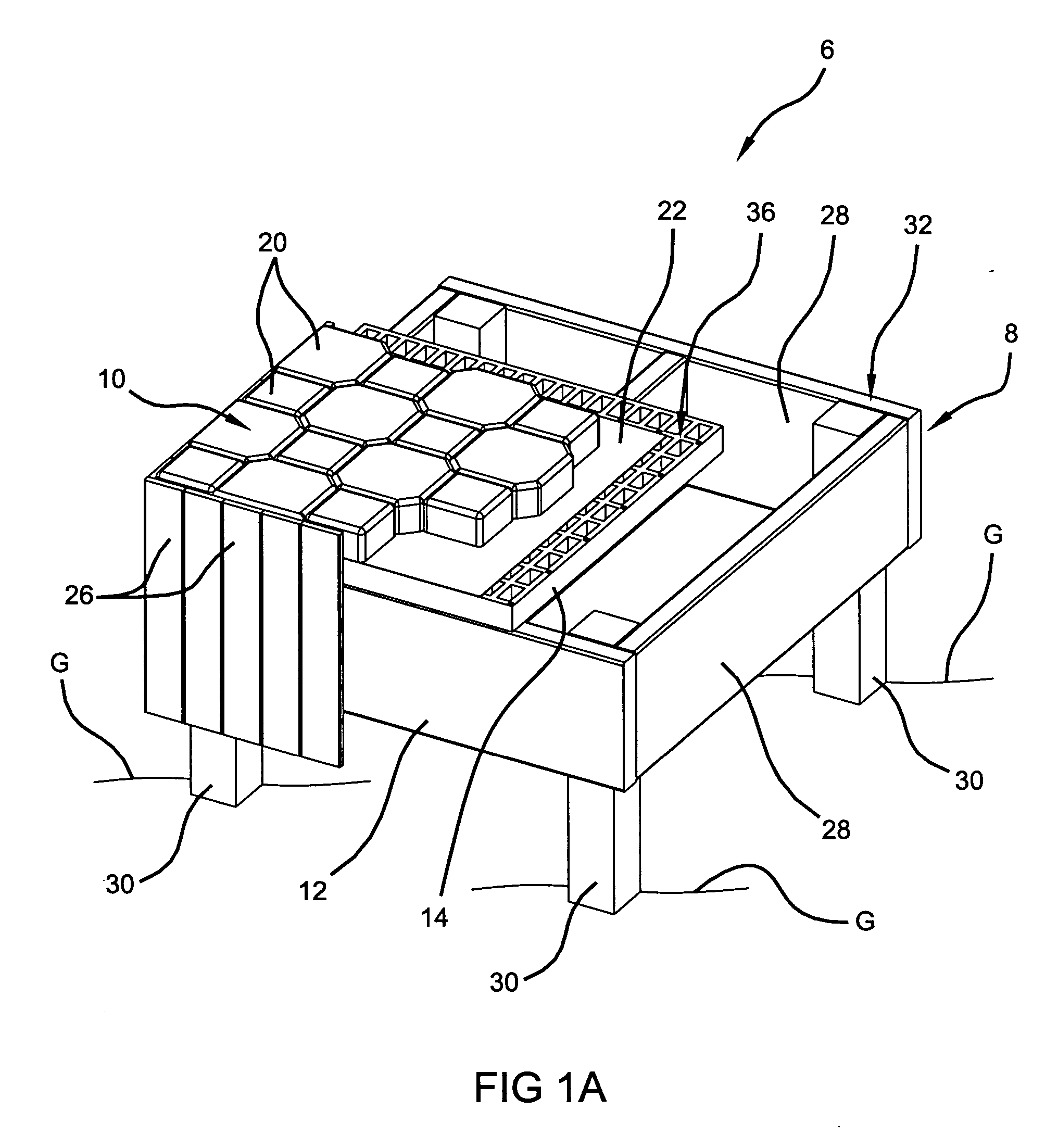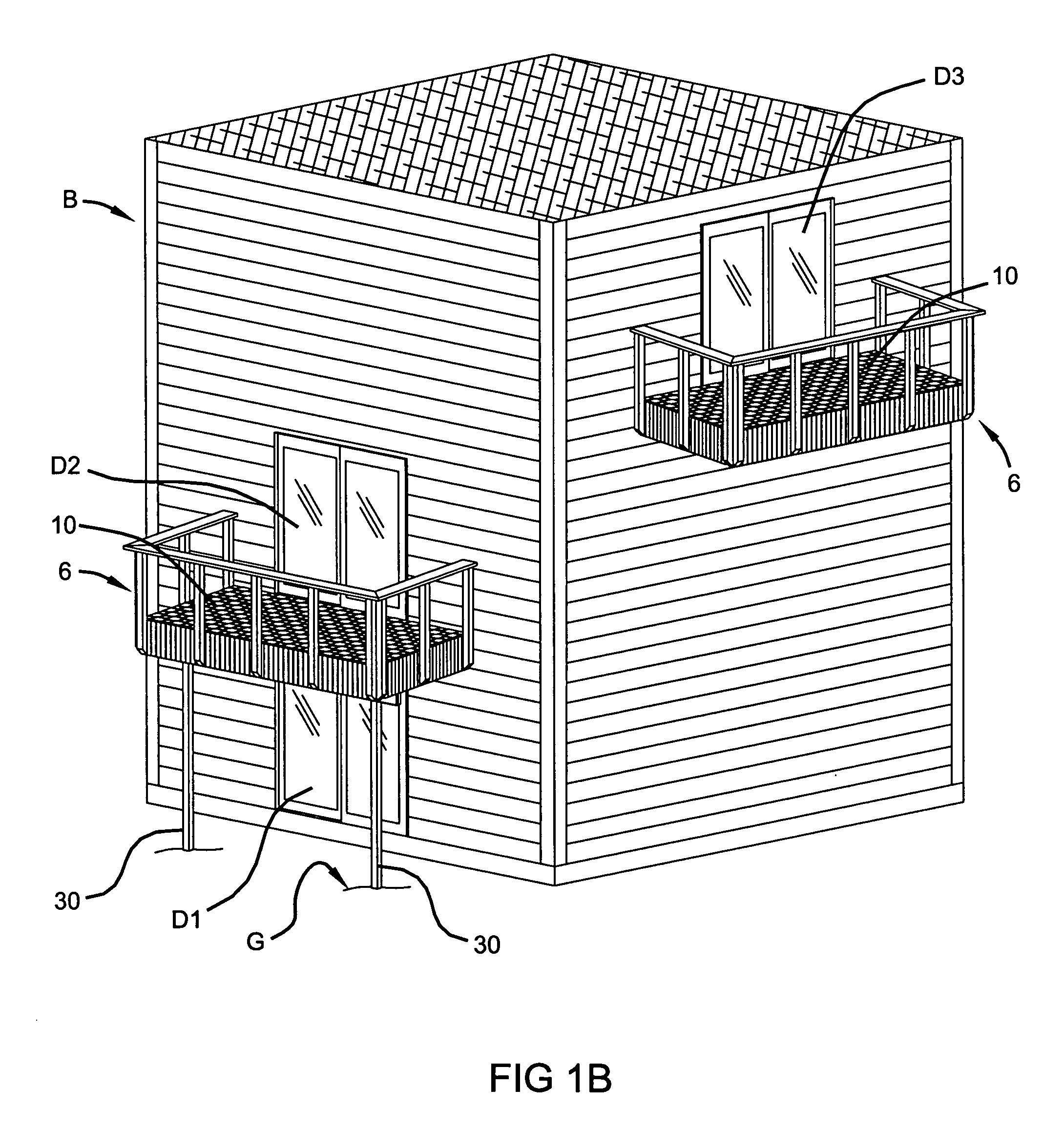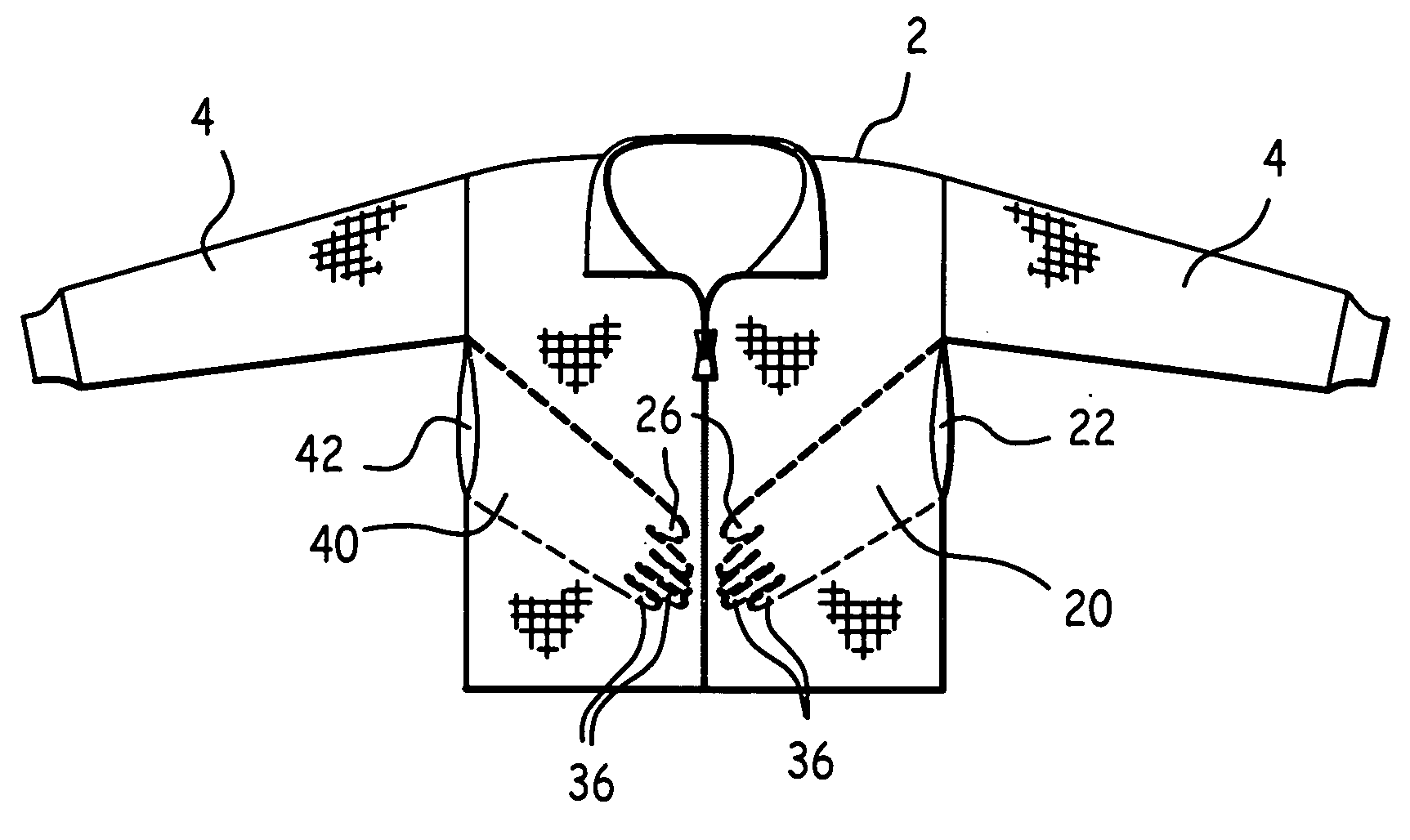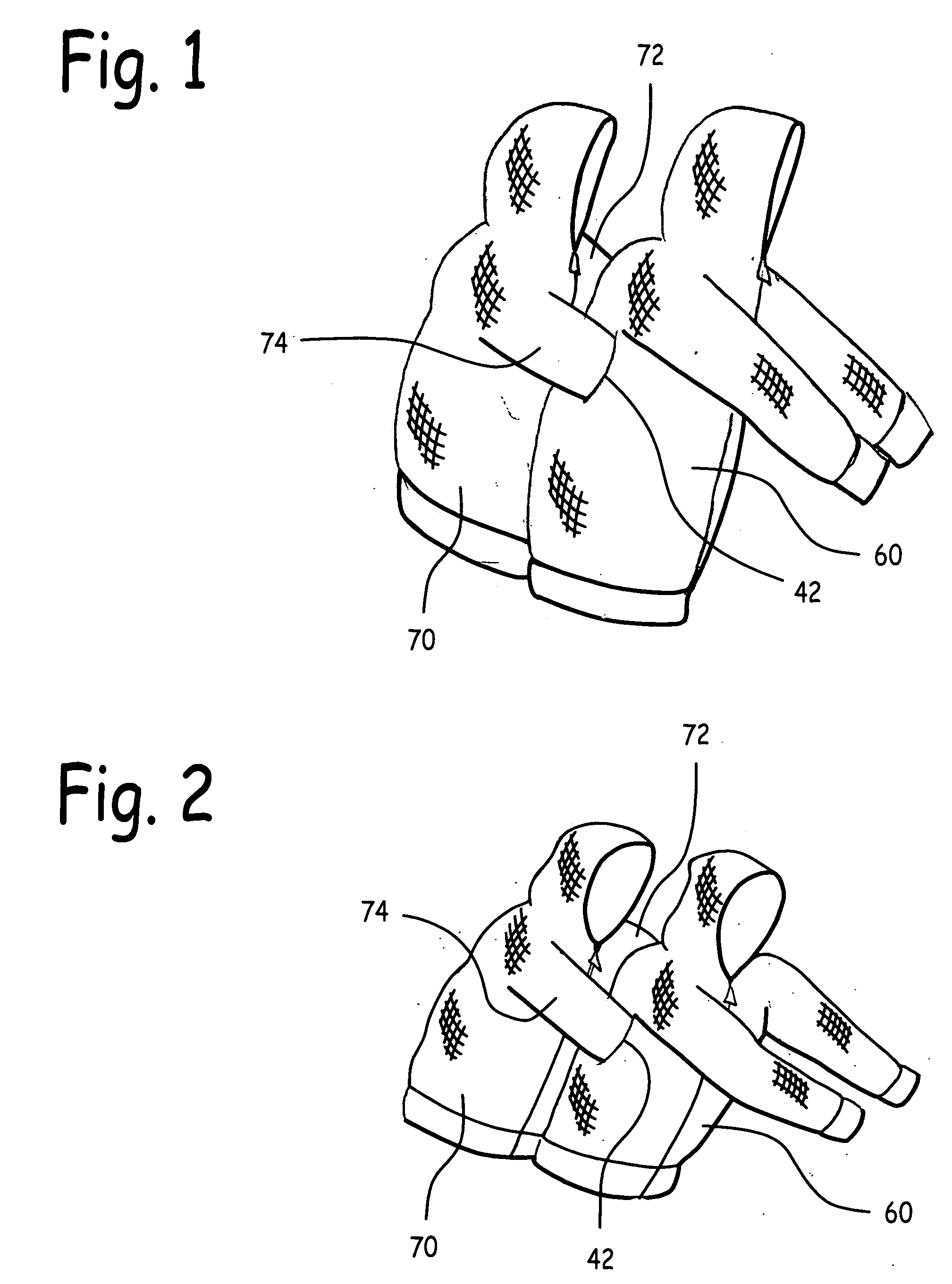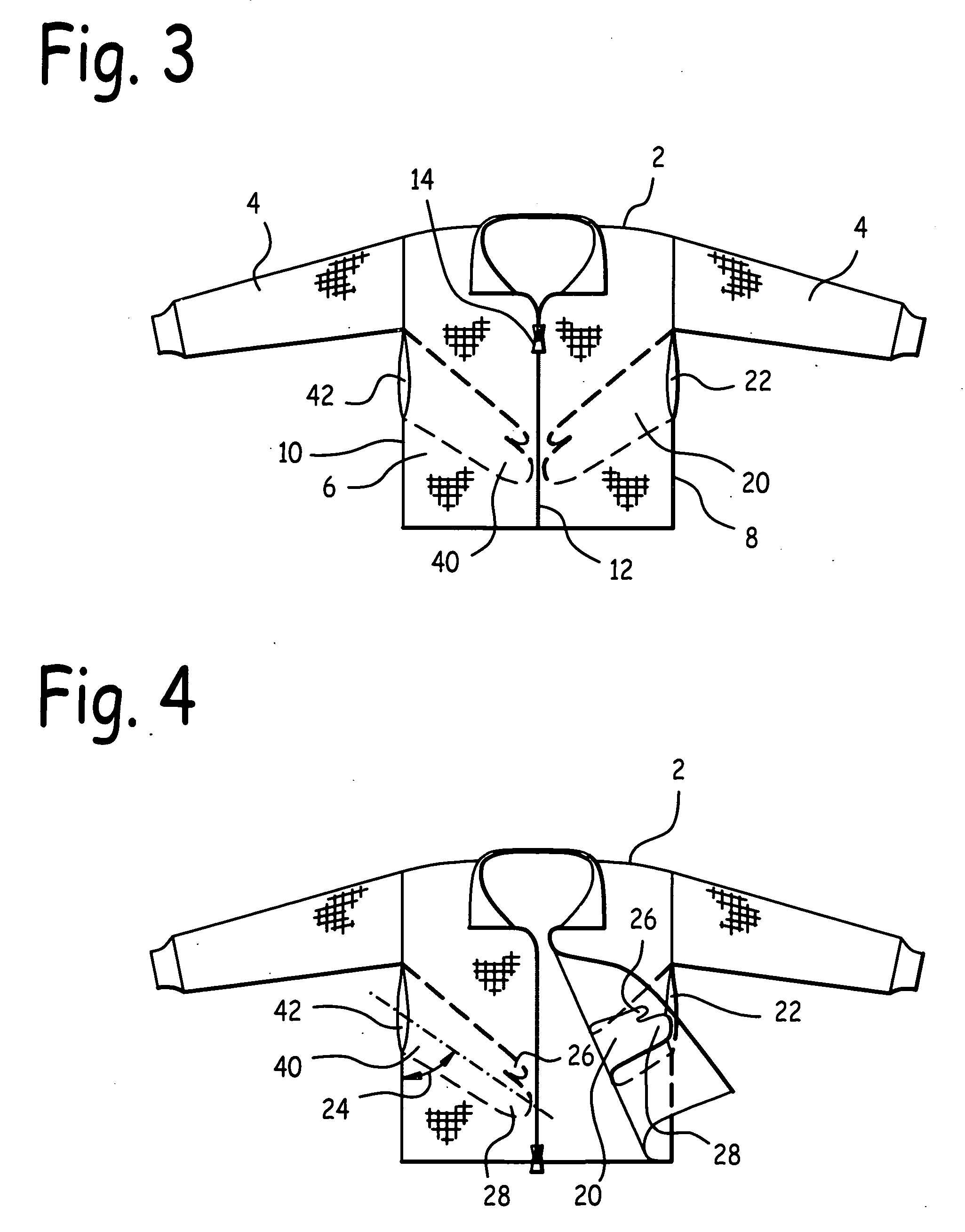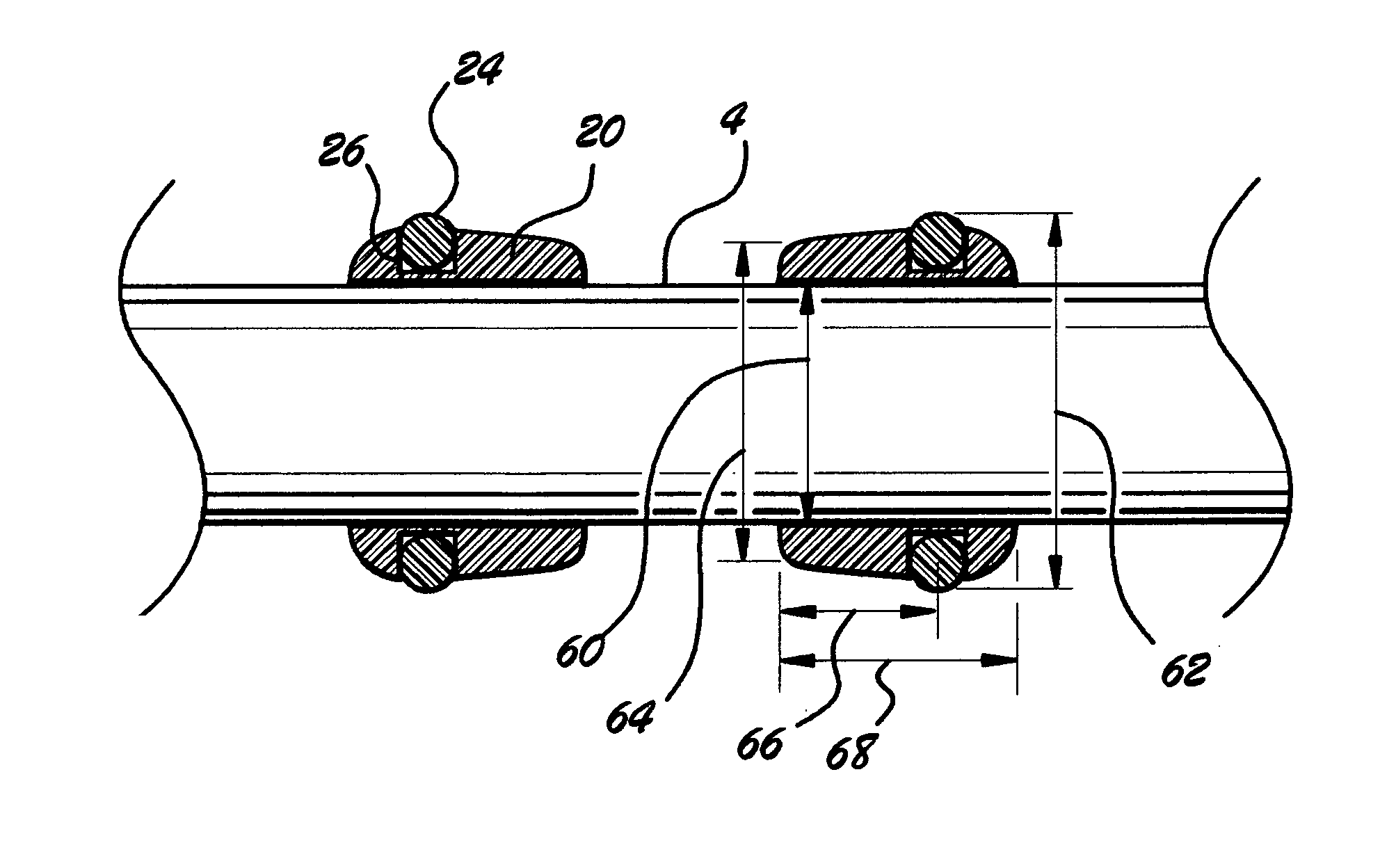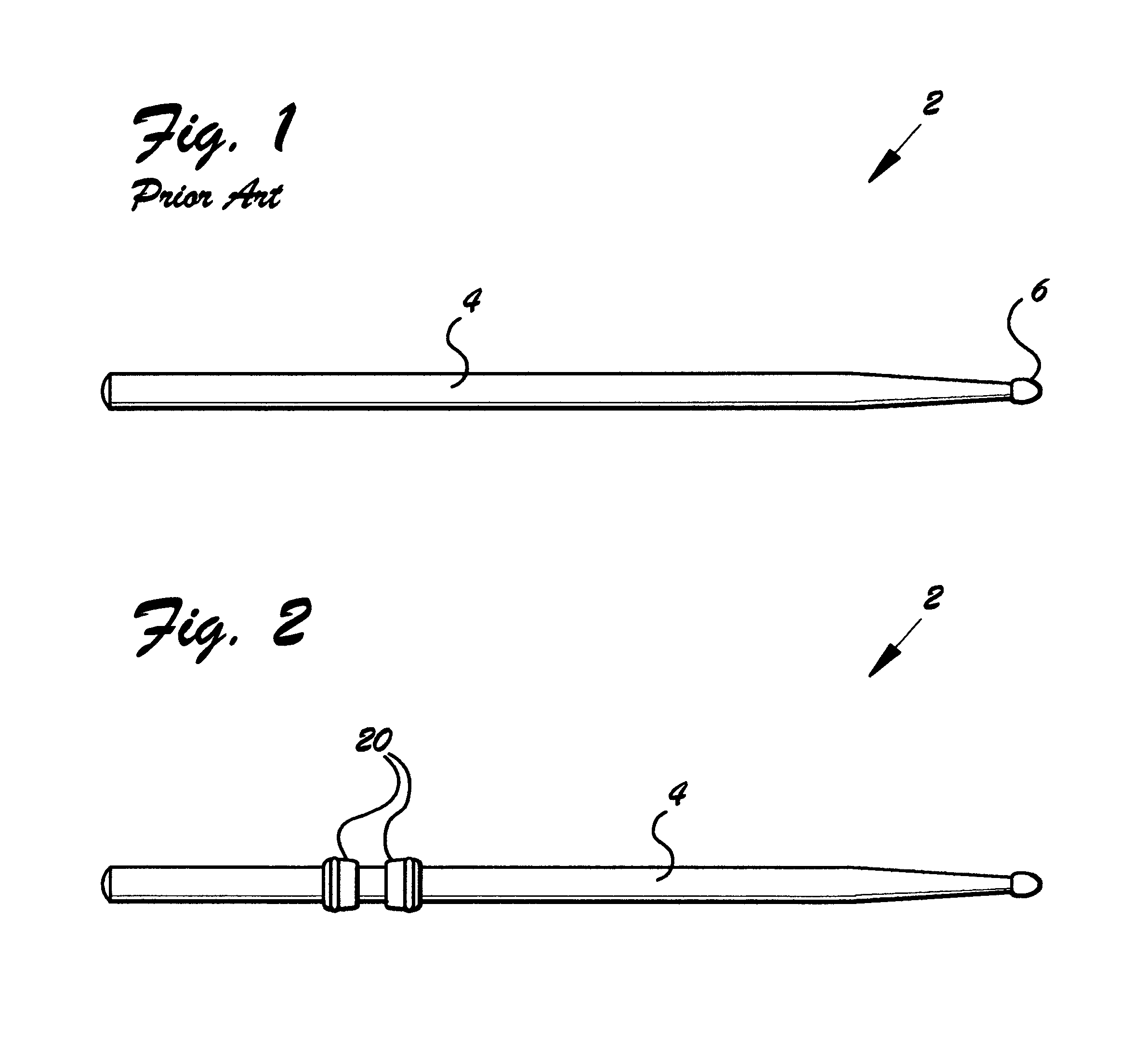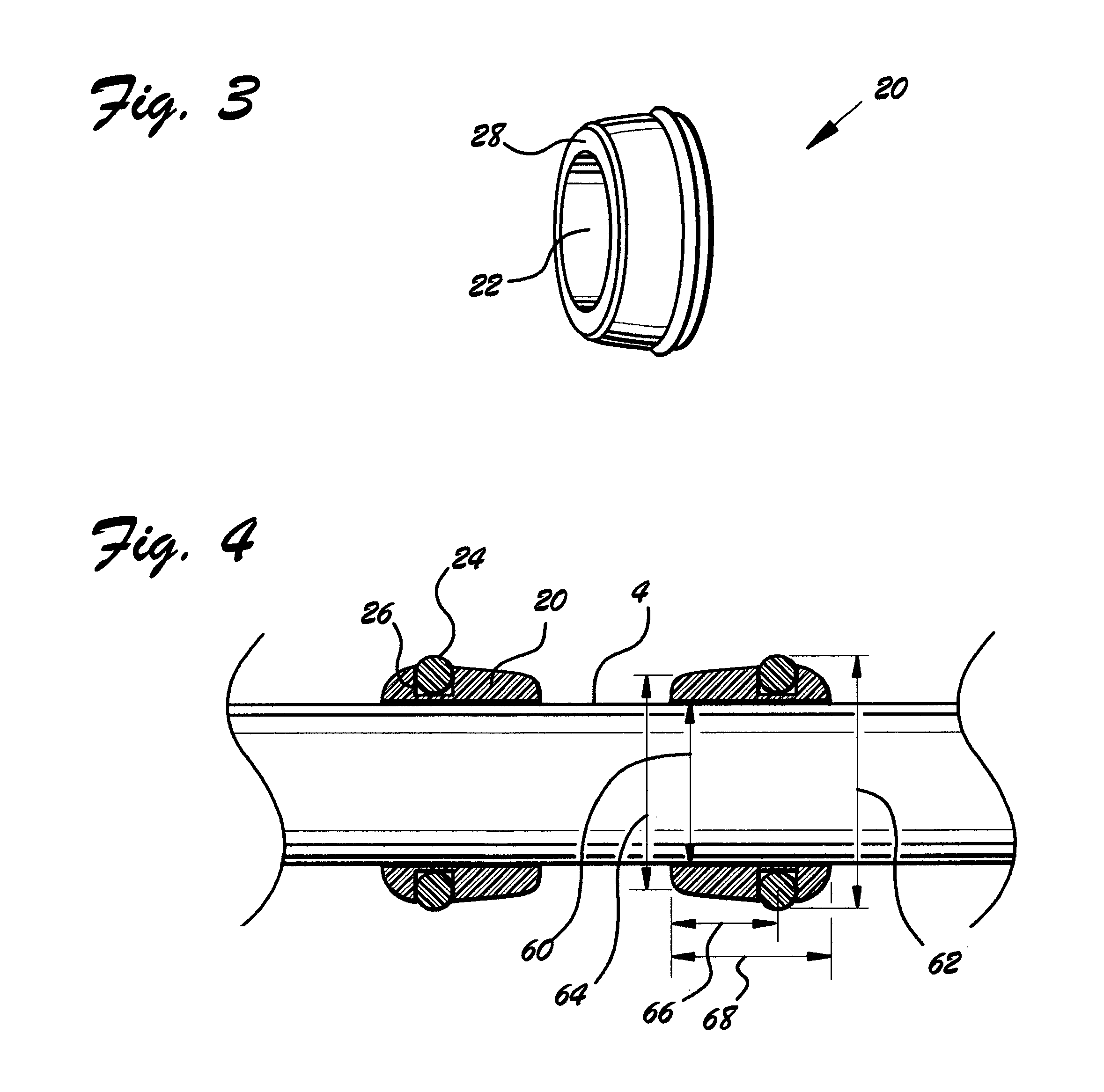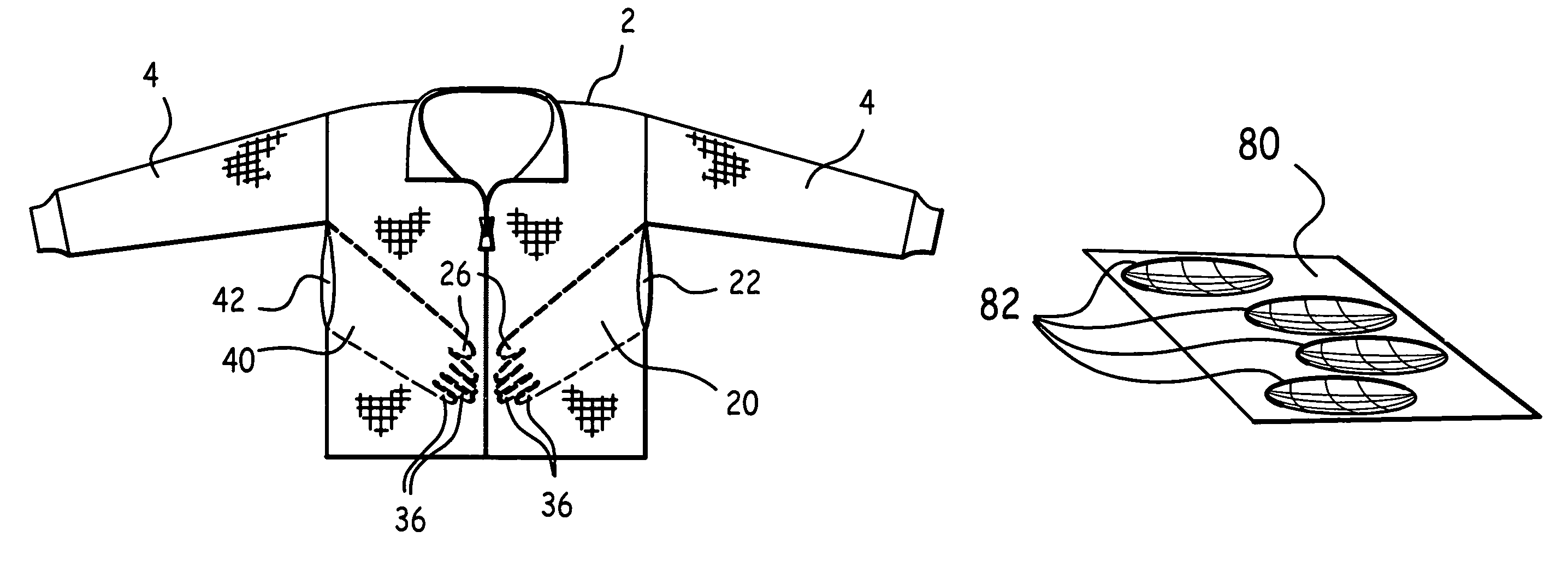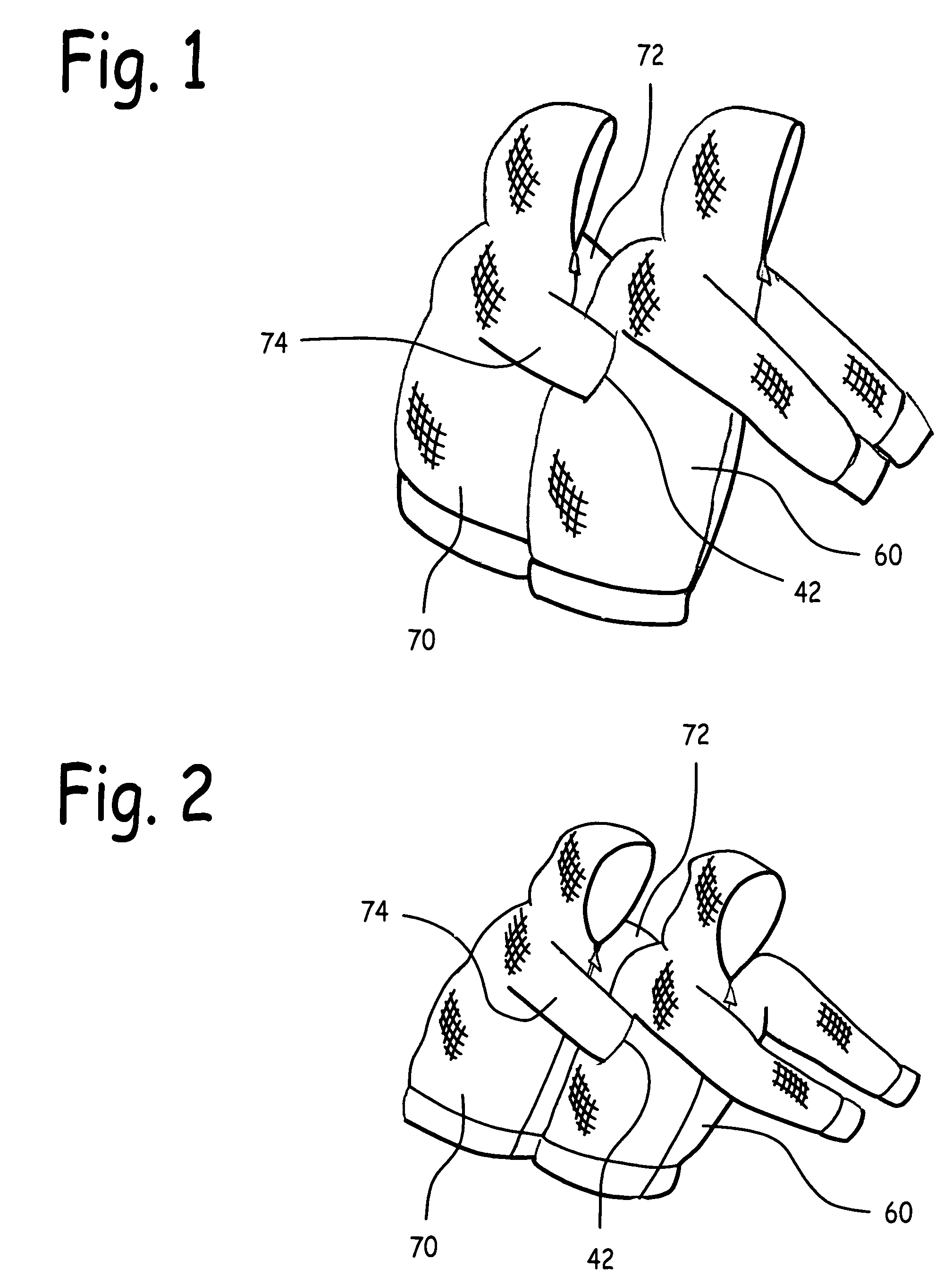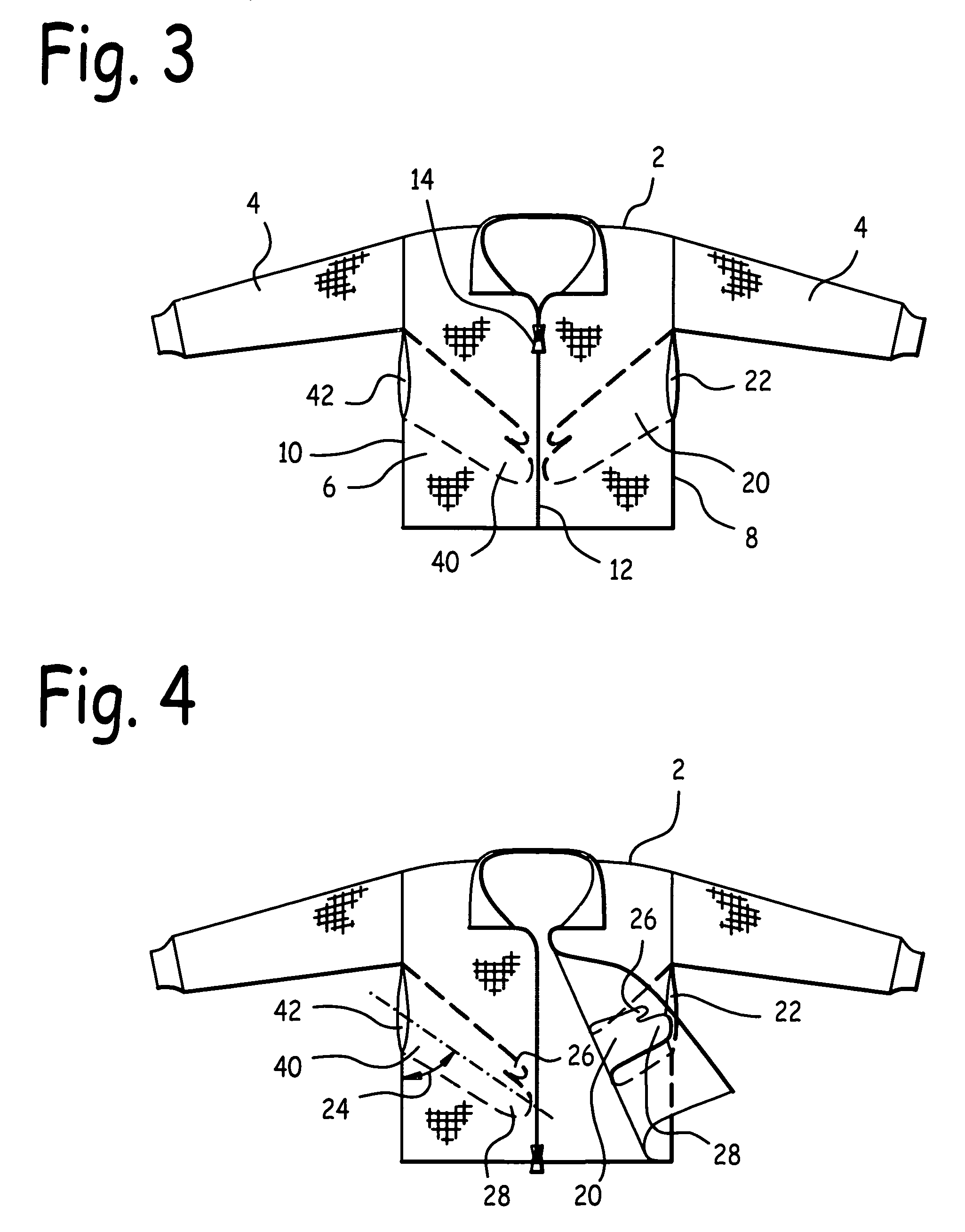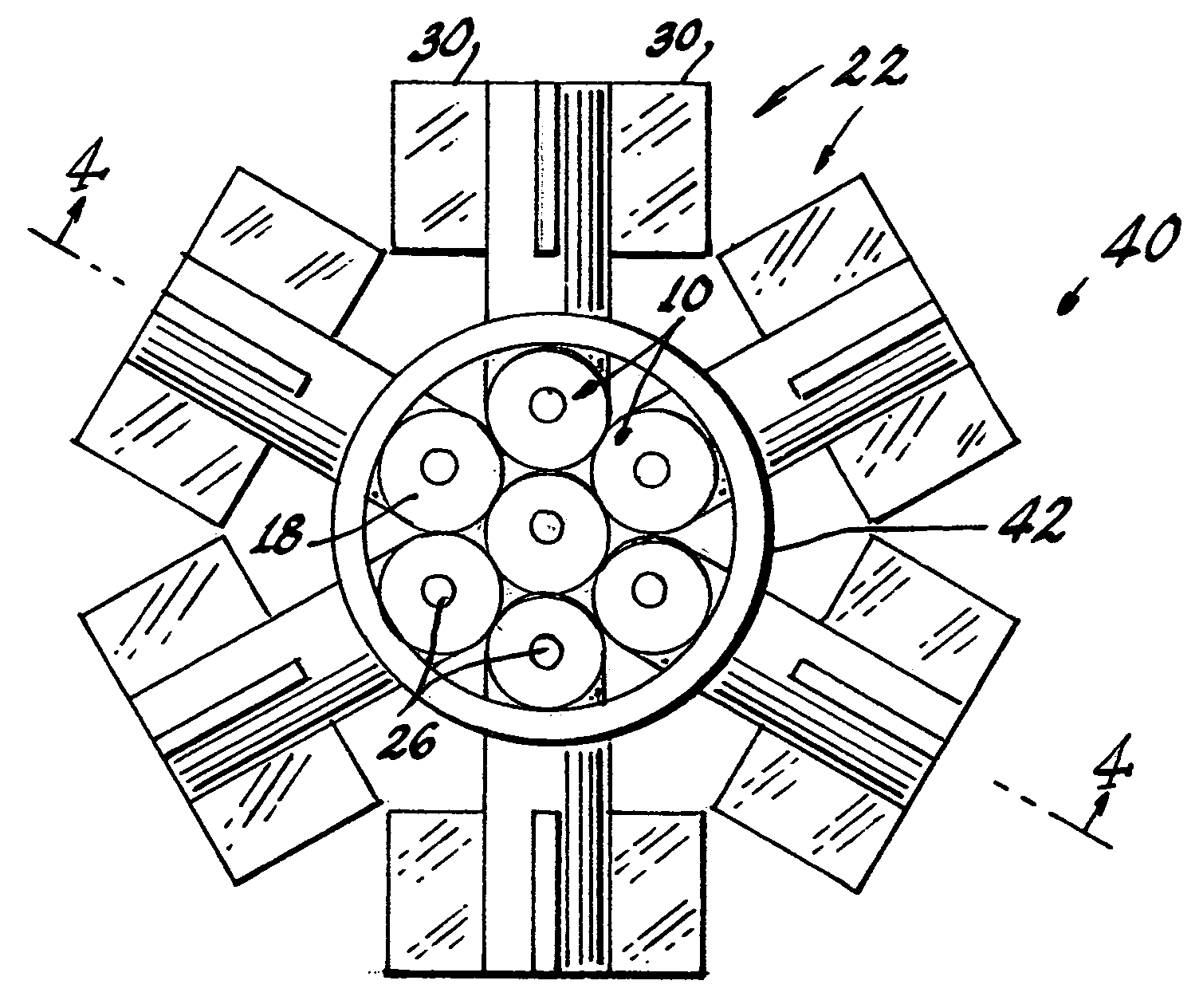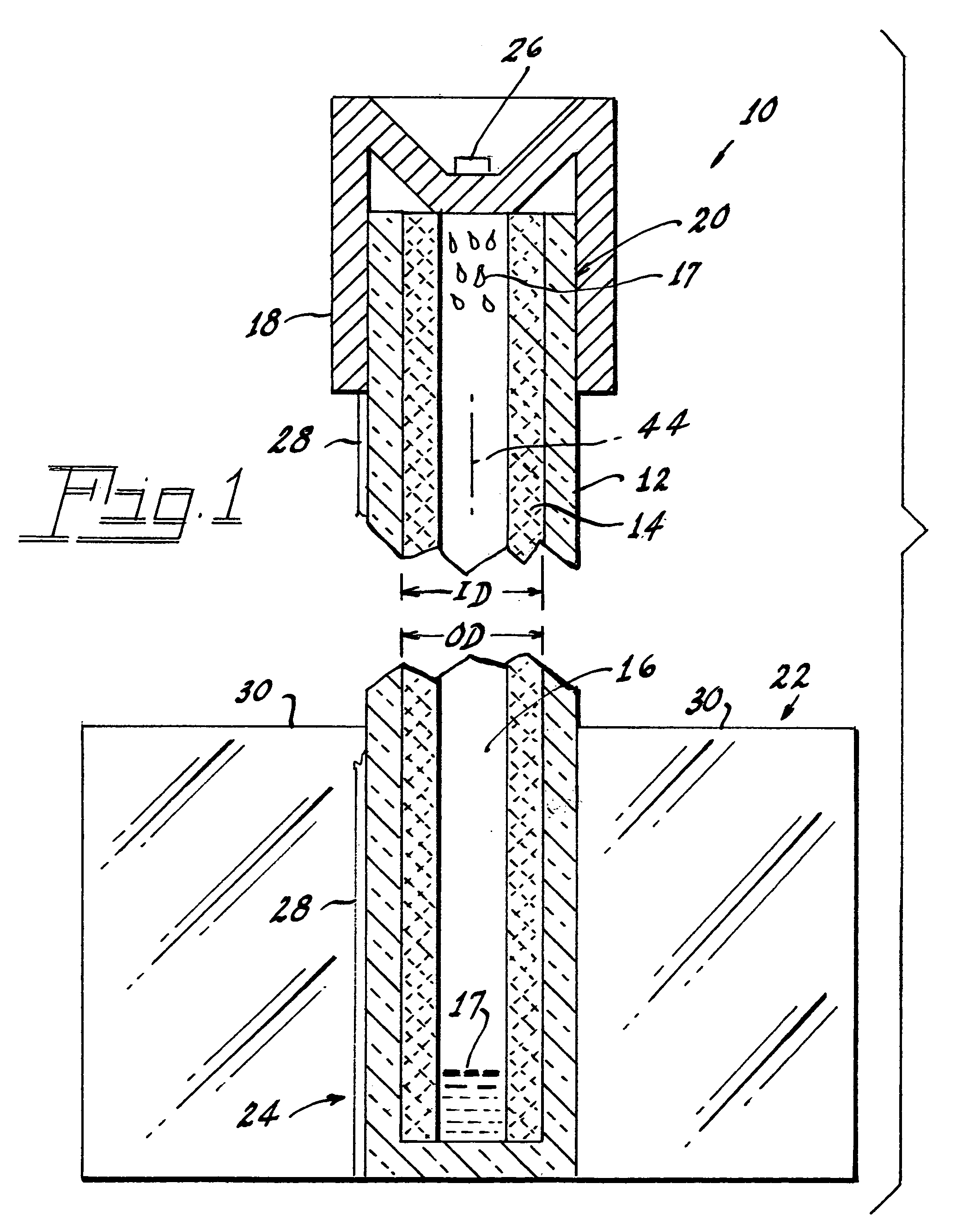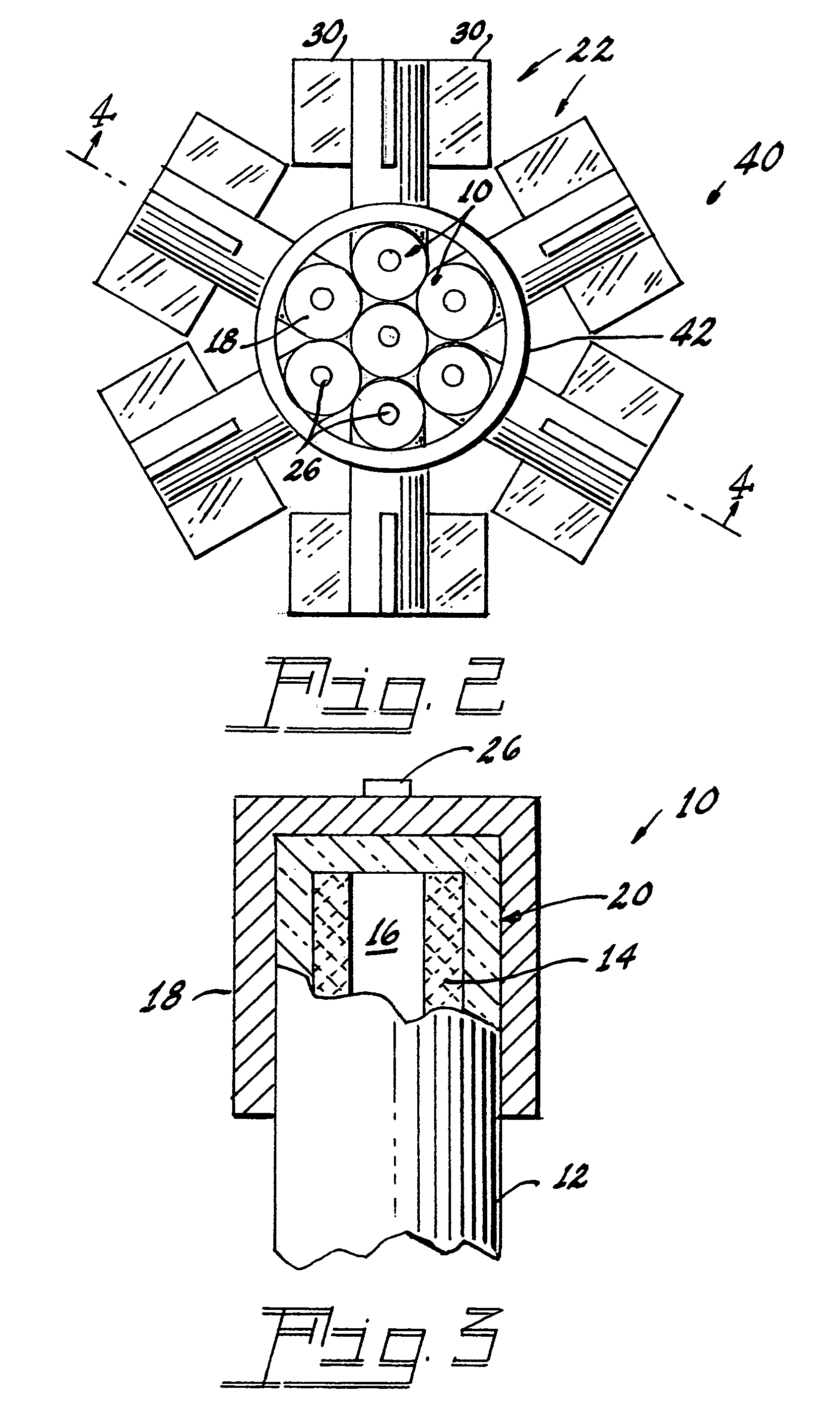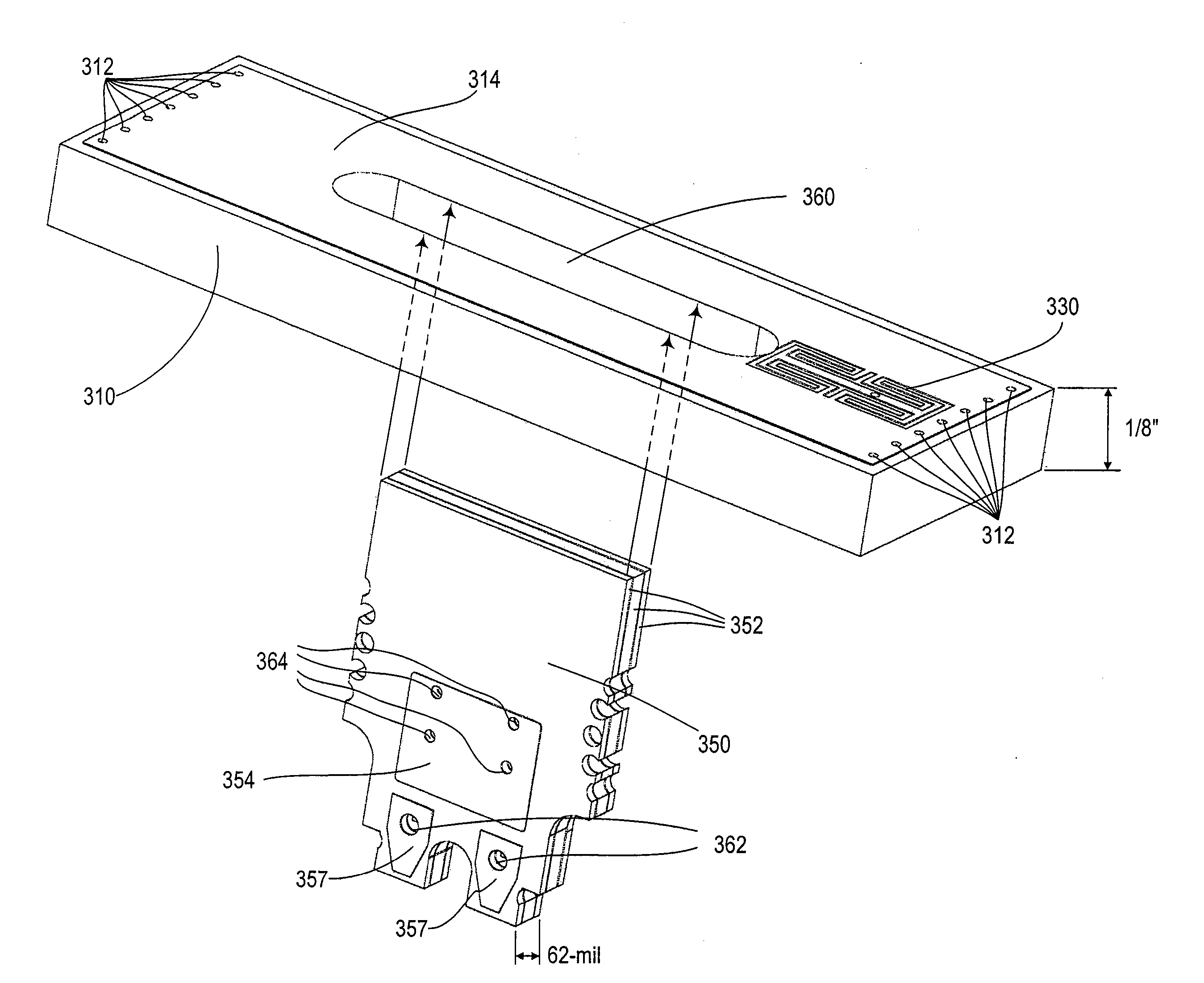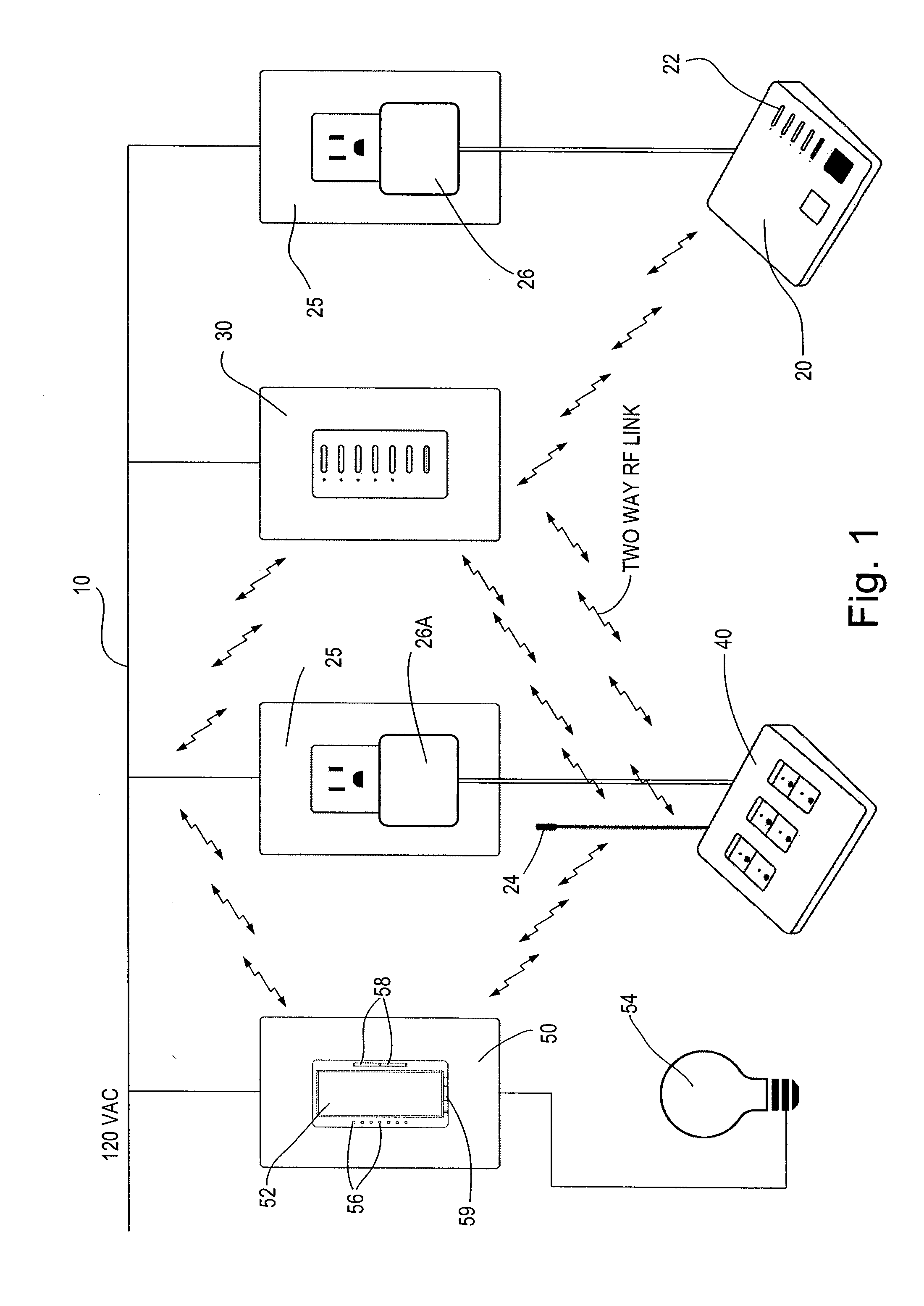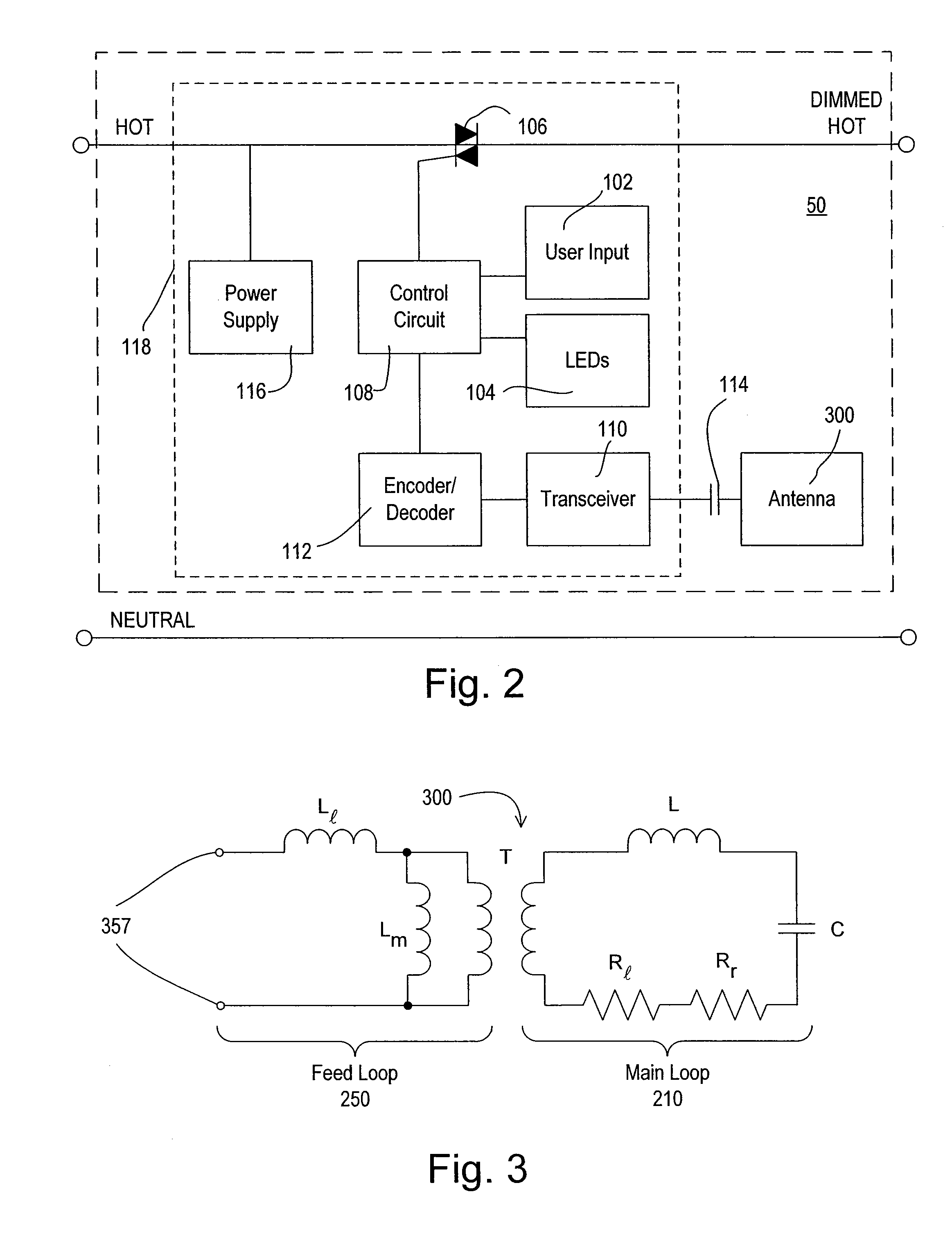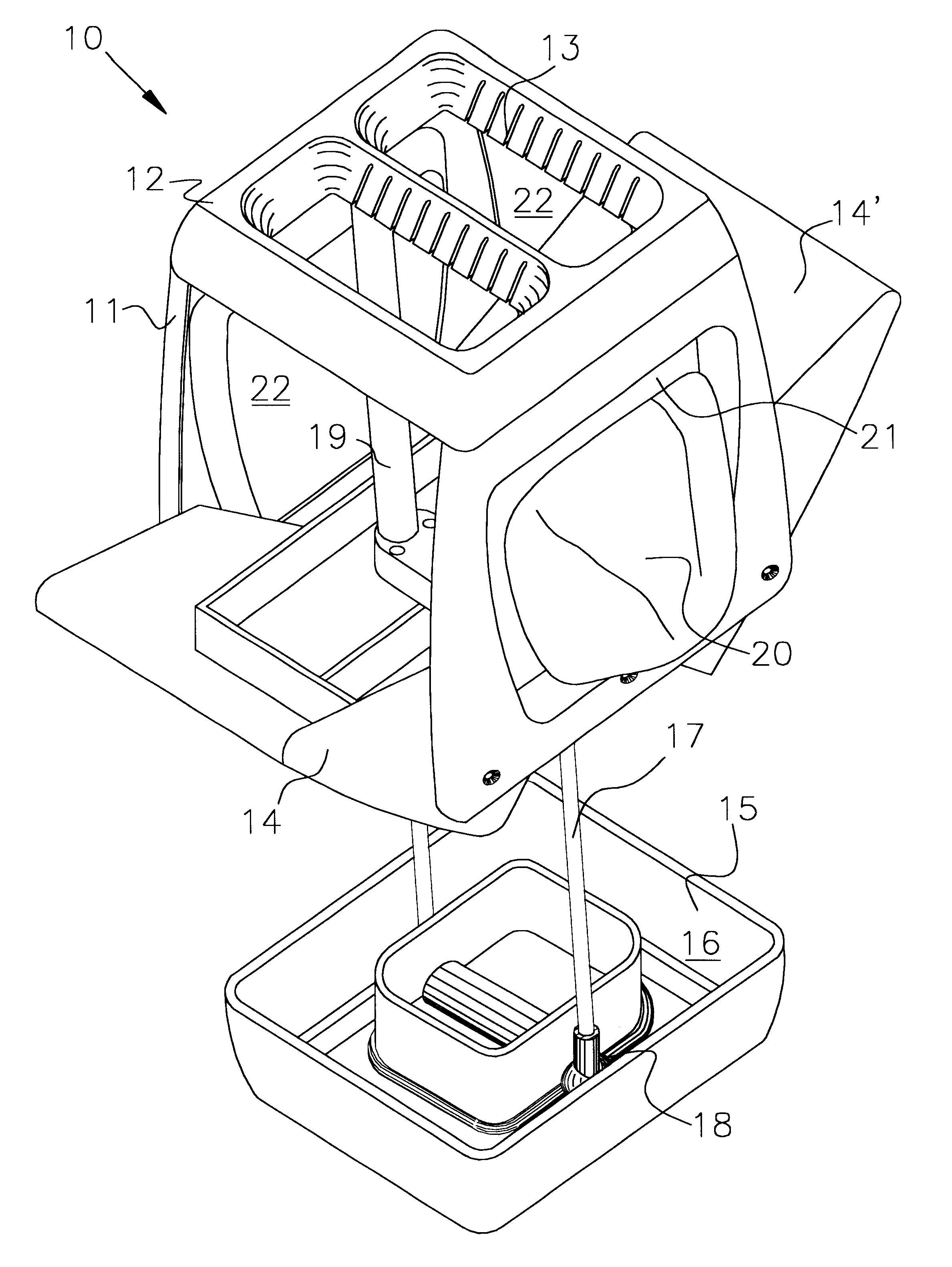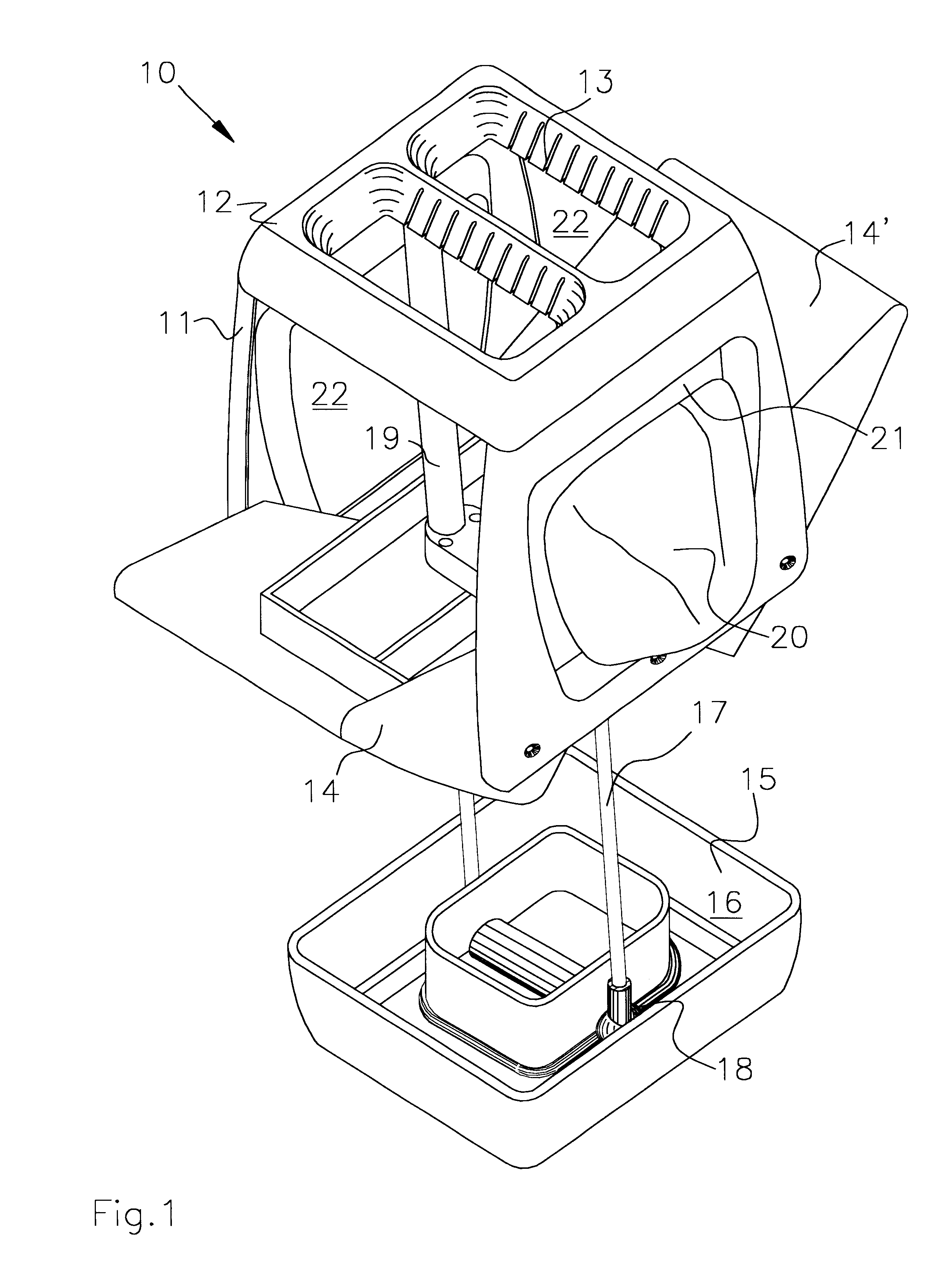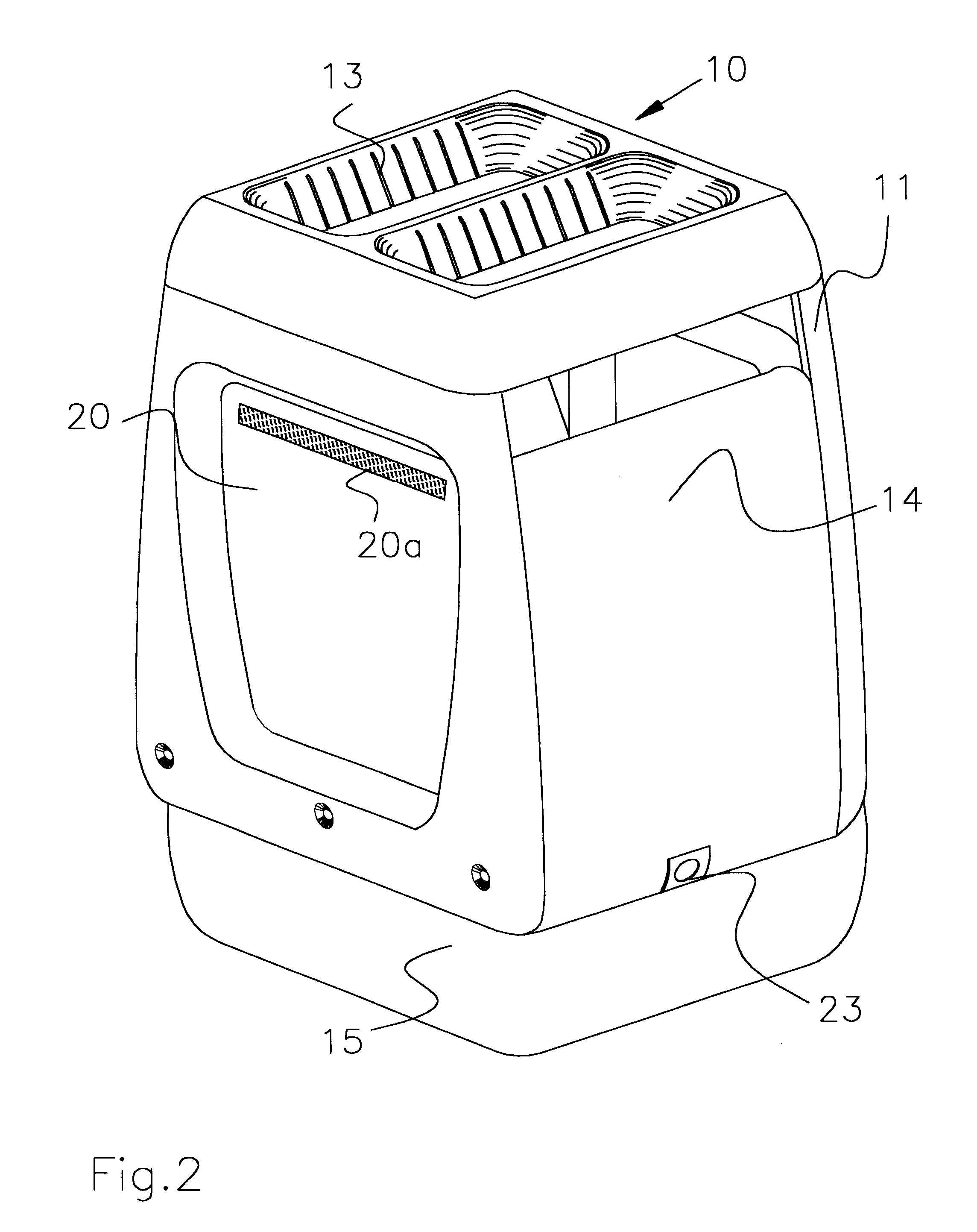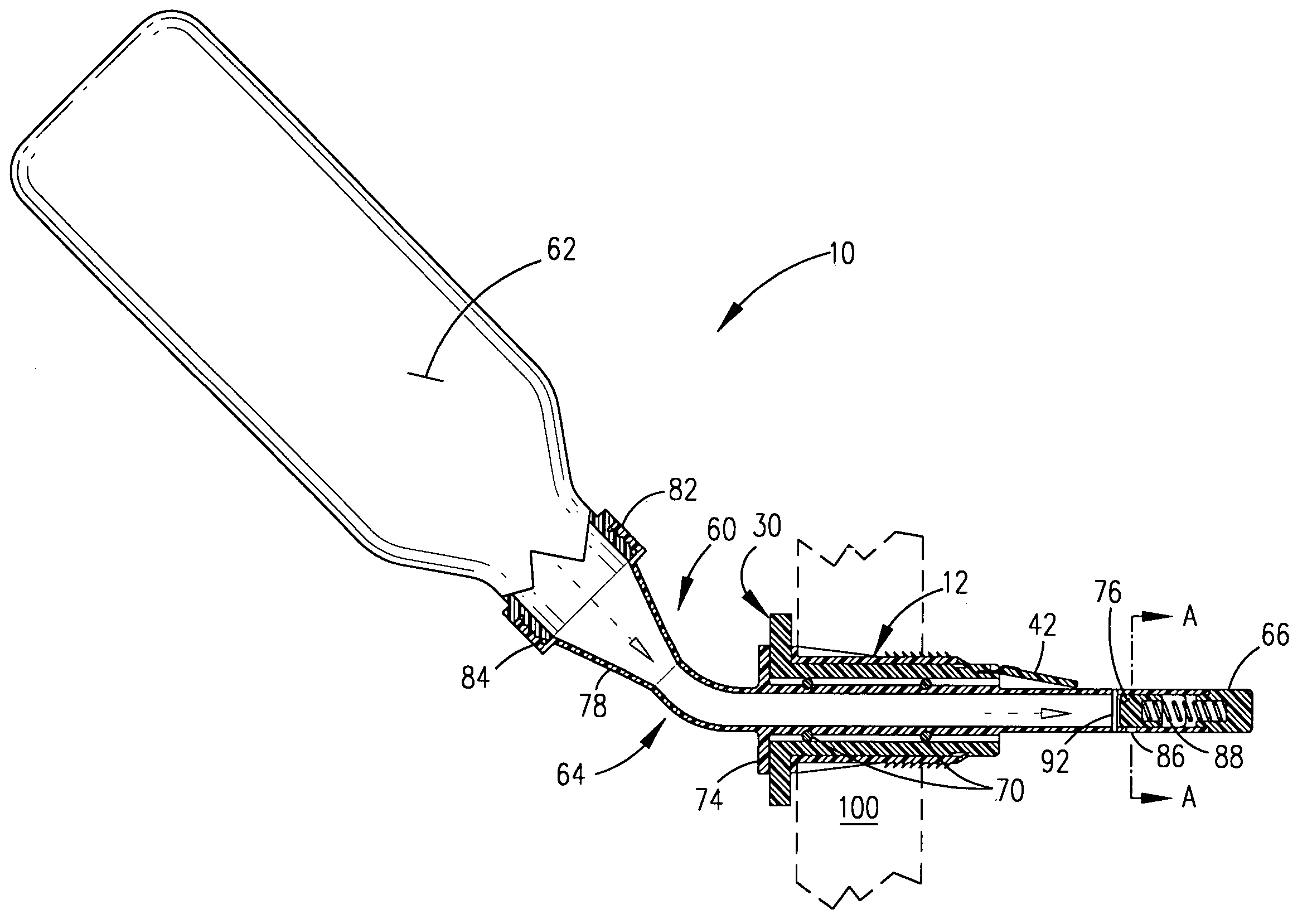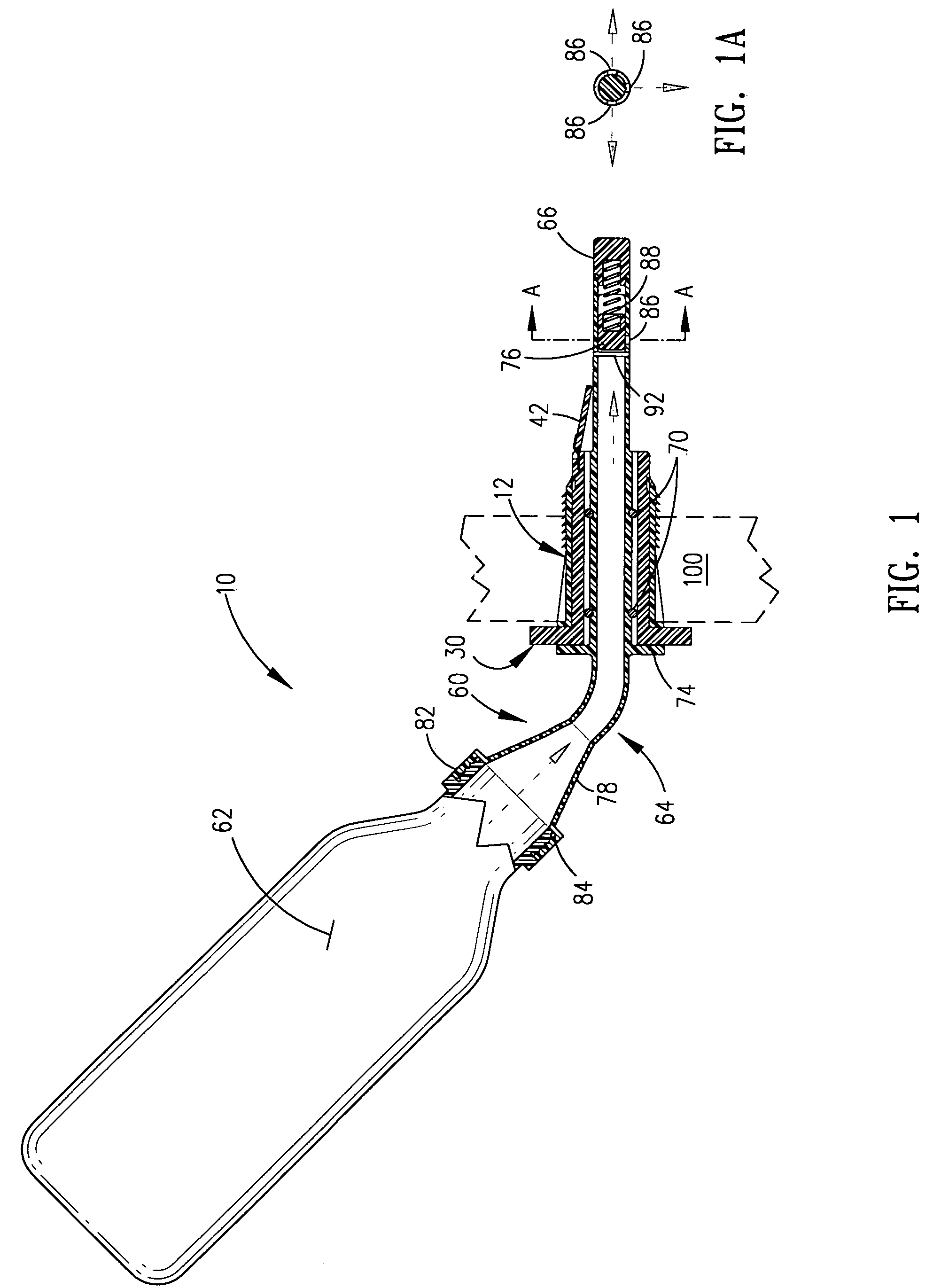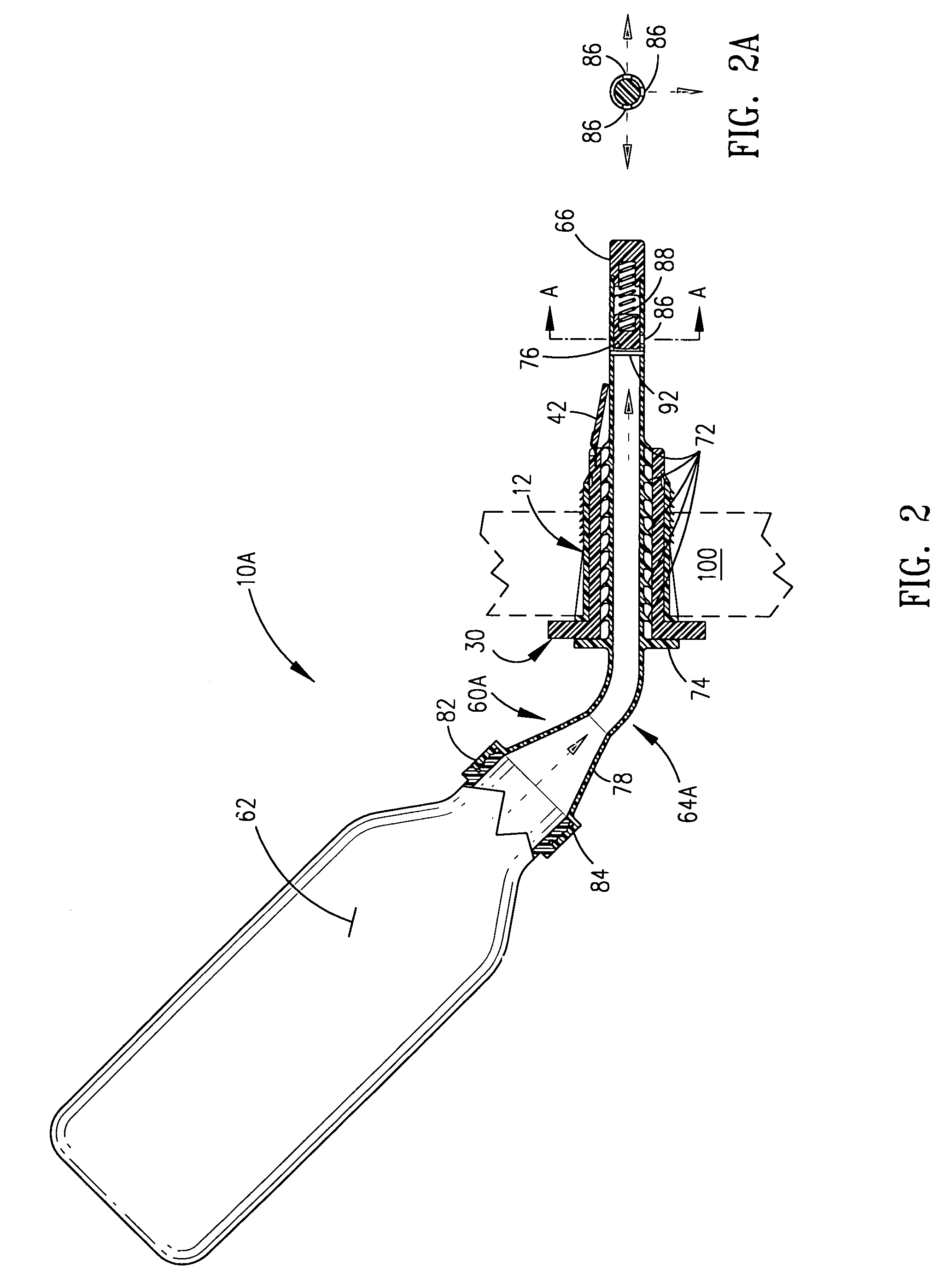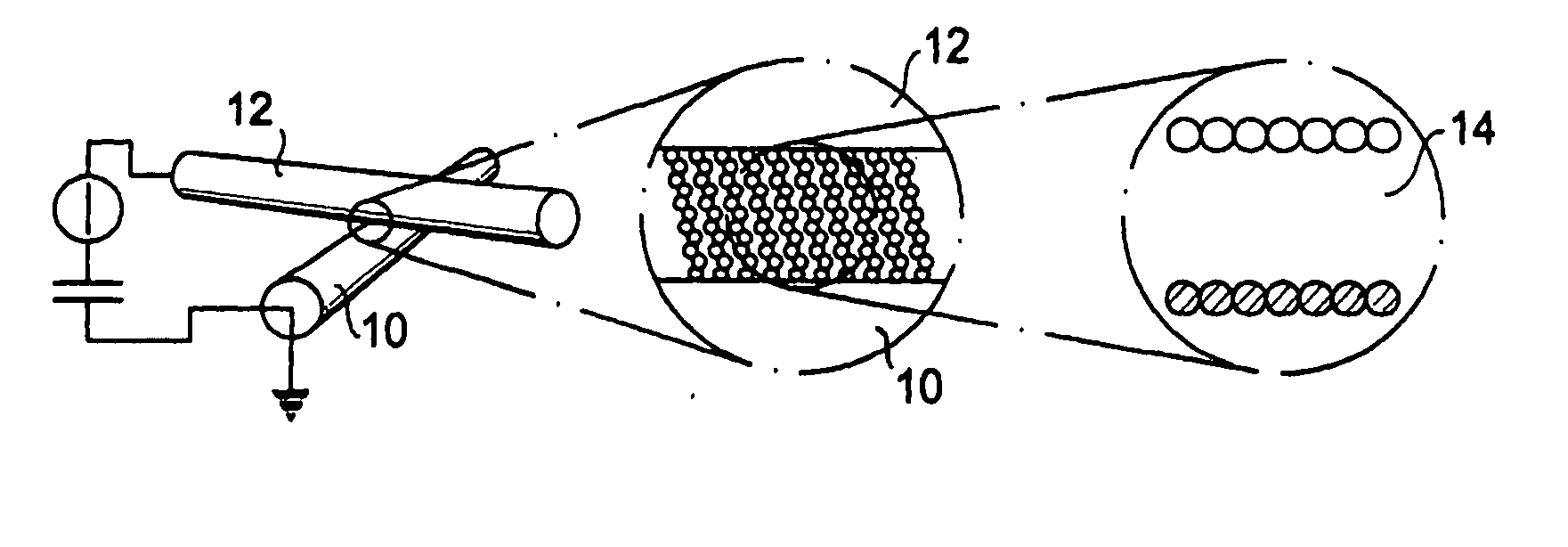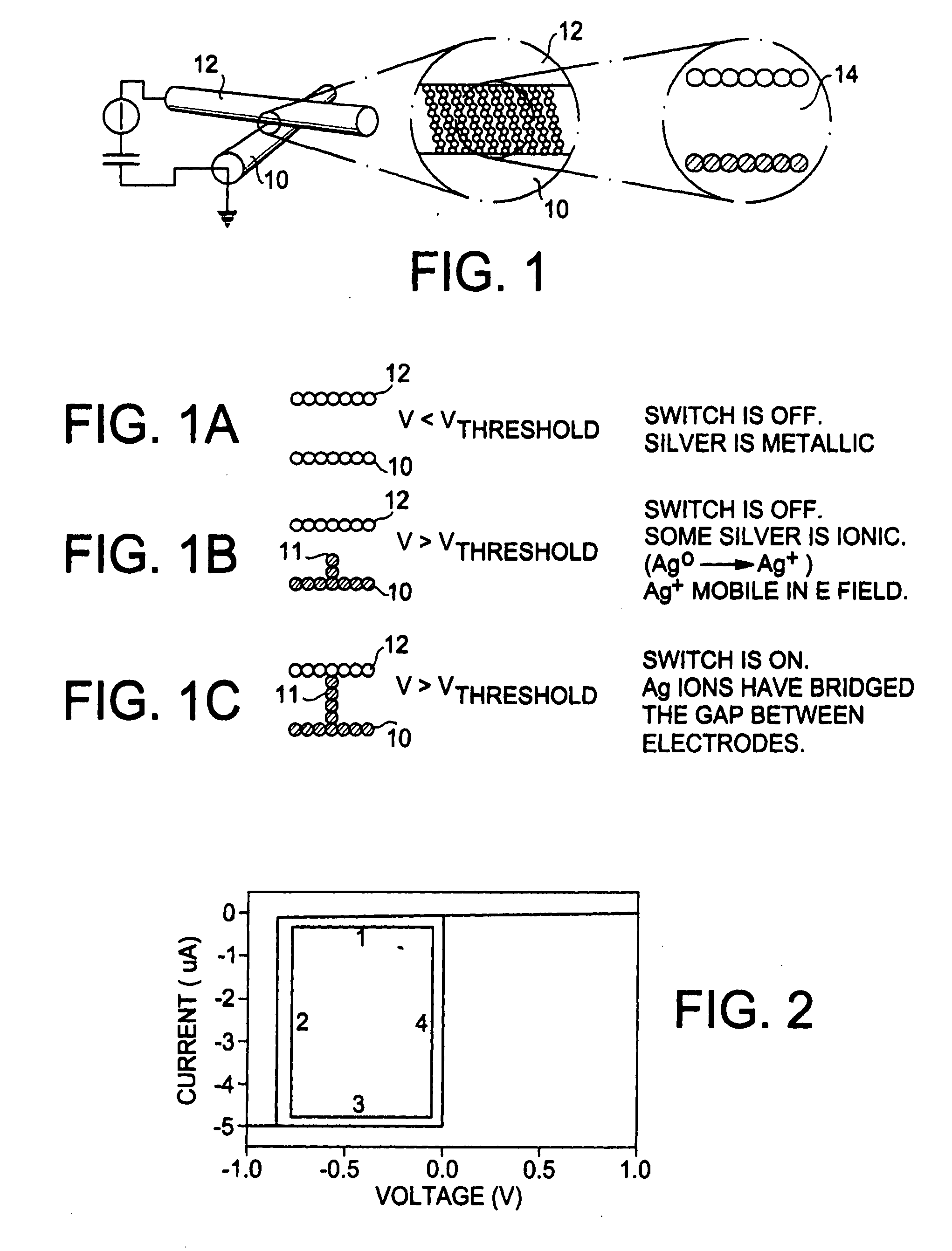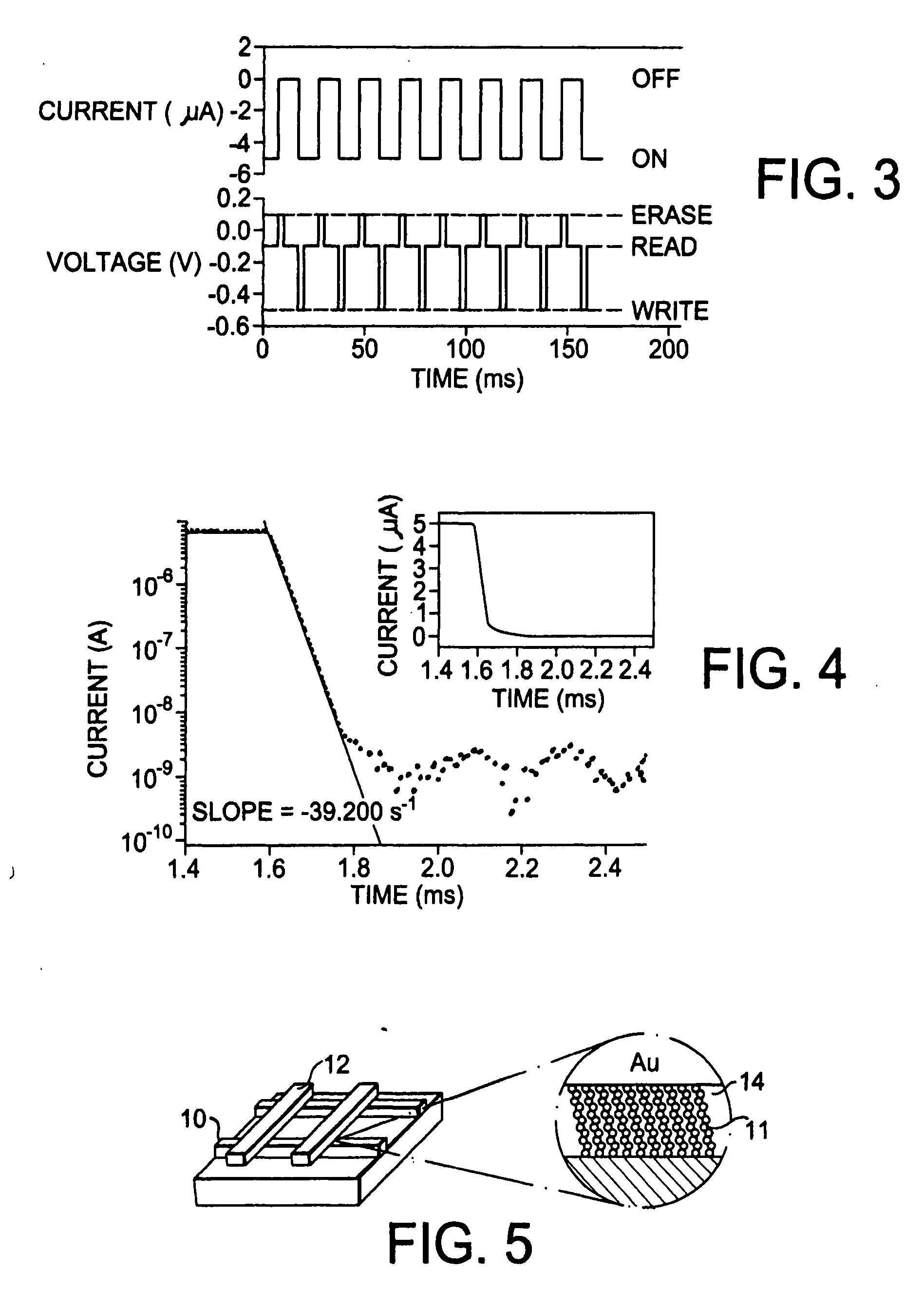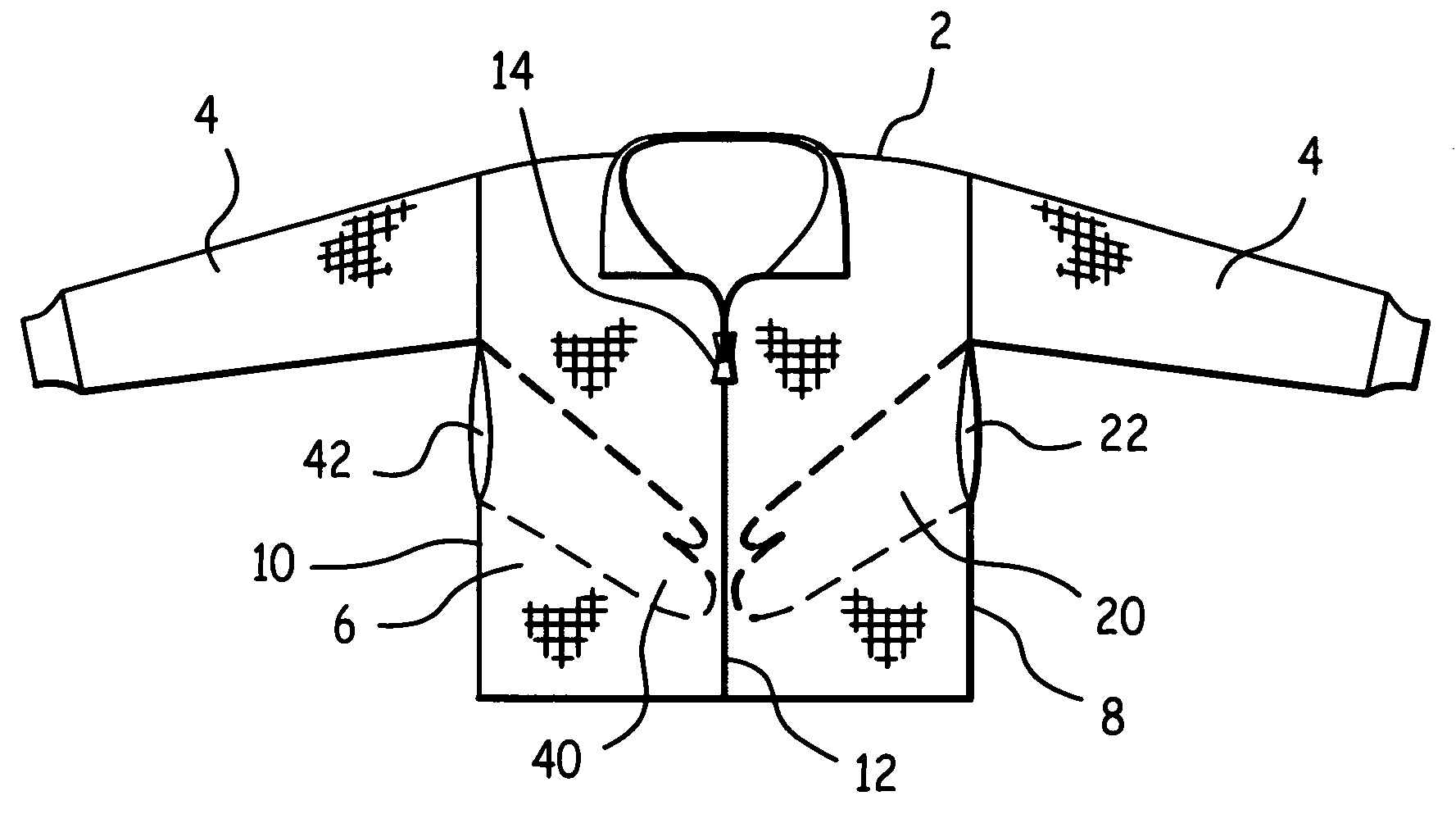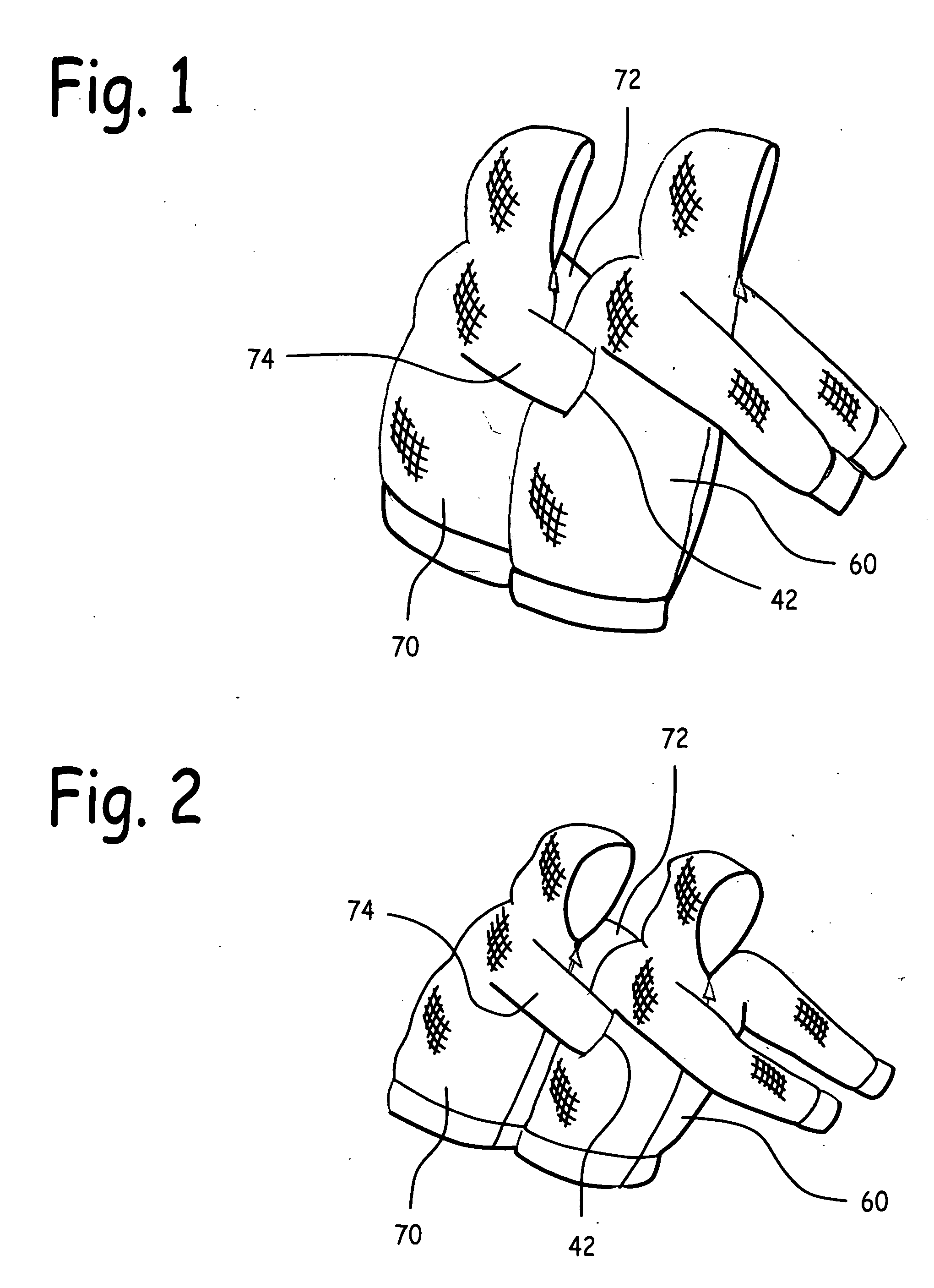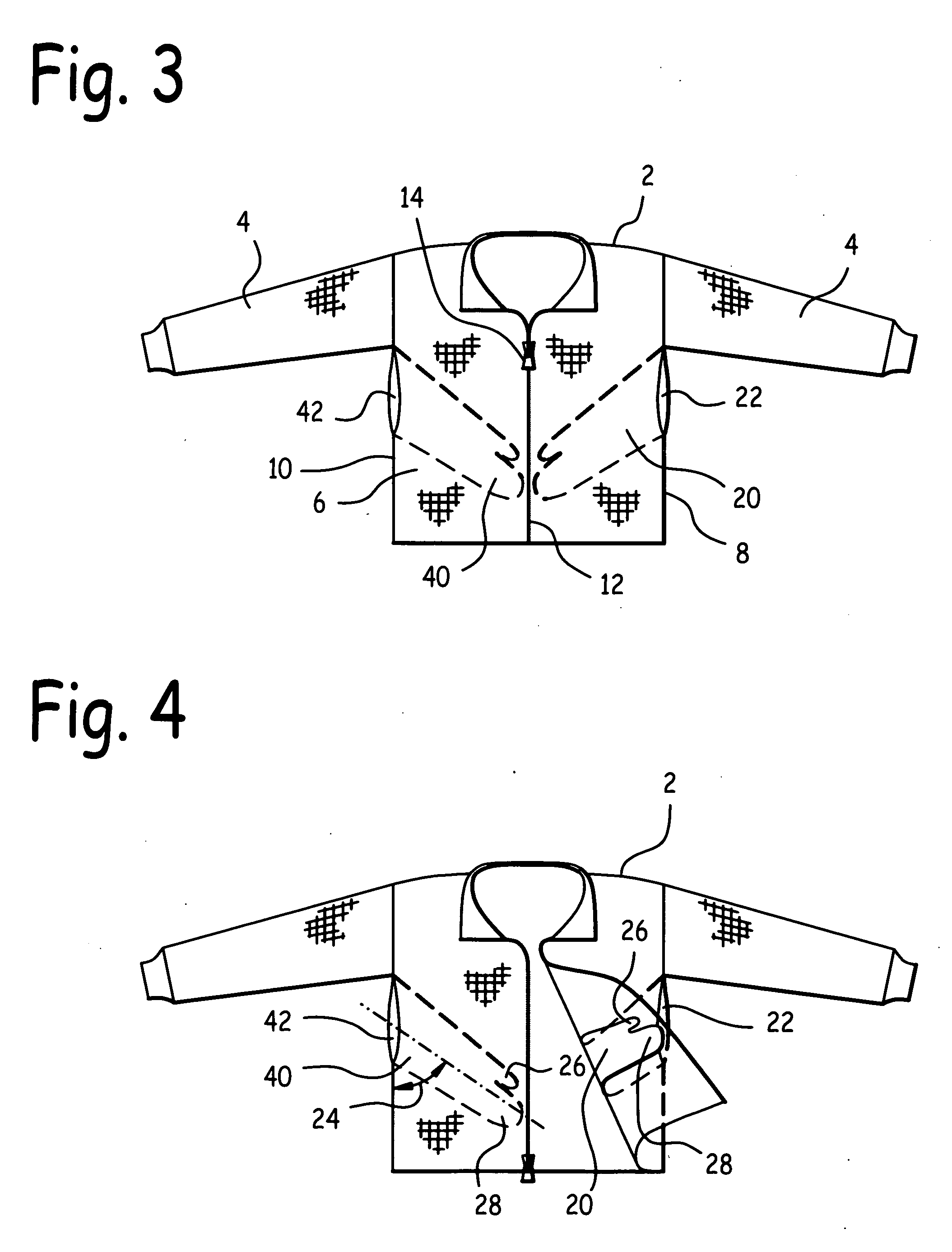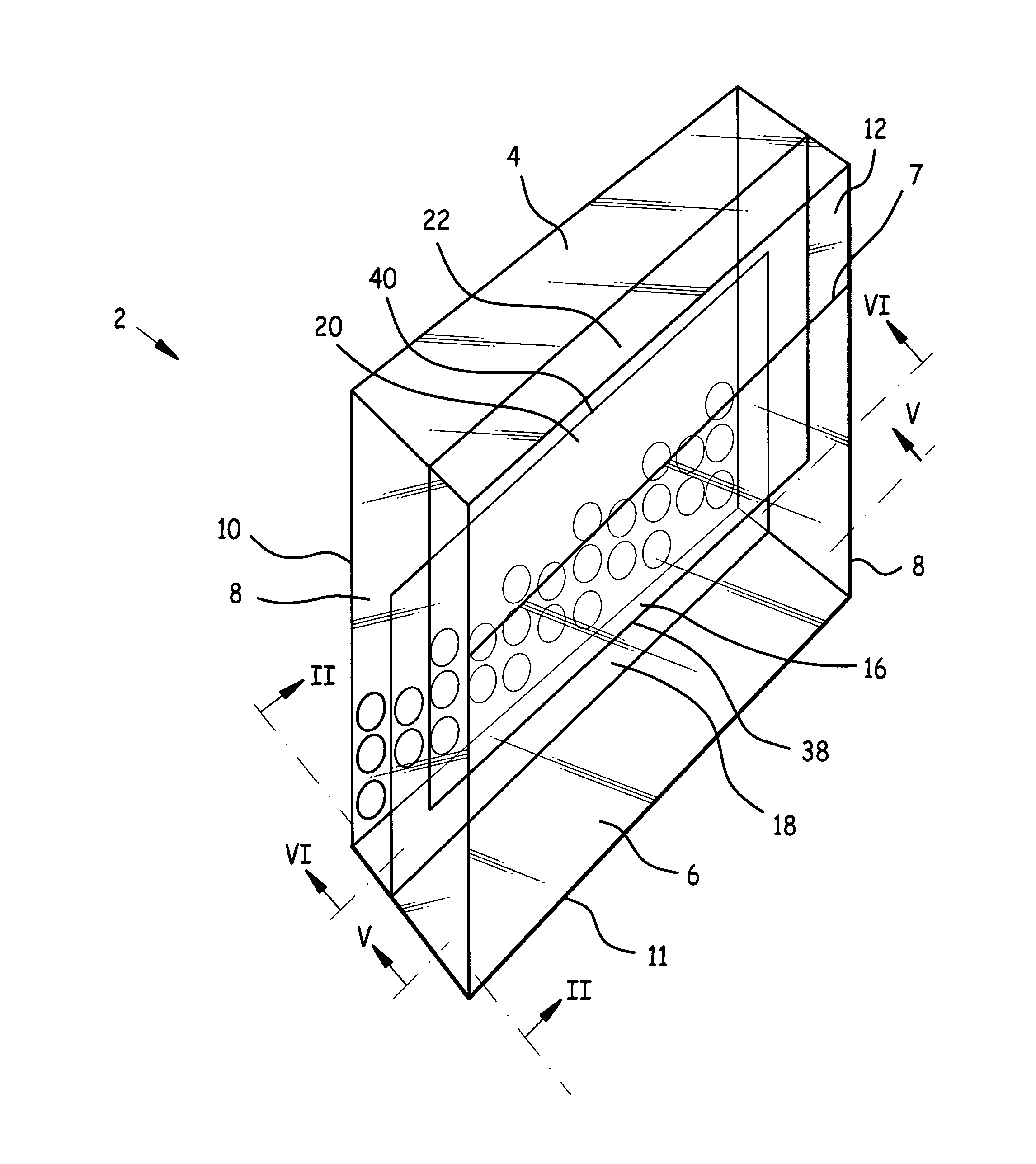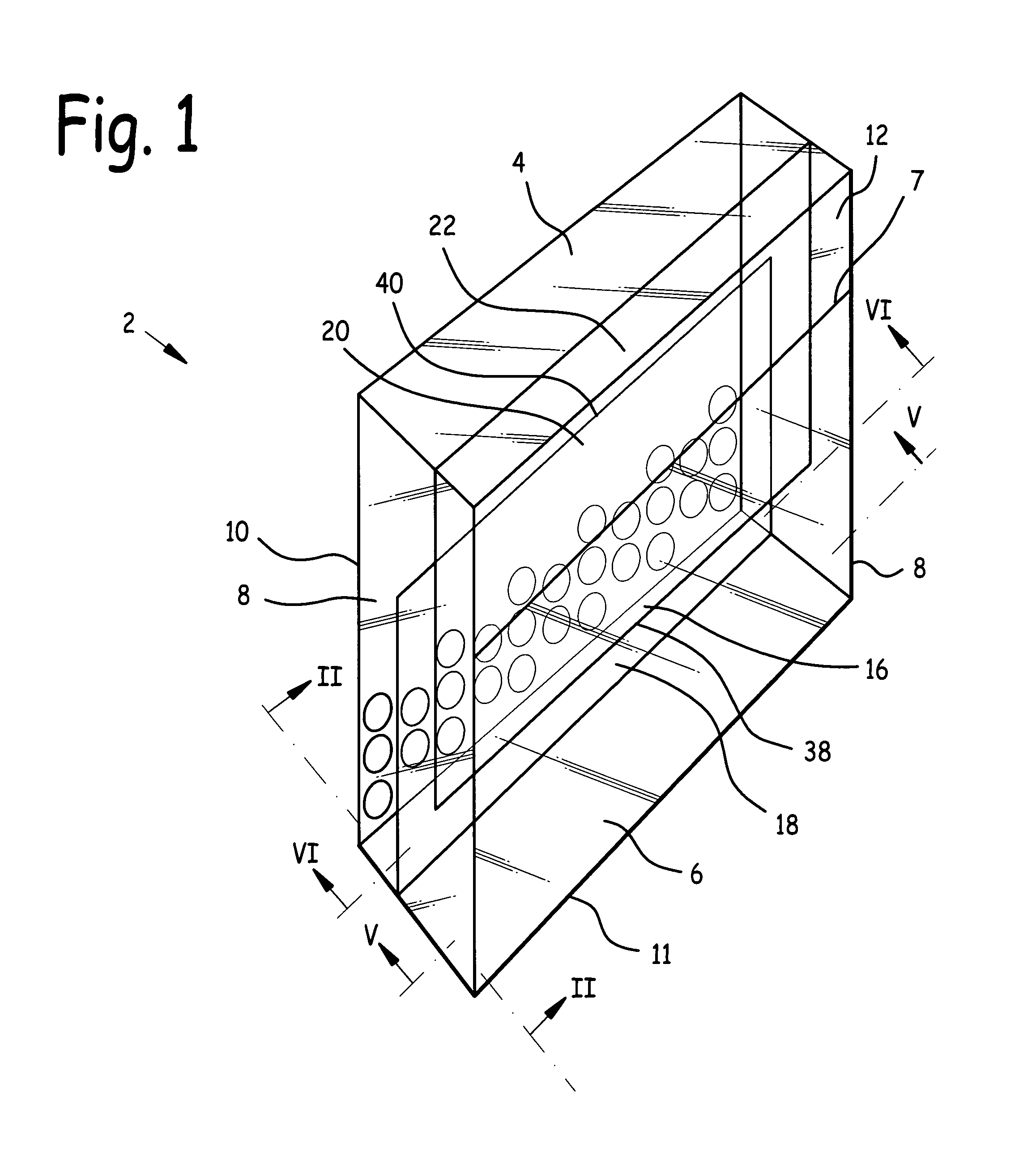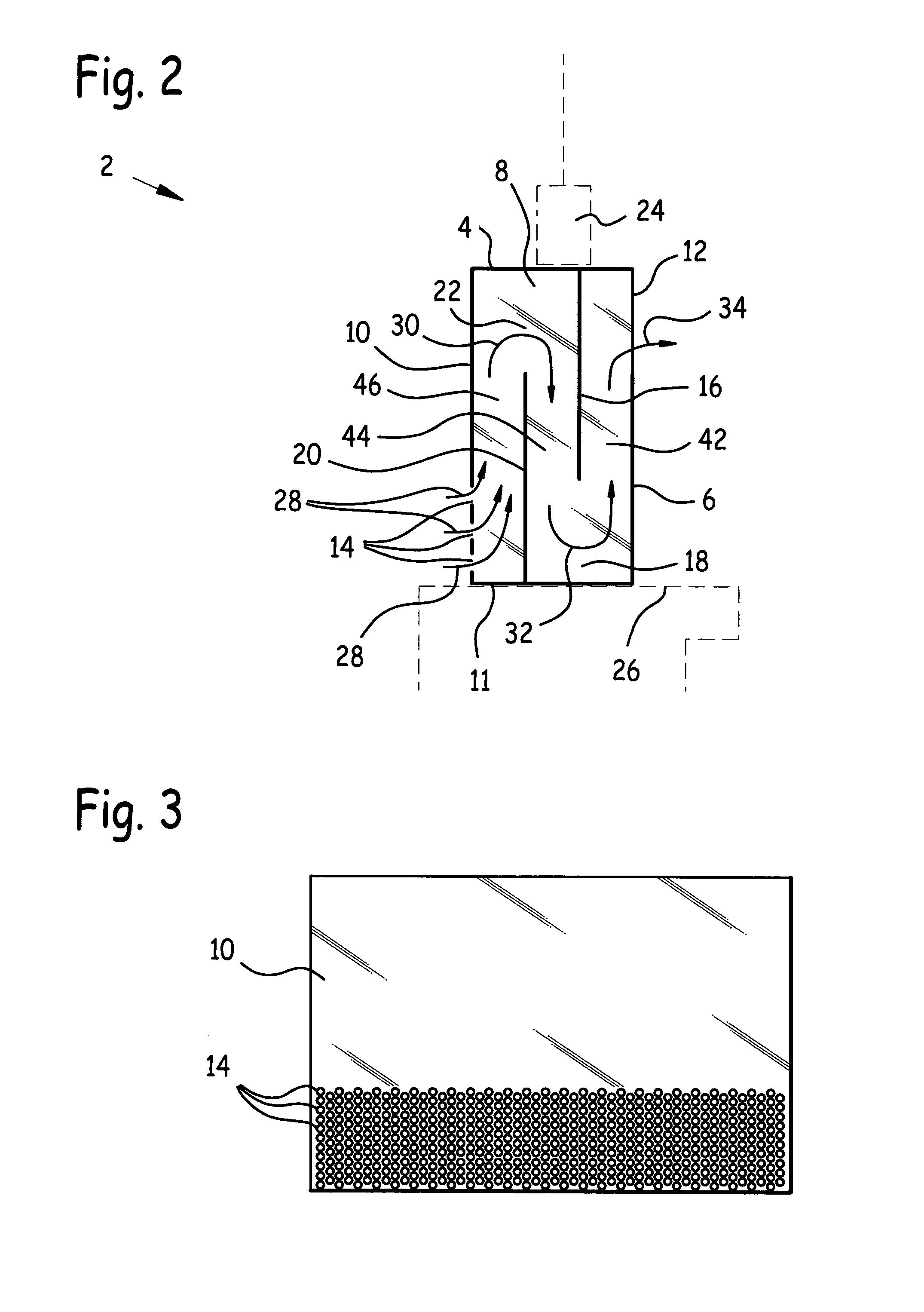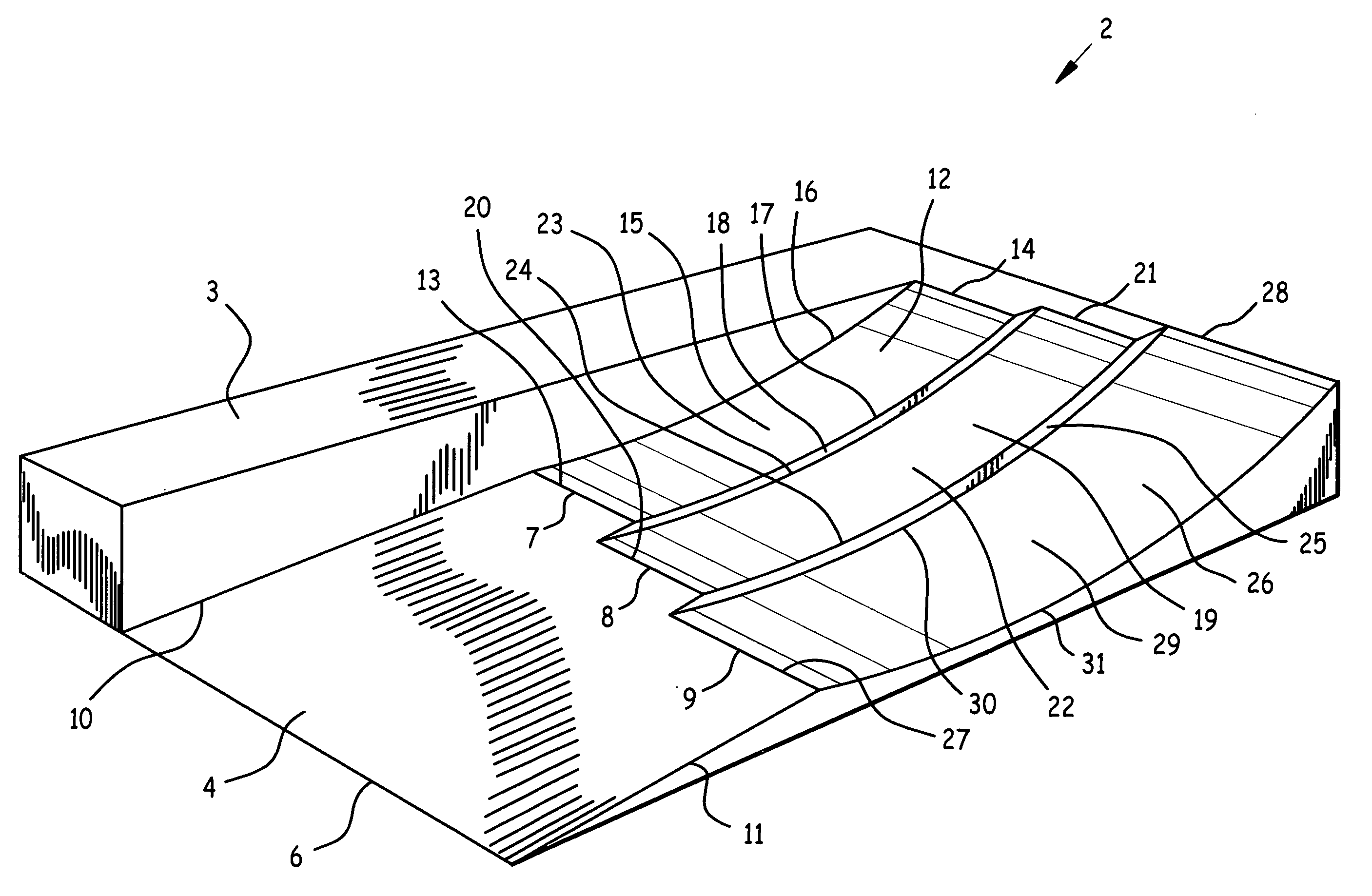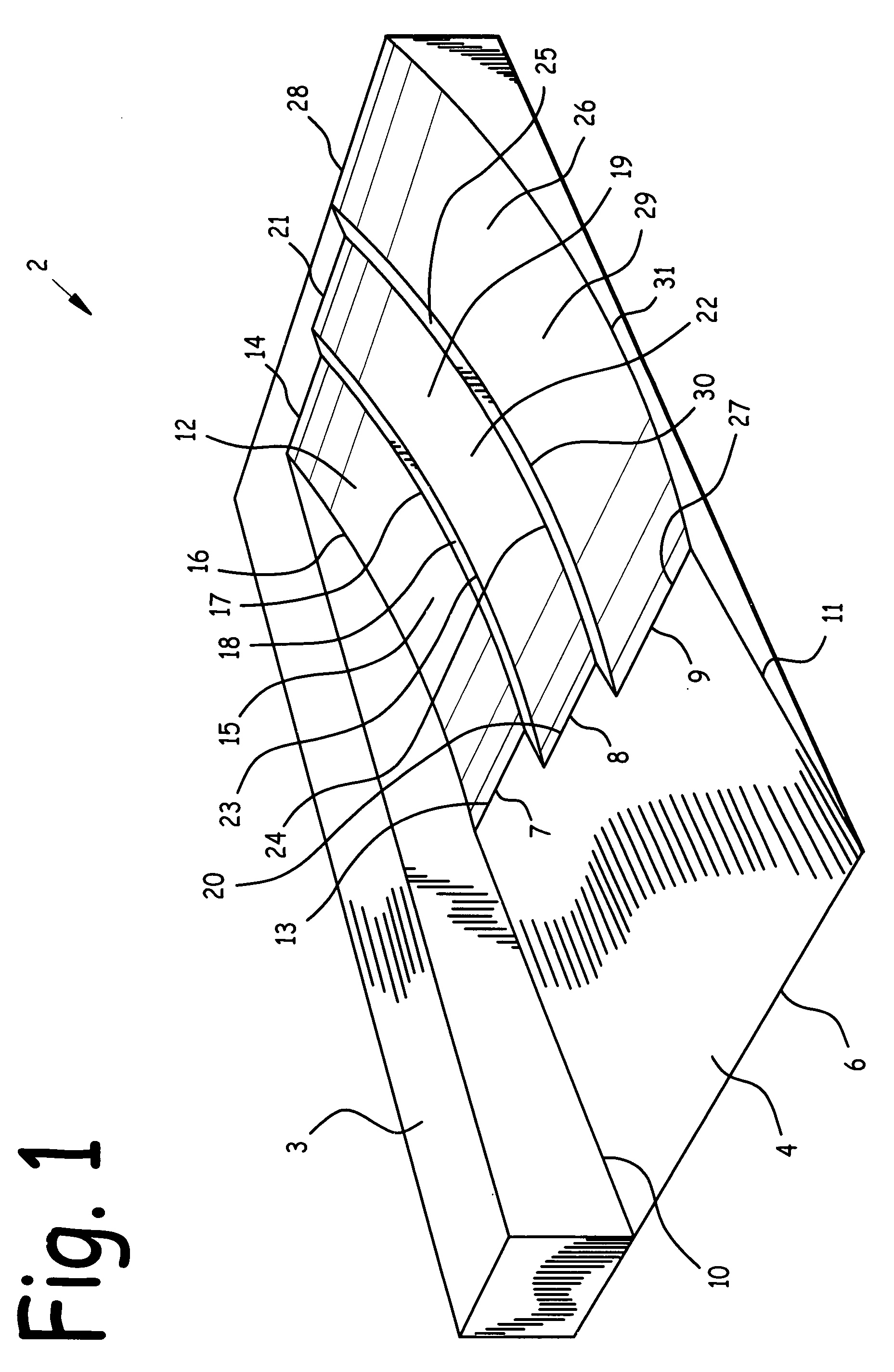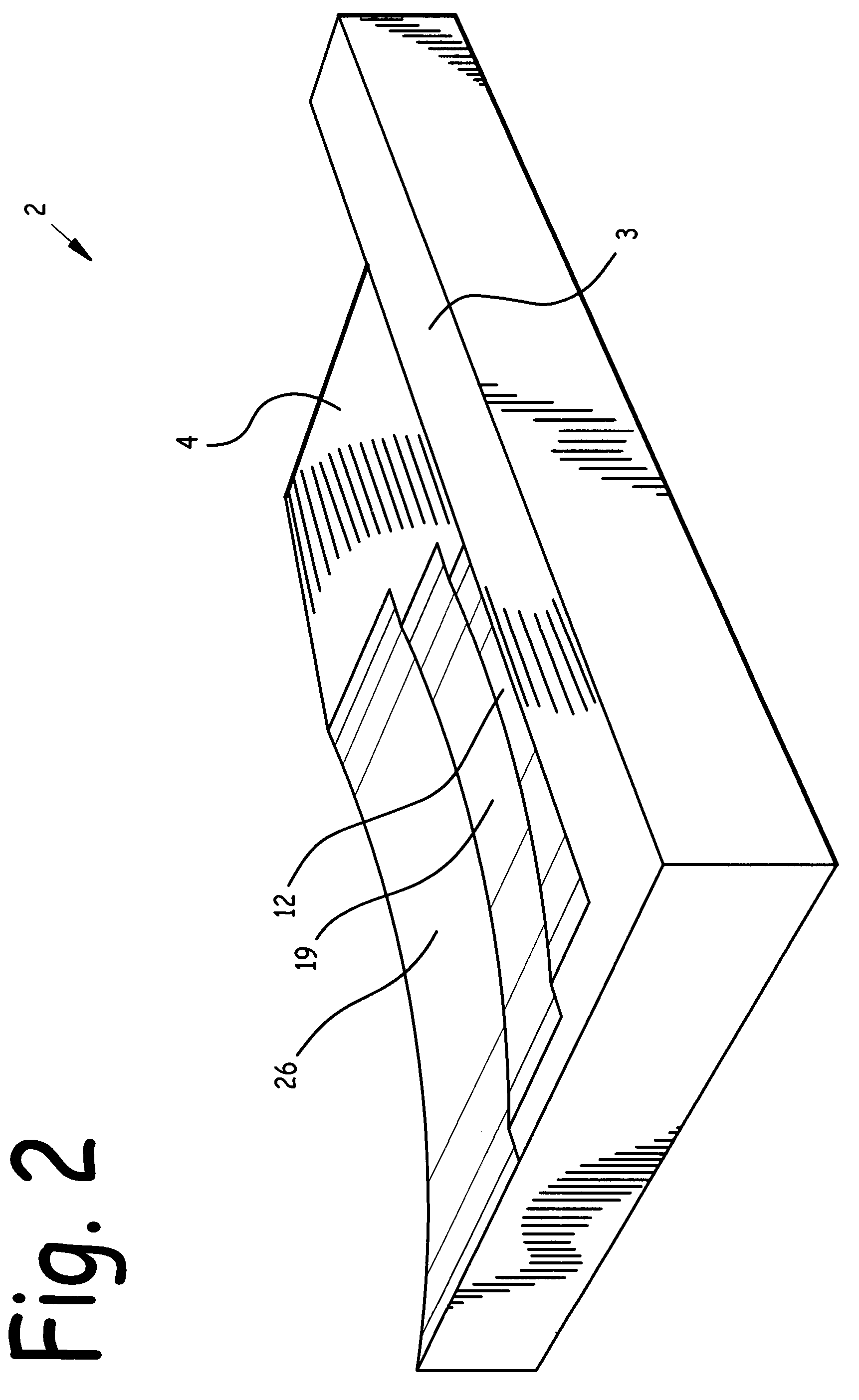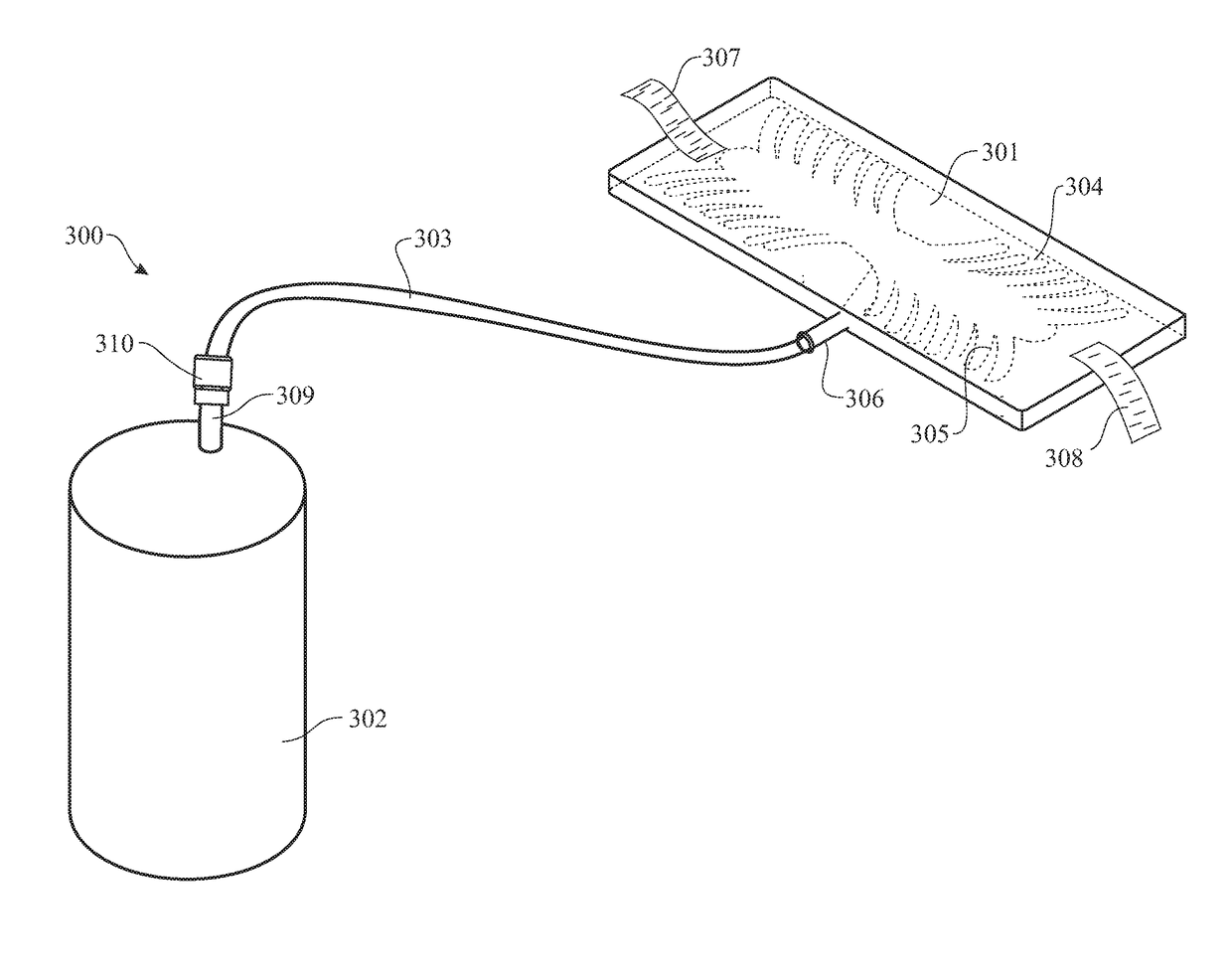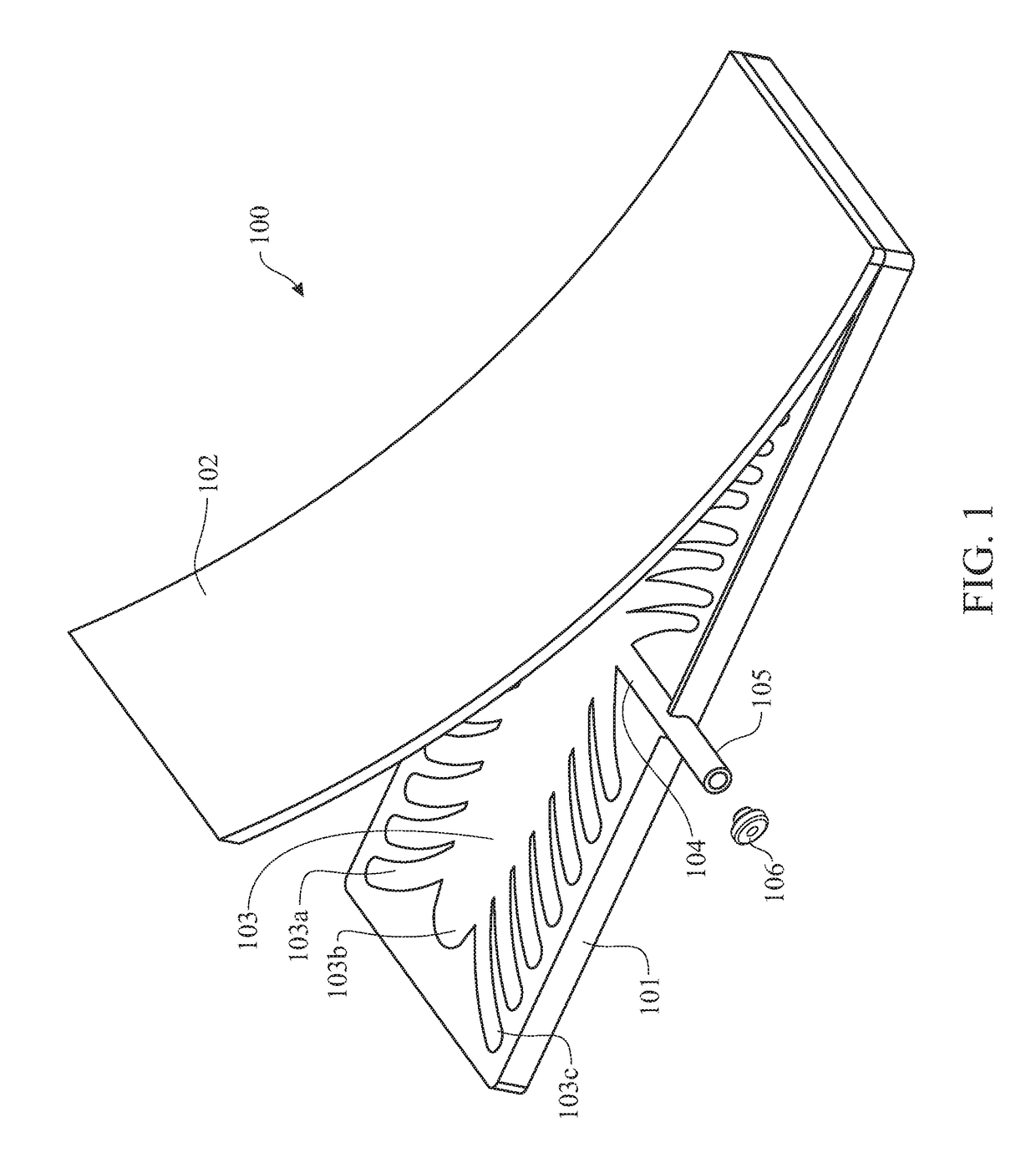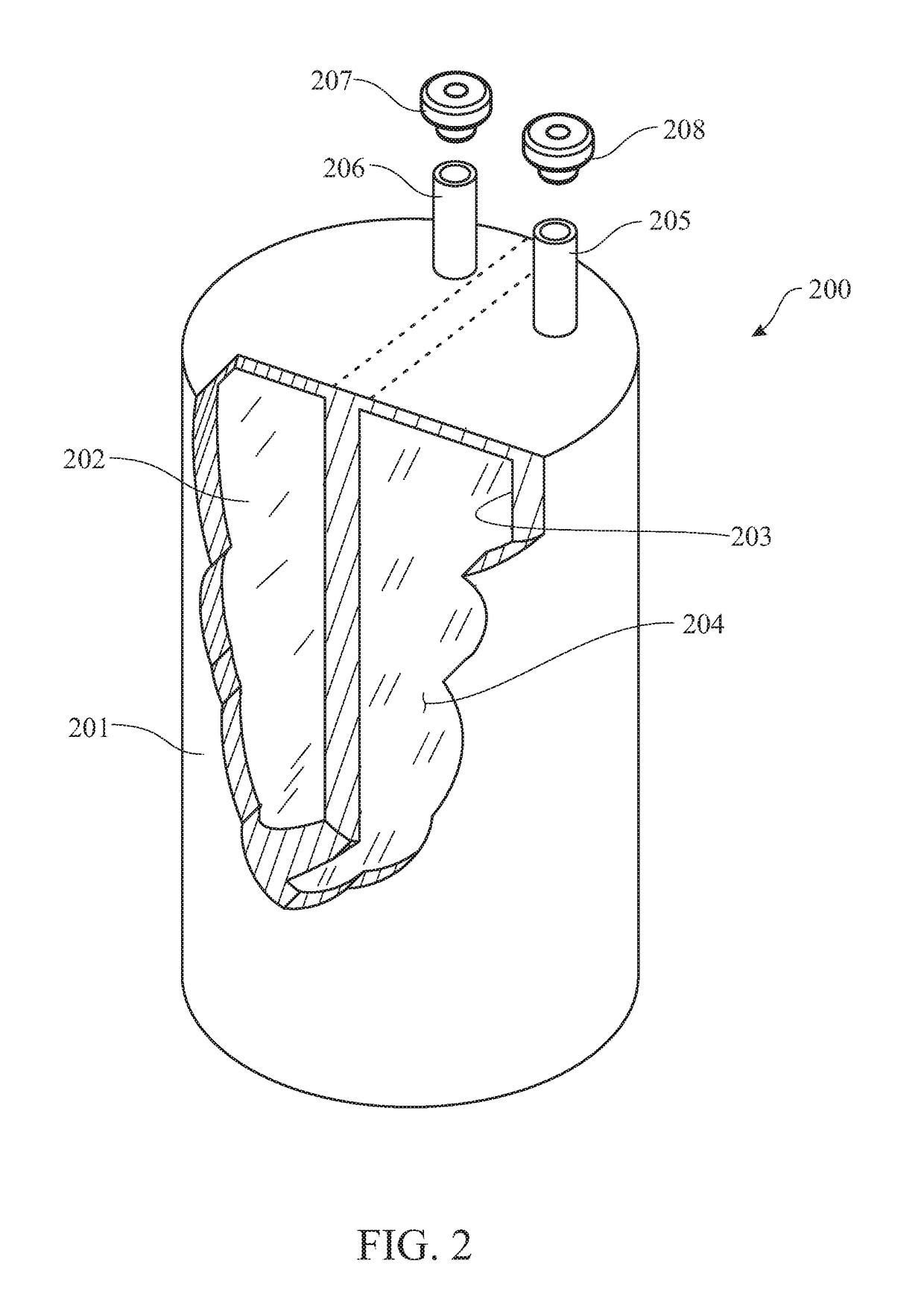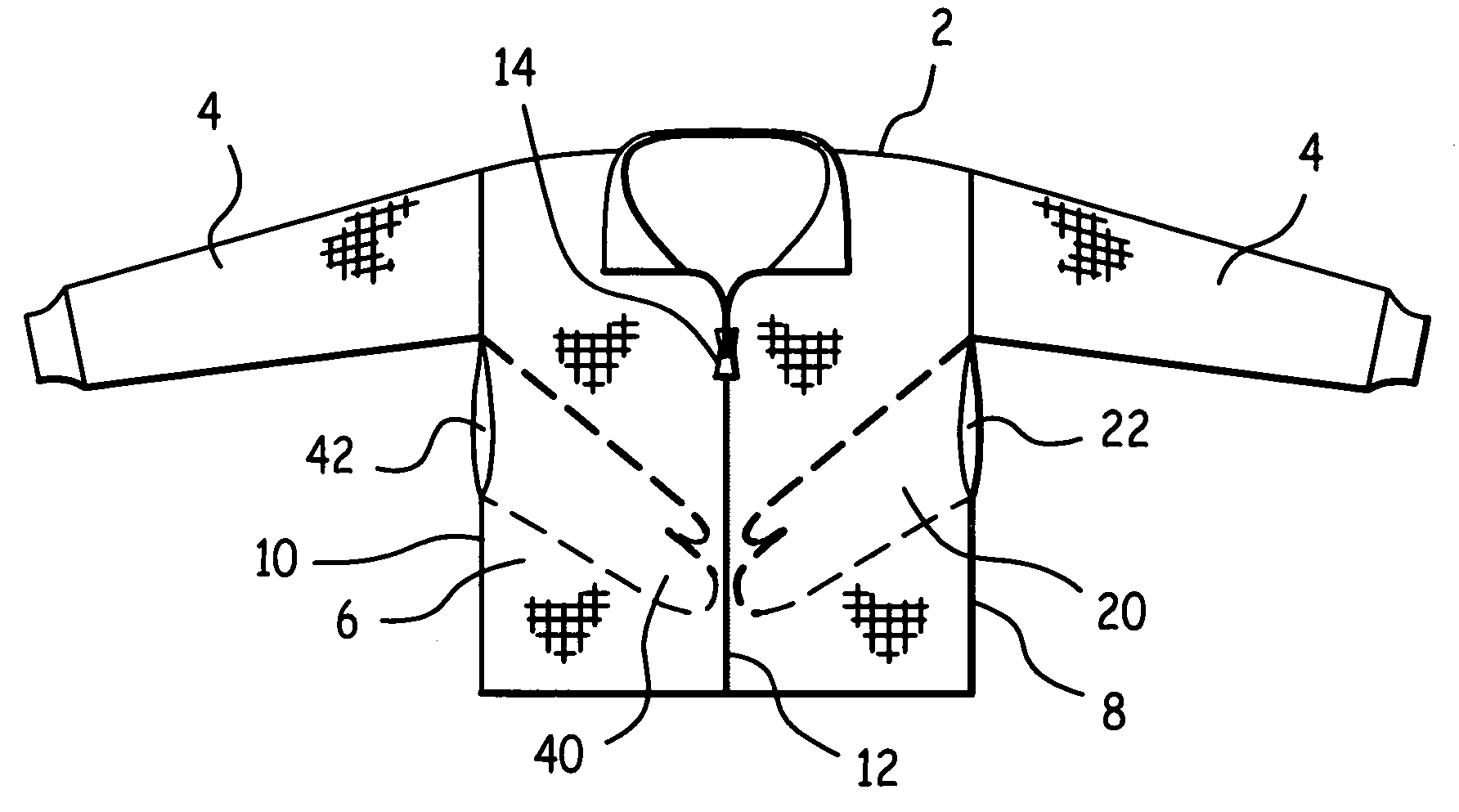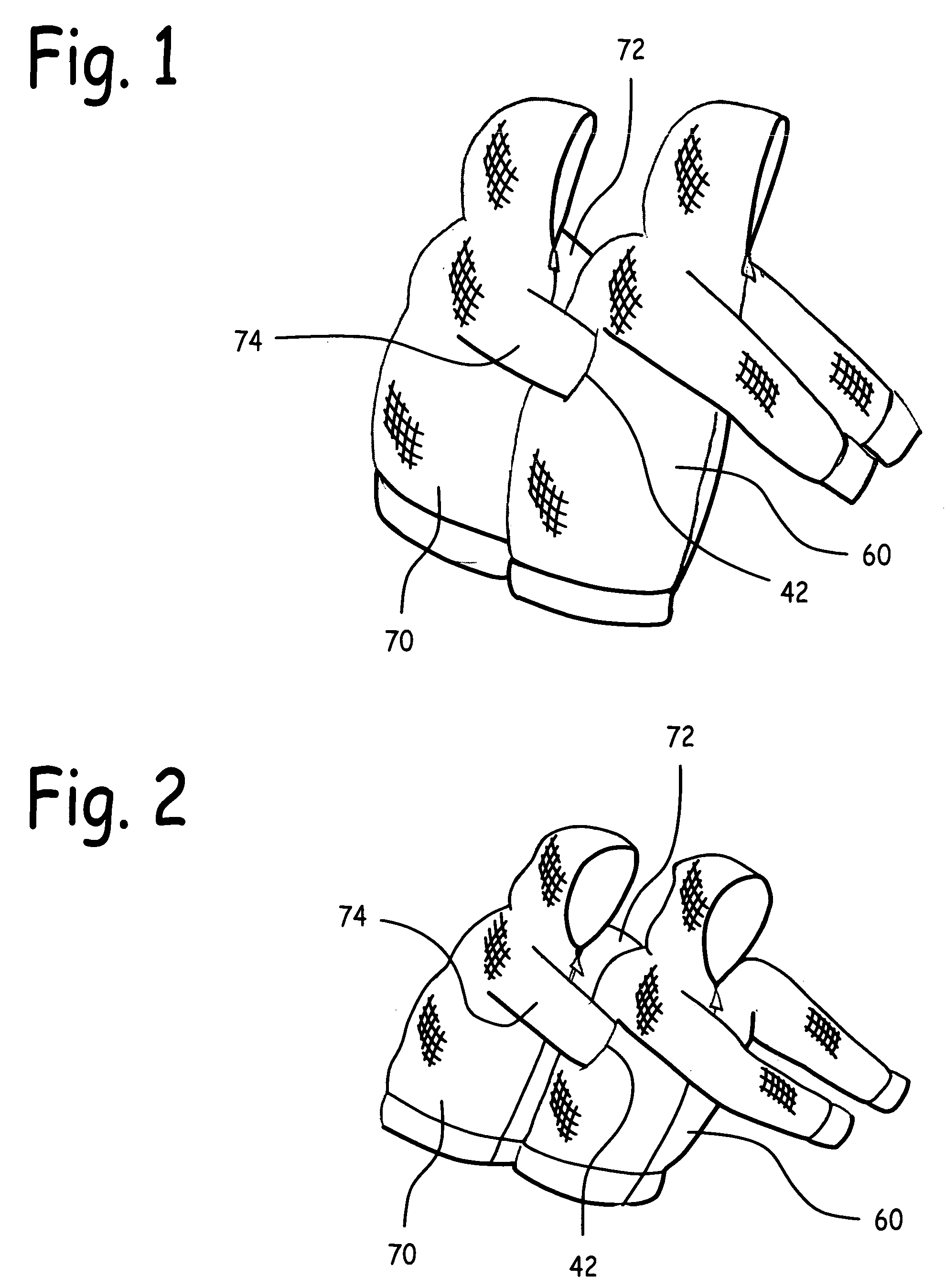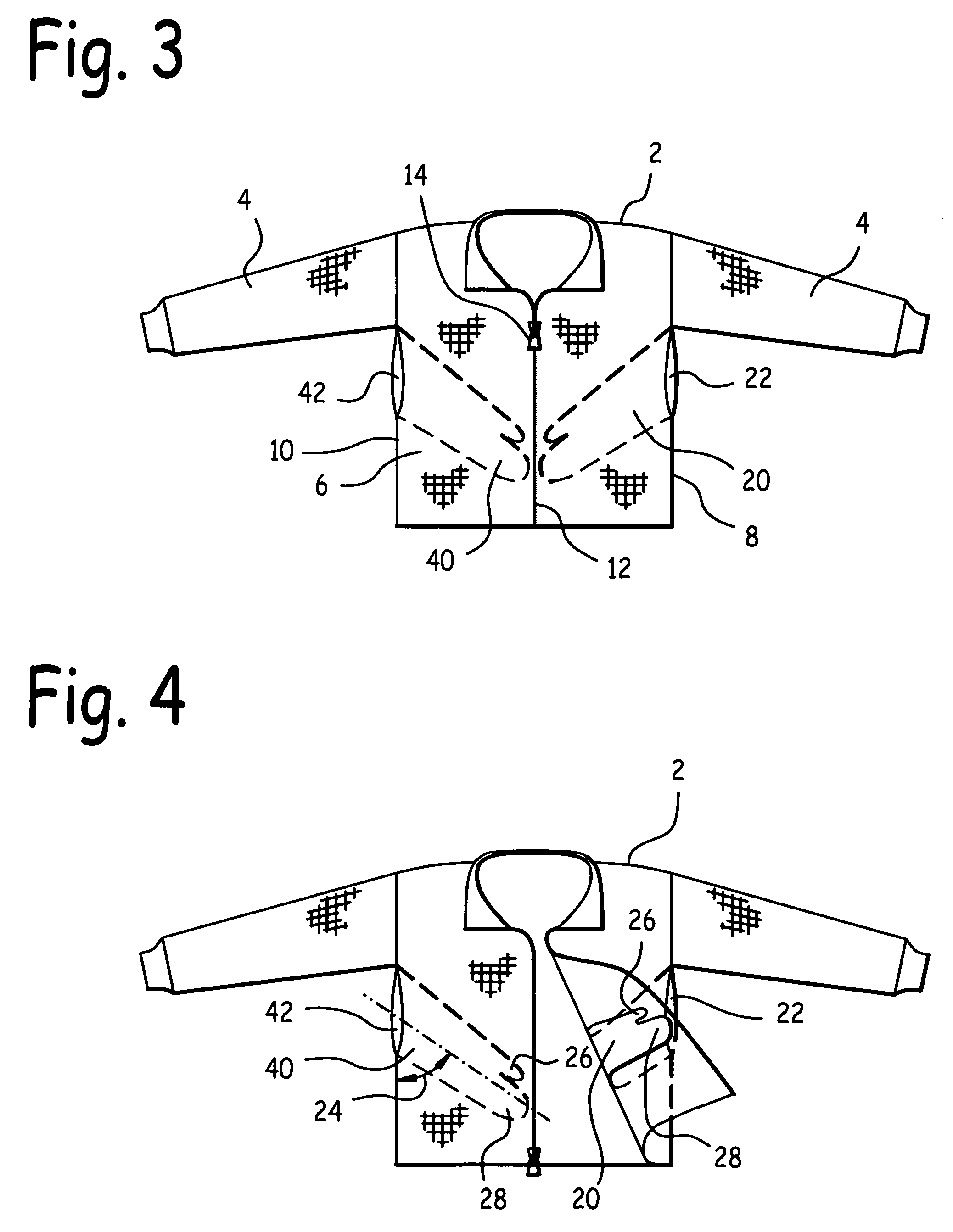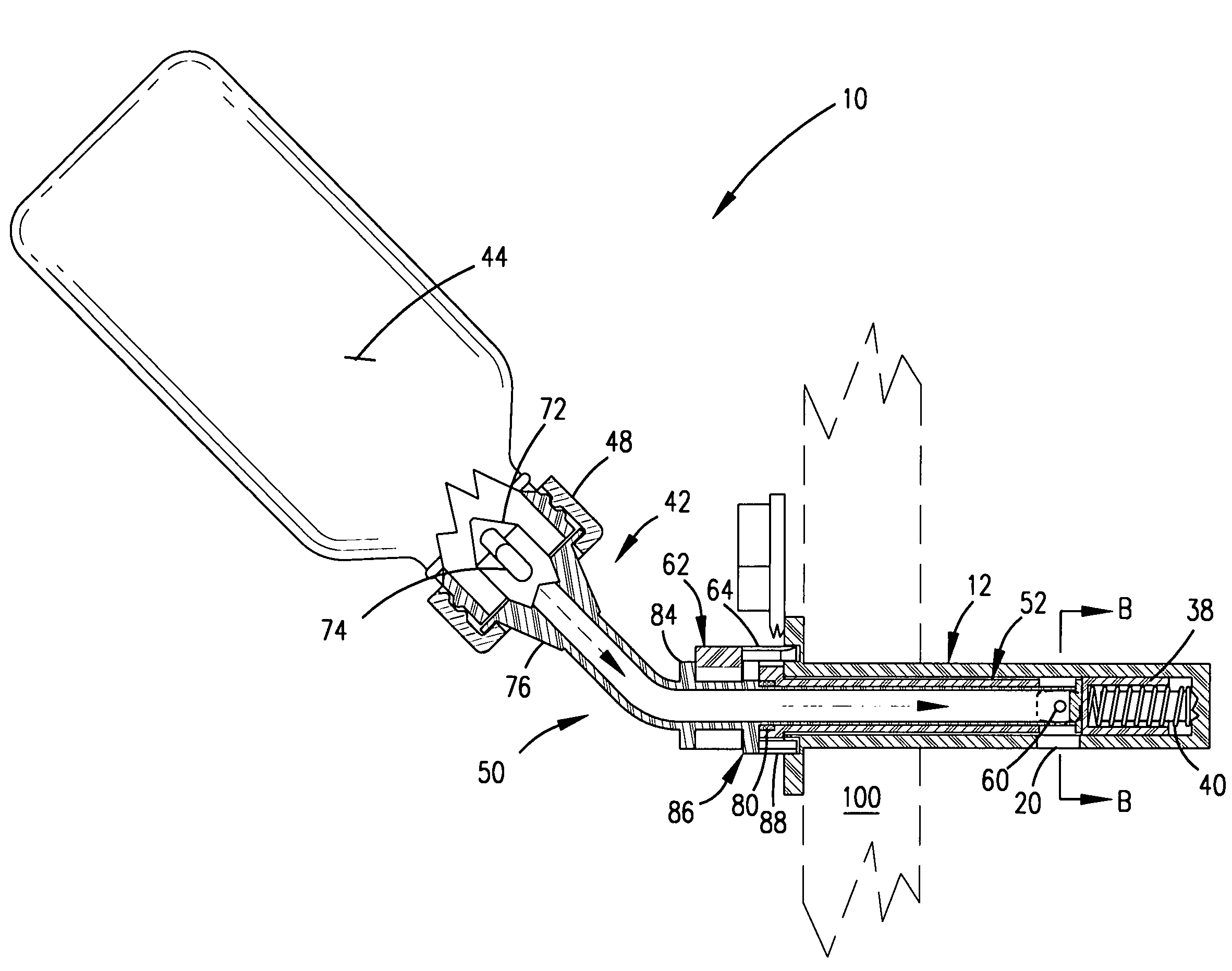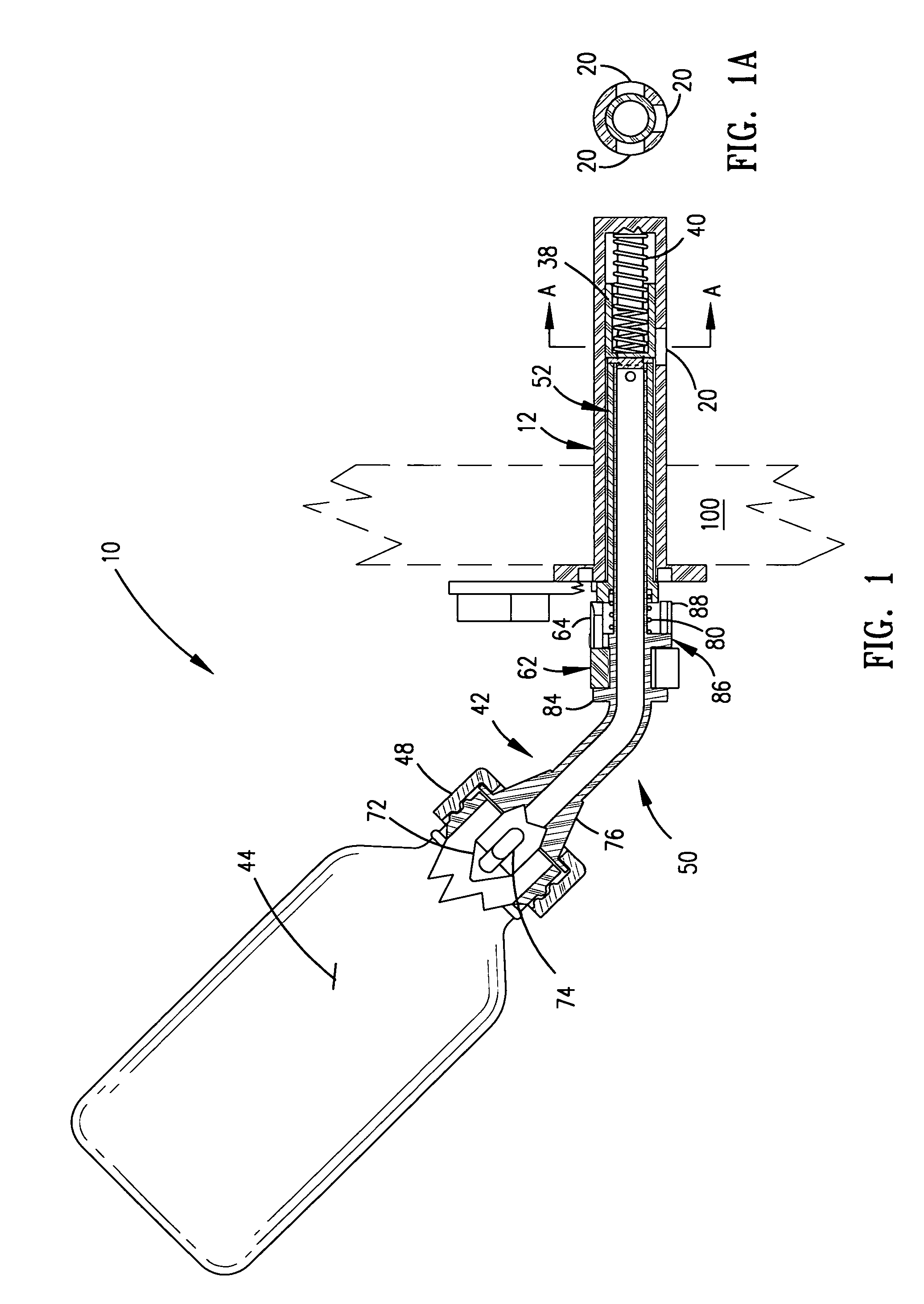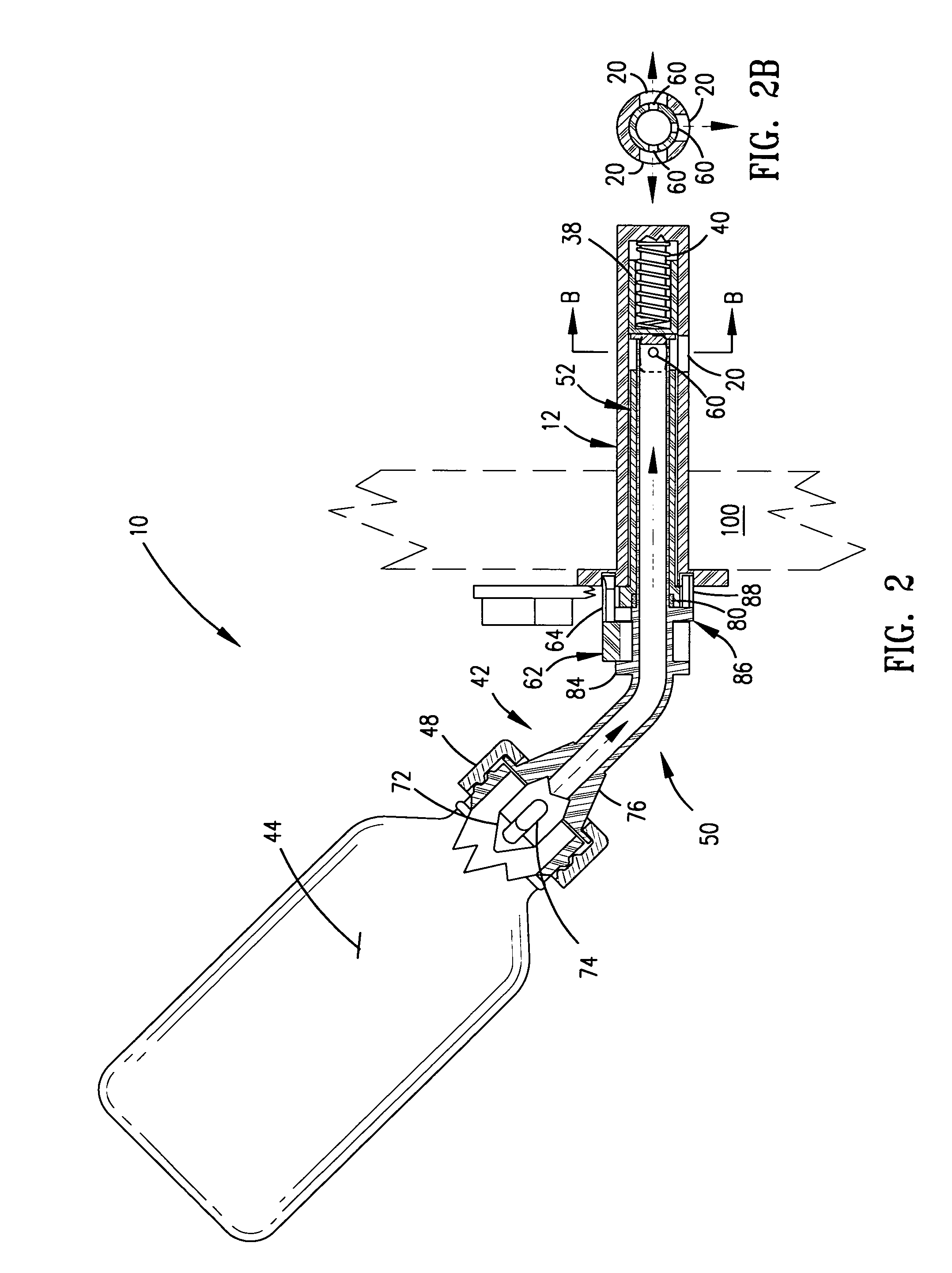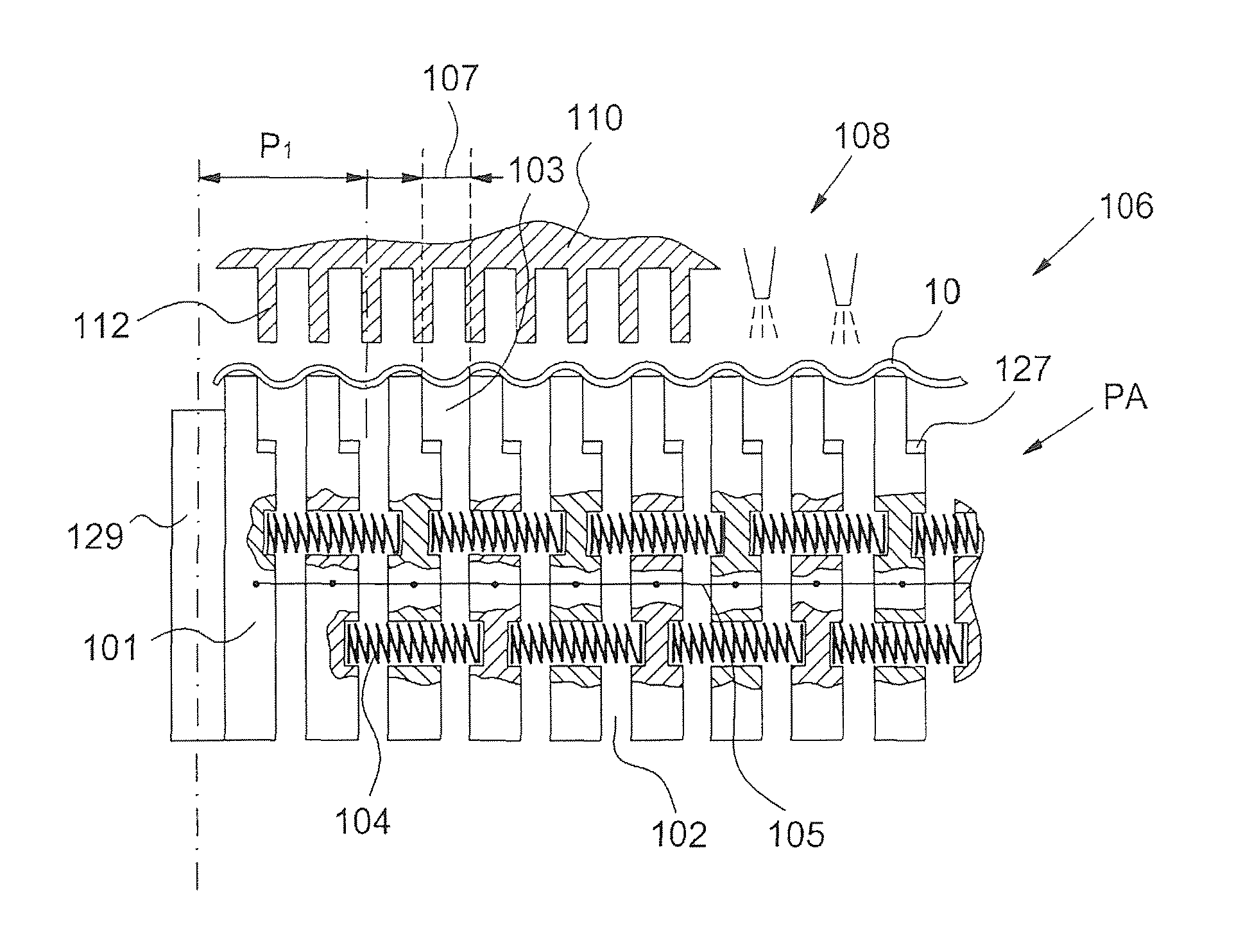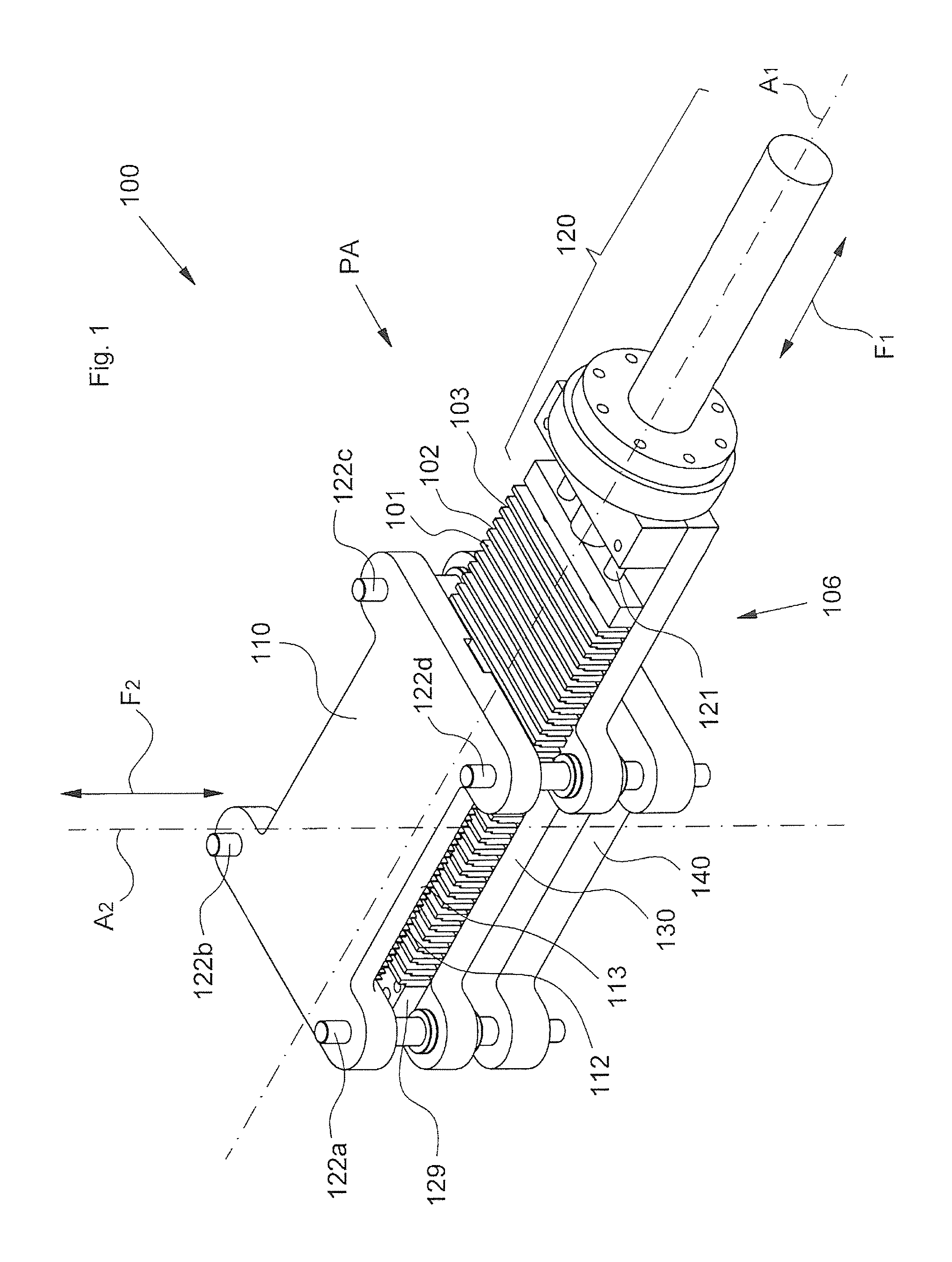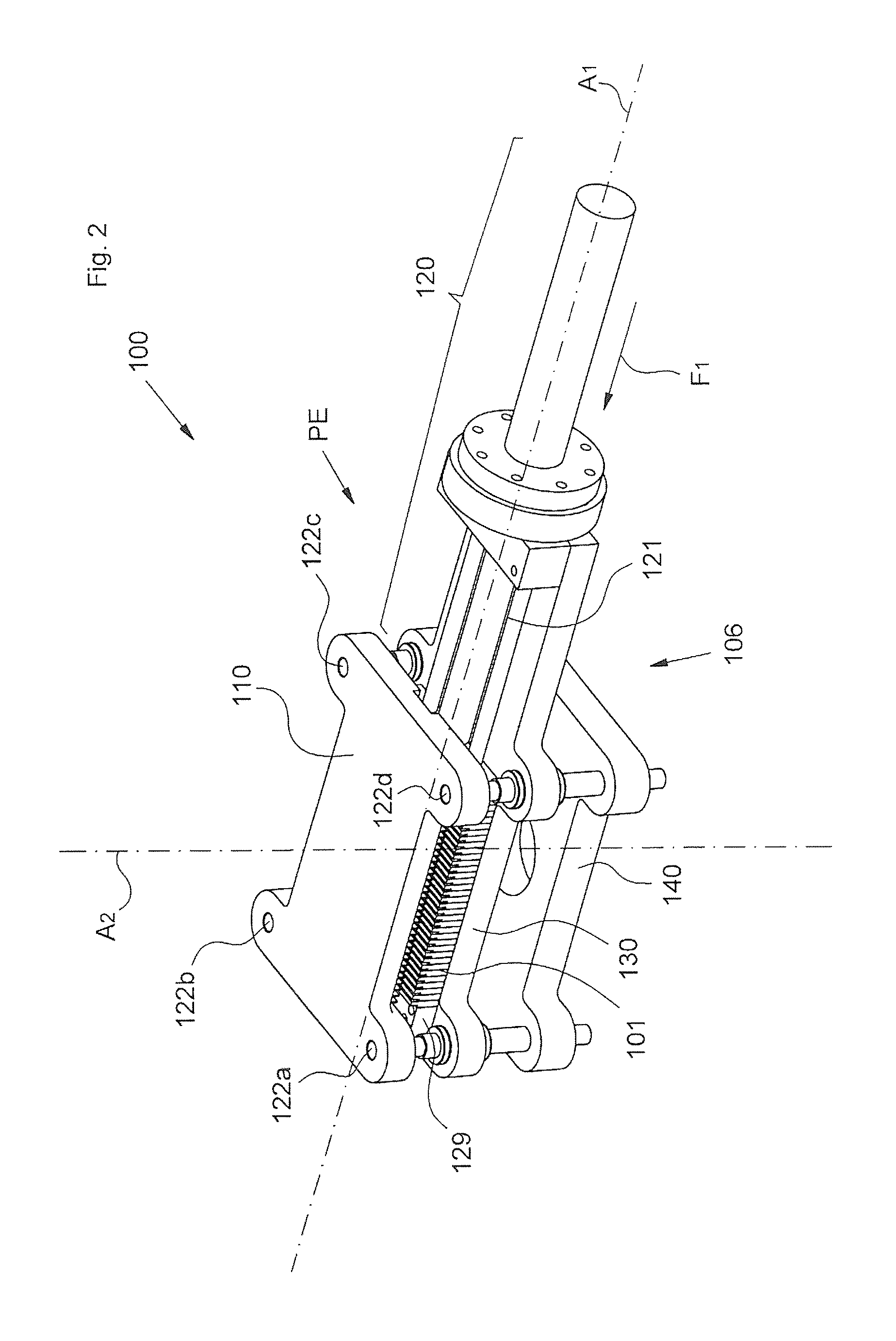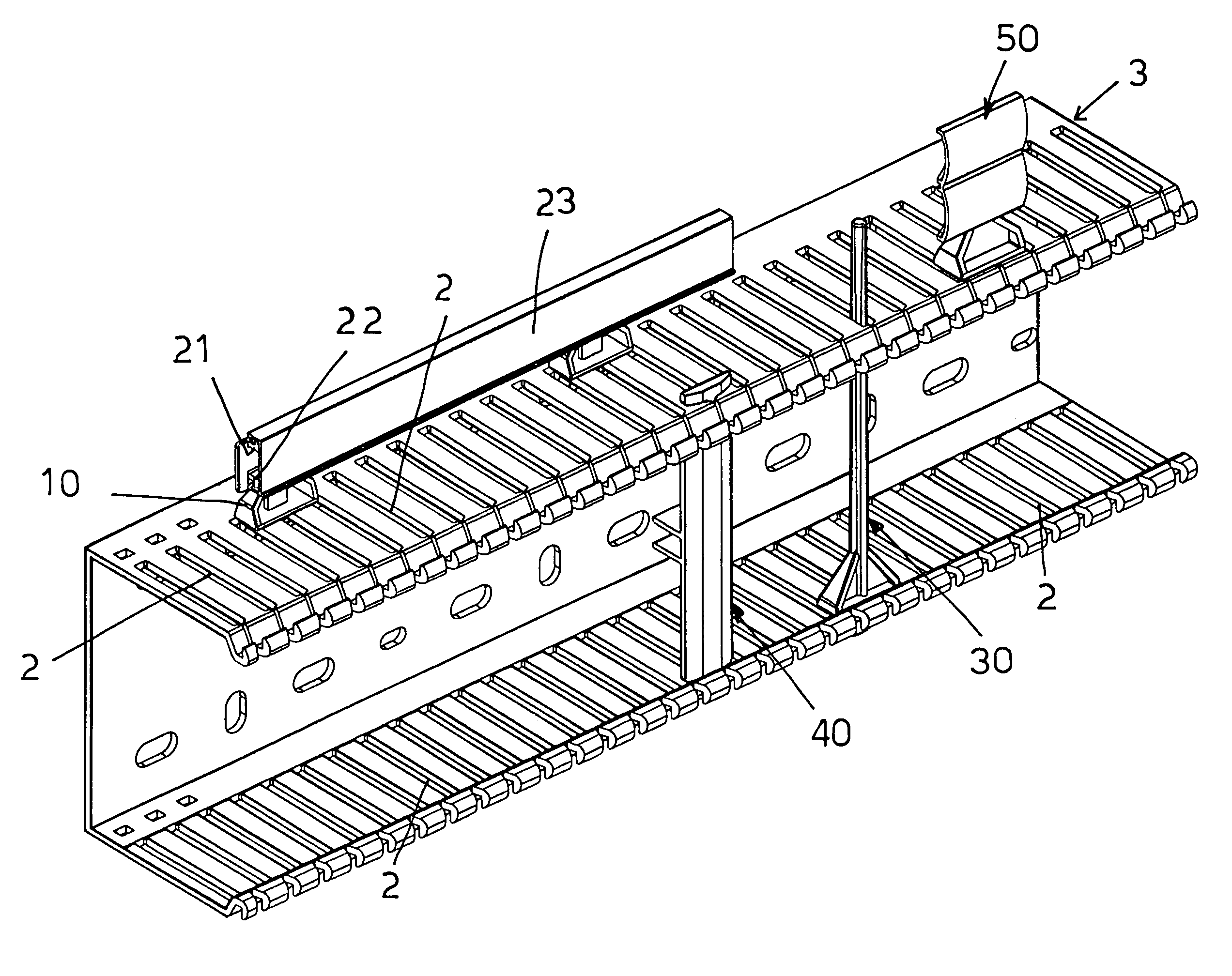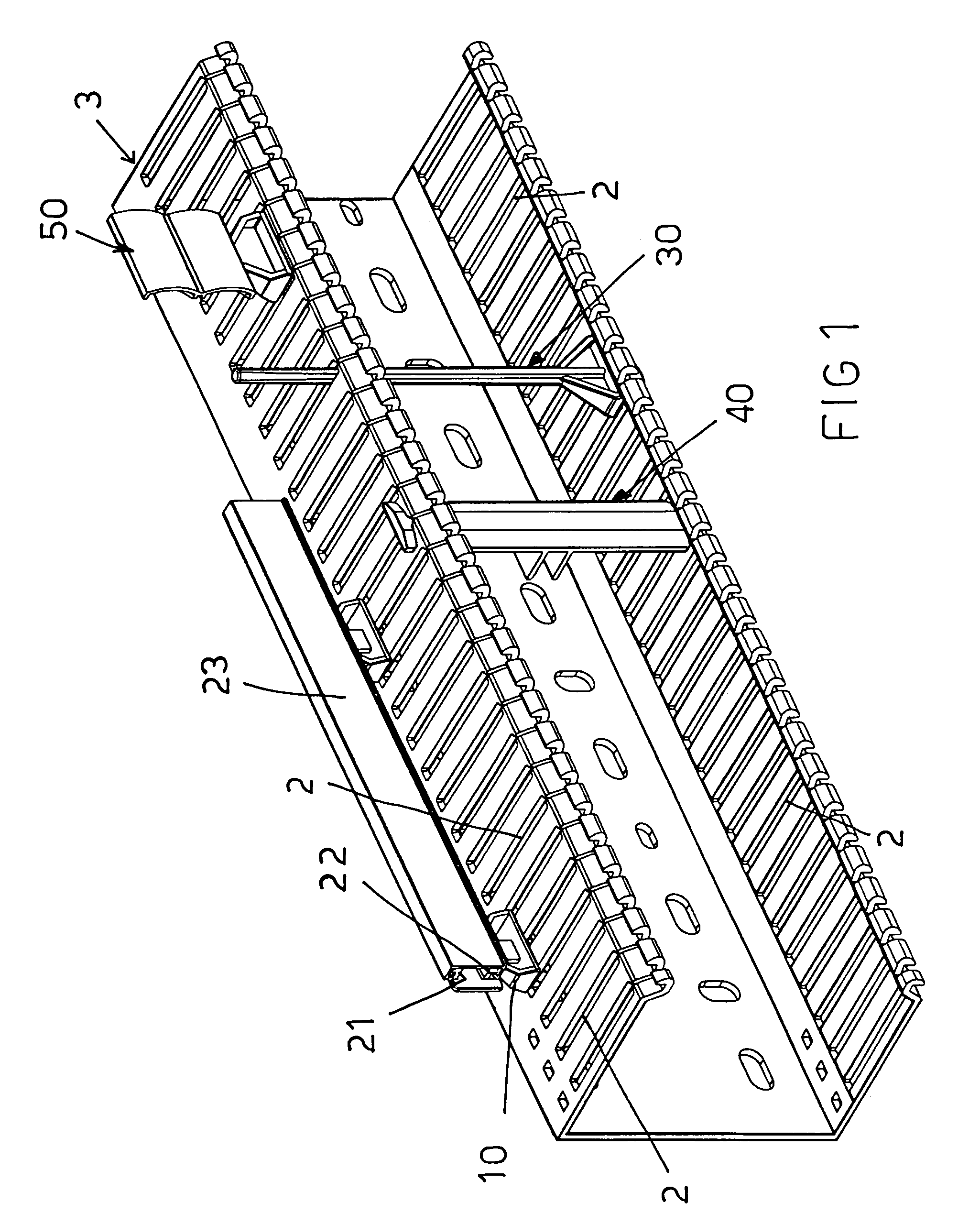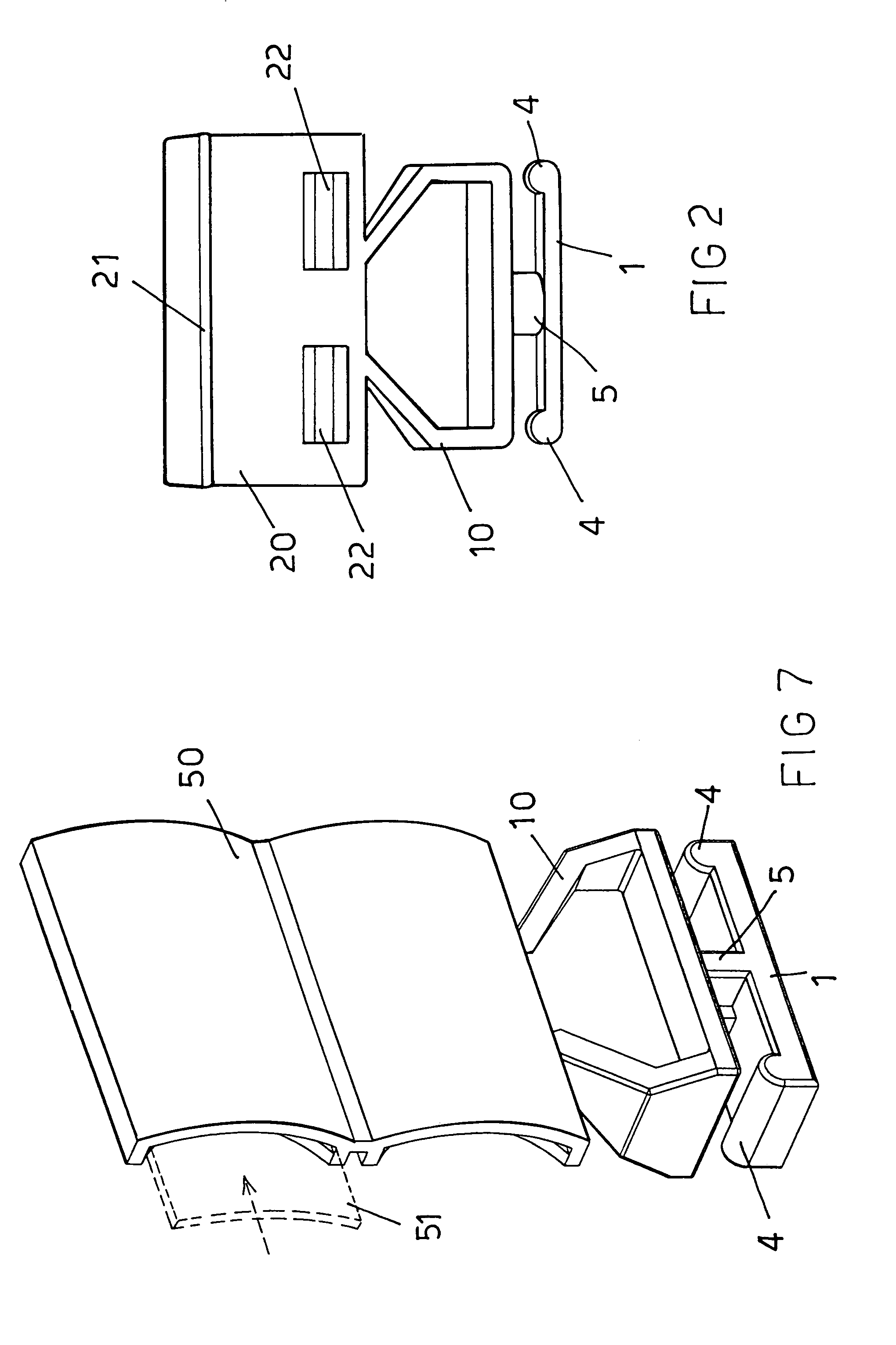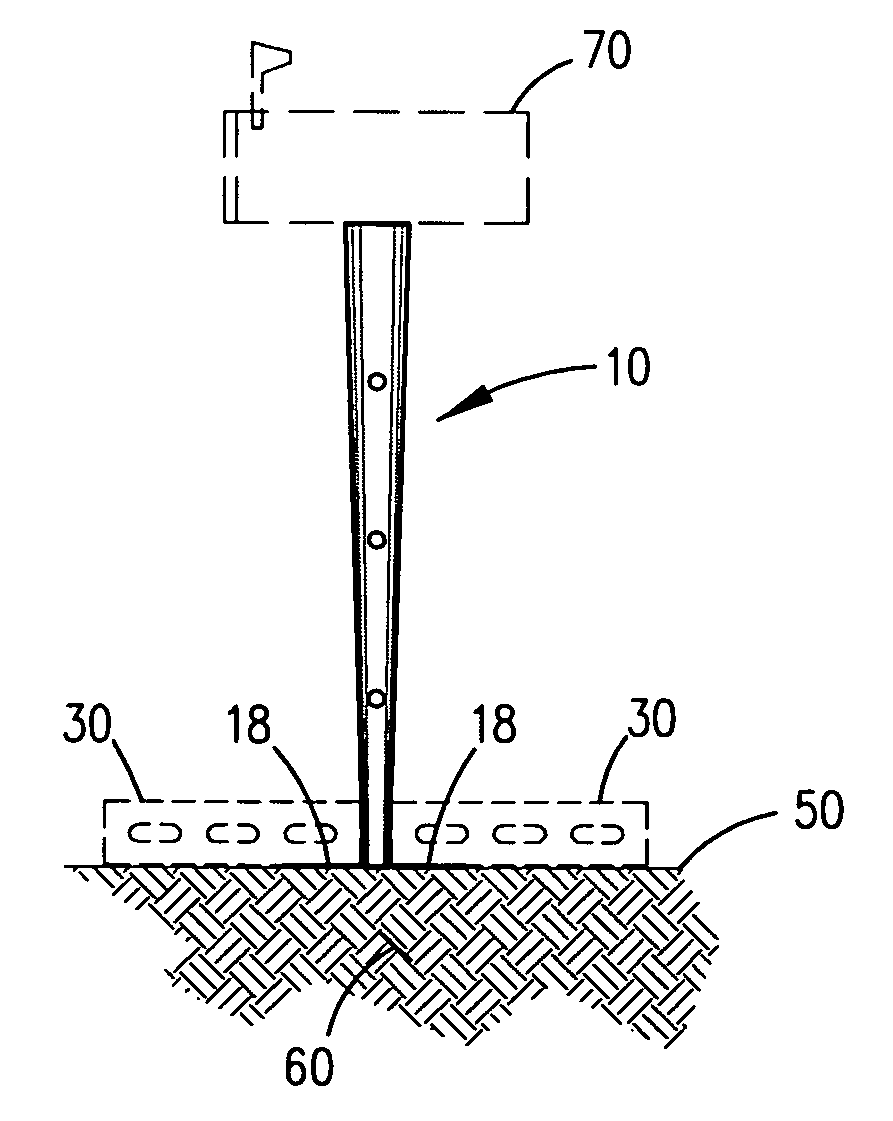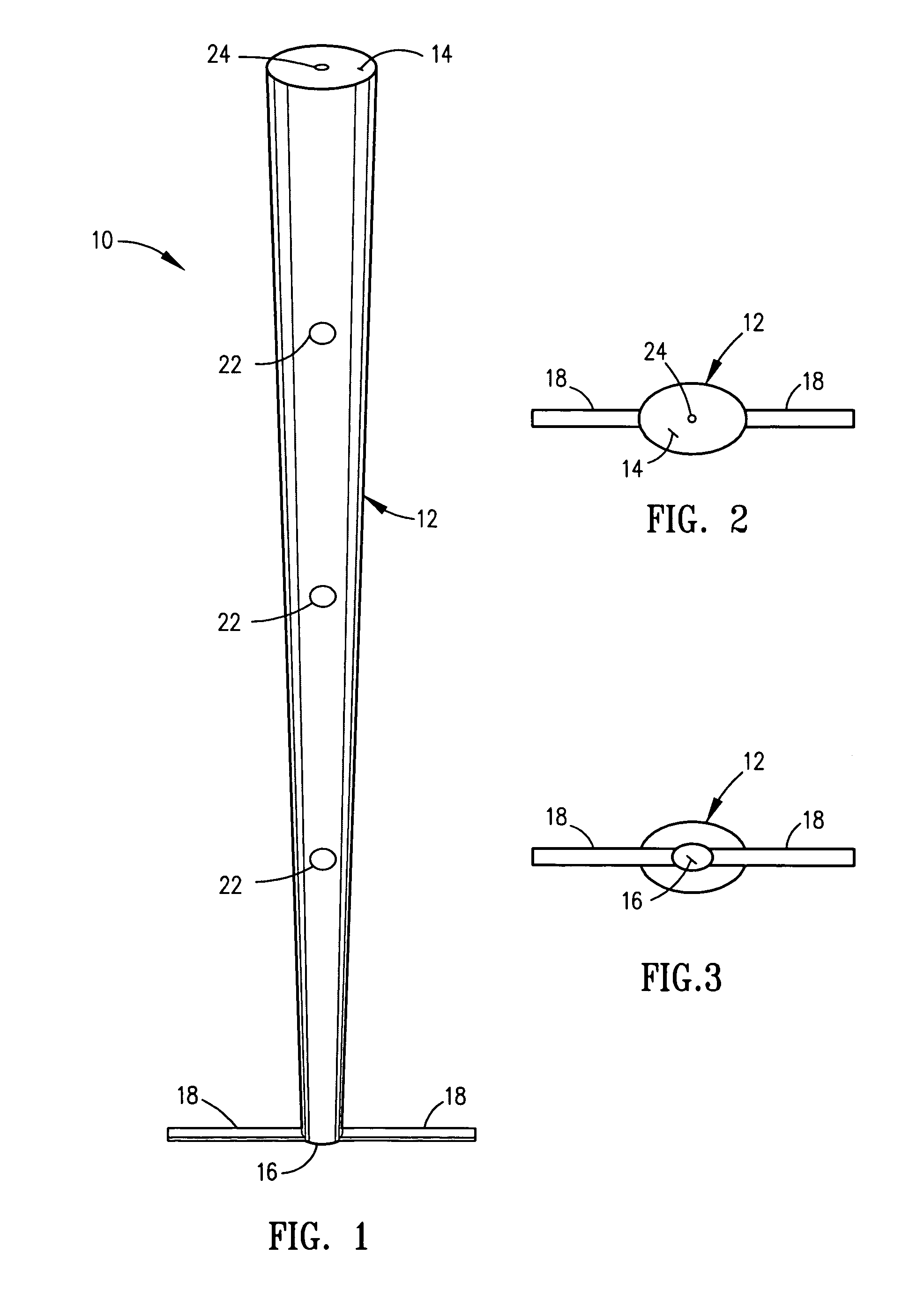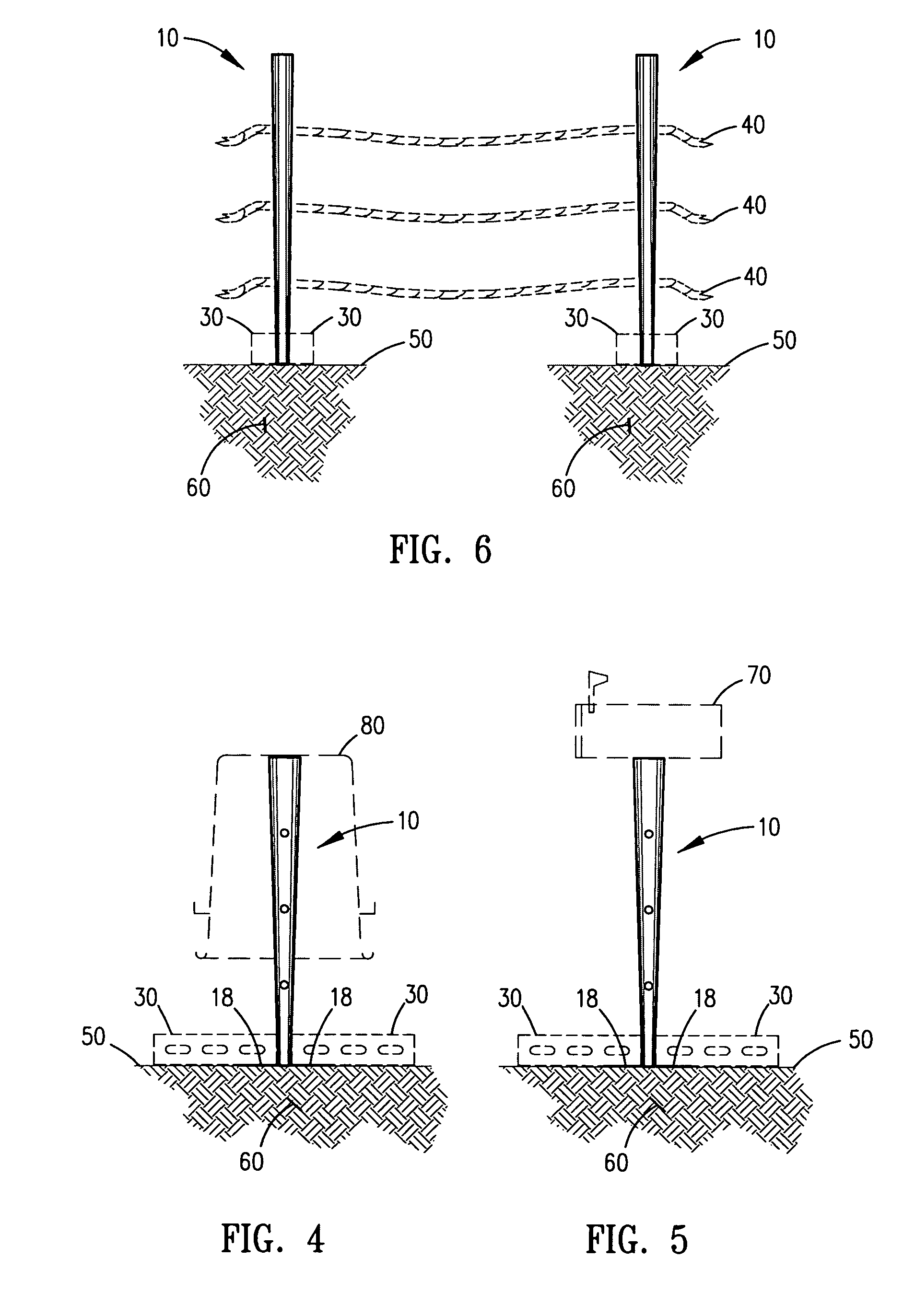Patents
Literature
75results about How to "Available material" patented technology
Efficacy Topic
Property
Owner
Technical Advancement
Application Domain
Technology Topic
Technology Field Word
Patent Country/Region
Patent Type
Patent Status
Application Year
Inventor
Publishing layout wizard
InactiveUS6931591B1Expensive to maintainExpensive to updateCathode-ray tube indicatorsNatural language data processingGraphicsWeb browser
The present invention facilitates the specification and distribution of templated content materials by a content provider over an information exchange network such as the Internet. The present invention incorporates a system for managing inventories of graphical elements and their relationships to pre-defined page templates. A database capable of keeping track of users and their corresponding access privileges within the system is employed to monitor user activity. Ultimately, through the use of a software component delivered over the Internet for use within standard web browsers, end-users are able to populate templates under the constraints imposed by the rules of the manufacturers at the time of template design. These population elements which “fill in the blanks” of the pre-defined templates may be either of type IMAGE or TEXT. Image regions are populated by choosing from a subset of the entire image inventory, while TEXT types can be completely free form, with specific rules guiding justification, point size, font, and leading, or “fill in the blank” form with the same constraint rules as free form. Once the end user has met all of the criteria for a fully populated template, the system provides sophisticated means for downloading a high resolution file (such as a print-ready file or other file representation of the composed publication) which encapsulates all resources needed (layout, images, fonts, and constraint geometries) to fulfill the requirements of the publication. The downloaded file may be printed or published by electronic transfer, e.g., to a publisher for printing of the actual publication.
Owner:SAEPIO TECH
Compact radio frequency transmitting and receiving antenna and control device employing same
ActiveUS20050280598A1Less-expensiveSmall sizeAntenna arraysRadiating elements structural formsCapacitanceElectricity
A compact antenna for use in a device for controlling the power delivered to an electric load and operable to transmit or receive radio frequency signals at a specified frequency is presented. The antenna comprises a first loop of conductive material having a capacitance and an inductance forming a circuit being resonant at the specified frequency, and a second loop of conductive material having two ends adapted to be electrically coupled to an electronic circuit. The second loop is substantially only magnetically coupled to the first loop and is electrically isolated from the first loop. In a first embodiment of the antenna, the first and second loops are formed on respective first and second printed circuit boards, which allow for a small, low-cost antenna that is easy to manufacture and maximizes efficiency. When the antenna is installed in a load control device, such as a dimmer, the first loop of the antenna is mounted on an outer surface of the device. The second loop of the antenna may be at a high-voltage potential such as line voltage.
Owner:LUTRON TECH CO LLC
Ballistic barrier system and method
InactiveUS20060248827A1Immediate inexpensive and effective protection against attacks inside a structureAvailable materialBuilding componentsProtective buildings/sheltersArmor-piercing shellStructural engineering
A ballistic barrier wall is constructed of a pair of spaced vertical surfaces connected by 2×4 s, 2×8 s or other boards and filled with sand. The outside is spray-coated on both vertical sides with an elastomeric polymer mixture. Panels or walls are connected to other panels and to floor or wall surfaces by straight brackets and angle brackets. The multiple vertical layers of the panel trap bullets, armor piercing shells, bomb shrapnel or other ballistic elements in the wall.
Owner:MEEKER JAMES R
Computer-implemented system capable of creating an advertisement
InactiveUS20050235201A1Expensive to maintainExpensive to updateNatural language data processingSpecial data processing applicationsGraphicsRule sets
A tool for the creation of graphically based customizable collateral materials needing localization from an online master inventory of supplied elements is disclosed. The tool includes an online channel to assist a content provider in making available all advertising graphics, materials and layouts that meet the content provider's specification and / or rule-set.
Owner:SAEPIO TECH
Paddle wheel electric generator
InactiveUS20090322093A1Available materialCharacteristic and in particularMachines/enginesEngine componentsElectricityElectric generator
A minimal maintenance paddle wheel electric generation device for producing no cost electricity includes an A-frame base disposed in a fast flowing stream with a paddle wheel mounted between A-frame supports, with the supports resting on the base, and the paddle wheel including radially arranged dip blades with the rotation of the paddle wheel by the swiftly running water turning a drive gear that engages a series of reduction gears that, in turn, actuate a generator for producing electricity. A pair of paddle wheels can be ganged together on several floating members with the floating members tethered by cables to stanchions fixed on opposed banks of the stream. The paddle wheel can also be supported on buoyant inflatable tubes that have curvilinear members attached to the rear ends for directing water into the channel formed between the tubes thereby enhancing water flow and the angular speed of the paddle wheel for increased power generation.
Owner:WINIUS HENRY C
Ballistic tracer platform for shotgun ammunition
ActiveUS7610857B1Improve accuracyEffective and efficient quality control procedureAmmunition projectilesShotgun ammunitionFluorescenceEngineering
A ballistic tracer platform for use with a shotgun shell to provide an aiming and training aid for shotgun shooting sports, which also can be used for military and police applications. The ballistic tracer platform emits light after ignition of the shell, providing the shooter with a consistent reference to make corrections to his aiming point and shooting techniques. The tracer platform can be used in ordinary shotgun shells. The tracer platform comprises a translucent, resilient, elastic, cylindrical container in which the reactants, a fluorescent colored dye and oxalate solution and an activator, are held, separated from each other prior to ignition by encasing one or both in its own glass bulb or tube. The blast from ignition of the shell causes the glass bulb(s) or tube(s) to break. The resulting chemiluminescent reaction between the reactants results in emission of light which is visible to the shooter.
Owner:DUNNAM JAMES ALFRED +1
Float retractable landing gear
A float retractable landing gear. The float retractable landing gear incorporates a wheel support, a side gear door, a bottom gear door, and one or more hinges and strut ears attached to a spine. At least one hinge is rotatably attached to a float. The float incorporates a float side cutout communicating with a float bottom cutout. A spring-loaded strut incorporating on over center toggle down lock feature is attached between the float retractable landing gear and the float. A float side wall skin is attached to an upper portion of the float side wall cutout. The side gear door is sized to cover the lower portion of the float side wall cutout, and the bottom gear door is sized to cover the float bottom cutout. The float retractable landing gear may be specified to default into the extended or retracted position depending on the strut spring constant selected.
Owner:BOETTO STEVEN C
Deck system
A deck system includes an interconnected subframe operable to engage a ground surface and provide an elevated substantially horizontal support surface. A subfloor is coupled to the subframe and defines a working surface. A masonry floor surface including a plurality of brick pavers, for example, is disposed on the working surface. The masonry floor surface provides the advantages of durability and low maintenance while the subframe and subfloor allow construction at an elevated location, such as a second story of a home.
Owner:SMITH BRENT A
Garment with underarm externally accessible breast pockets and method of use
InactiveUS20090172861A1Increased vehicle passenger securityIncreased passenger comfortLife-buoysJacketsEngineeringTorso
A garment with underarm externally accessible breast pockets and method of use. An upper body garment is disclosed having garment arms attached to a garment trunk, and a pocket mouth disposed under each garment arm. A pocket is attached to the garment trunk at each pocket mouth. A passenger positioned behind a driver wearing the upper body garment may insert hands and arms through the pocket mouths and into the pockets for warmth, security, and or intimacy enhancement. Divots sized to accept human fingertips may be attached to the pocket floors for increased security of grip. Alternate embodiment garments include divots sized to accept fingertips on the front outside of a garment or life preserver, and hand indentations sized to accept the palm side of a human hand on the front outside of a garment or life preserver. Methods of use are disclosed.
Owner:GX
Ergonomic rings for drum sticks, method of installation, and method of use
InactiveUS7176369B1Precise positioningLow costPercussion musical instrumentsEngineeringMiddle finger
Ergonomic rings for drum stick, method of installation, and method of use. A pair of resilient rings is installed on a drum stick spaced apart substantially by a distance equal to the width of a drummer's middle finger. The ergonomic rings have the effect of increasing drum stick radius, thereby substantially reducing the amount of force the drummer must expend to play the drum stick, reducing drummer fatigue, and increasing drummer speed. In addition, the rings aid in ensuring that the drummer's hand is disposed in the correct location along the length of the drum stick, and in preventing the drum stick from slipping out of the drummer's hand during play. Methods of installation and use are also disclosed.
Owner:BROOKS ROBERT C
Coating Compositions With Anticorrosion Properties
InactiveUS20120091397A1Improve corrosion resistanceEasy to manufactureLiquid surface applicatorsOther chemical processesAlkaline earth metalNano size
Anticorrosive coating compositions as disclosed comprise a binding polymer and an aluminum phosphate corrosion inhibiting pigment dispersed therein. The coating composition comprises up to 25 percent by weight aluminum phosphate. The binding polymer can include solvent-borne polymers, water-borne polymers, solventless polymers, and combinations thereof. The aluminum phosphate is made by sol gel process of combining an aluminum salt with phosphoric acid and a base material. Aluminum phosphate colloidal particles are nanometer sized, and aggregate to form substantially spherical particles. The coating composition provides a controlled delivery of phosphate anions of 100 to 1,500 ppm, depending on post-formation treatment of the aluminum phosphate, and has a total solubles content of less than 1500 ppm, The amorphous aluminum phosphate is free of alkali metals and alkaline earth metals, and has a water adsorption potential of up to about 25 percent by weight water when present in a cured film.
Owner:BUNGE AMORPHIC SOLUTIONS
Coating Compositions With Anticorrosion Properties
InactiveUS20120094130A1Improve corrosion resistanceEasy to manufactureLiquid surface applicatorsOther chemical processesPhosphatePhosphoric acid
Anticorrosive coating compositions comprise a binding polymer and an amorphous aluminum phosphate corrosion inhibiting pigment. The composition comprises from about 1 to 25 percent by weight amorphous aluminum phosphate. The amorphous aluminum phosphate has a water adsorption potential of up to about 25 percent by weight water. The composition provides a controlled phosphate delivery of from about 50 to 500 ppm, and preferably of from about 100 to 200 ppm. The composition has a total solubles content of less than about 1,500 ppm. The amorphous aluminum phosphate is preferably substantially free of alkali metals. The amorphous aluminum phosphate is made by combining aluminum hydroxide with phosphoric acid and sodium aluminate. The amorphous aluminum phosphate is treated to reduce the level of unwanted solubles, and the treated amorphous aluminum phosphate is dried at less than about 300° C. The composition is used as a primer coat, a mid-coat, and / or a top-coat coating.
Owner:UNIV ESTADUAL DE CAMPINAS UNICAMP +1
Coating Compositions With Anticorrosion Properties
InactiveUS20120094128A1Improve corrosion resistanceEasy to manufactureOther chemical processesSynthetic resin layered productsAlkaline earth metalPhosphoric acid
Anticorrosive coating compositions comprise a binding polymer and an amorphous aluminum phosphate corrosion inhibiting pigment dispersed therein. The coating composition comprises 1 to 25 percent by weight aluminum phosphate. The binding polymer can include solvent-borne polymers, water-borne polymers, solventless polymers, and combinations thereof. The aluminum phosphate is made by combining an aluminum source with a phosphorous source to form an amorphous aluminum phosphate solid condensate. The coating composition is specially engineered to provide a controlled delivery of phosphate anions of 50 to 500 ppm, and has a total solubles content of less than 1500 ppm. The amorphous aluminum phosphate is preferably free of alkali metals and alkaline earth metals. The amorphous aluminum phosphate has an oil absorption of less than 50, and a surface area of less than about 20 m2 / g, The coating composition has a water adsorption potential of up to 25% by weight water.
Owner:BUNGE AMORPHIC SOLUTIONS
Garment with underarm externally accessible breast pockets and method of use
A garment with underarm externally accessible breast pockets and method of use. An upper body garment is disclosed having garment sleeves attached to a garment trunk, and a pocket mouth disposed under each garment sleeve. A pocket is attached to the garment trunk at each pocket mouth. A passenger positioned behind a driver wearing the upper body garment may insert hands and arms through the pocket mouths and into the pockets for warmth, security, and or intimacy enhancement. Divots sized to accept human fingertips may be attached to the pocket floors for increased security of grip. Alternate embodiment garments include divots sized to accept fingertips on the front outside of a garment or life preserver, and hand indentations sized to accept the palm side of a human hand on the front outside of a garment or life preserver. Methods of use are disclosed.
Owner:GX
LED light source with an integrated heat pipe
InactiveUS20100079988A1Easy to useSmall sizePoint-like light sourceLighting support devicesFiberElectricity
A light source (10) comprises a tubular glass heat pipe (12) having a given inside diameter ID. A tubular fiberglass wick (14) is positioned within the glass heat pipe (12). The fiberglass wick (14) has an outside diameter OD substantially equal to the given inside diameter ID and has a substantially centrally located open chamber (16) extending the length thereof. A quantity of an evaporable-condensable medium (17) is provided within the glass heat pipe (12) and a metal cap (18) selected from the group of glass-sealing metals and alloys is fixed to a proximal end (20) of the glass heat pipe (12). Heat dissipaters (22) are fixed to the distal end (24) of the heat pipe (12) and a light emitting diode (26) is fixed to the metal cap (18). Power conducting traces (28) are formed with the heat pipe (12) and are electrically connected to the light emitting diode (26). A lamp (40) can be formed with a plurality of the light sources (10).
Owner:OSRAM SYLVANIA INC
Compact radio frequency transmitting and receiving antenna and control device employing same
InactiveUS20070085755A1Less-expensiveSmall sizeElectric signal transmission systemsAntenna arraysCapacitanceElectricity
A compact antenna for use in a device for controlling the power delivered to an electric load and operable to transmit or receive radio frequency signals at a specified frequency is presented. The antenna comprises a first loop of conductive material having a capacitance and an inductance forming a circuit being resonant at the specified frequency, and a second loop of conductive material having two ends adapted to be electrically coupled to an electronic circuit. The second loop is substantially only magnetically coupled to the first loop and is electrically isolated from the first loop. In a first embodiment of the antenna, the first and second loops are formed on respective first and second printed circuit boards, which allow for a small, low-cost antenna that is easy to manufacture and maximizes efficiency. When the antenna is installed in a load control device, such as a dimmer, the first loop of the antenna is mounted on an outer surface of the device. The second loop of the antenna may be at a high-voltage potential such as line voltage.
Owner:LUTRON TECH CO LLC
Tennis butler
InactiveUS6340188B1Light weightEasy constructionTravelling carriersHoldersEngineeringMechanical engineering
A tennis ball retriever and multi-purpose tennis ball hopper and caddy that holds all of the tennis equipment used during play and practice. The retriever utilizes a hopper portion incorporating a pair of opening spaces with a plurality of fingers formed therein for permitting tennis balls to pass into the hopper. The invention includes a small storage unit for valuables and for new and practice tennis balls. The carrying handle is retractable thereby taking up less space than conventional tennis hoppers.
Owner:CUTI PHIL
Pesticide injection system
A pesticide injection system for exterminating insects is provided. The pesticide injection system comprises an applicator; an insert and a plug frictionally engagable with a wall. The applicator includes a pliable bottle for receiving a powder pesticide and a nozzle with an end cap for displacing insulation so the powder pesticide can be injected onto a blind space behind a wall suspected of harboring insects without the powder pesticide contacting the insulation. The means for sealing the nozzle to prevent the powder pesticide from spilling into a living space during use is one of an “O” ring and a ribbed seal. The insert has a plurality of fins engaging a locking tab on the plug. The means for preventing back flow is a check valve. The means for selectively covering a first end of a tube on the plug is one of a door and a cap.
Owner:DISLER GREGORY A
Self-assembled monolayer based silver switches
ActiveUS20080067555A1Small sizeEasy to makeSemiconductor/solid-state device detailsNanoinformaticsHigh resistancePlatinum
The present invention is a two-state switching device based on two electrodes separated by a self-assembled monolayer. At least one of the electrodes may be composed of silver and the other electrode of any electrically conductive material, such as metals, especially gold or platinum. In the high-resistance OFF state, the two electrodes are separated by an non-electrically conducting organic monolayer. Application of a negative threshold bias causes a silver ion filament to grown within the monolayer and bridge the gap between the two electrodes, changing the device into a low-resistance ON state. The device may be turned OFF by application of a positive threshold bias, which causes the ionic filament to retract back into the silver electrode. The device is easy to fabricate, smaller than currently available devices, and because the only required components are silver, another electrode and a self-assembled monolayer between them, it should be possible to incorporate this switch into a variety of device geometries.
Owner:THE UNITED STATES OF AMERICA AS REPRESENTED BY THE SECRETARY OF THE COMMERCE
Garment with underarm externally accessible breast pockets and method of use
A garment with underarm externally accessible breast pockets and method of use. An upper body garment is disclosed having garment arms attached to a garment trunk, and a pocket mouth disposed under each garment arm. A pocket is attached to the garment trunk at each pocket mouth. A passenger positioned behind a driver wearing the upper body garment may insert hands and arms through the pocket mouths and into the pockets for warmth, security, and or intimacy enhancement. The pockets may terminate in conventional pocket shape, mitten shape, or glove shape, which latter two embodiments permit gripping of thumb lobes, major lobes, and / or finger lobes between the passenger thumbs and fingers, thus increasing passenger security. In another embodiment, non-slip material may be attached inside the pockets for increased passenger security. A method of use is disclosed wherein a passenger seated behind a driver inserts hands and arms into the pockets.
Owner:GX
Insect trap and method of use
InactiveUS7380369B1Simple and inexpensive to produceLow costFumigatorsAgainst vector-borne diseasesEngineeringInsect trap
An insect trap and method of use. The insect trap has a roof, side walls, rear wall, front wall, and floor. The front wall has a front wall aperture, and the rear wall has at least one rear wall aperture. A plurality of dividers are disposed within the insect trap, with a divider aperture associated with each divider. The divider apertures alternate between being adjacent the floor and adjacent the roof in successive dividers. The method includes the steps of mounting an insect trap in a structure opening, allowing insect-enticing chemicals to waft from inside the structure opening to outside the structure opening through the insect trap, enticing the insect through a front wall aperture, divider apertures, and into an inner chamber adjacent the rear wall, and entrapping the insect within the inner chamber because the rear wall apertures are too small to admit passage to the insect.
Owner:GREENE URIL G +2
Apparatus and method for changing barbell weights
ActiveUS7674208B2Quickly and easily removedImprove convenienceMuscle exercising devicesMechanical engineeringChange weight
Owner:HOOLE RICHARD J
Portable therapeutic system using hot or cold temperature
ActiveUS20170246031A1Portable and convenientImprove contourPedestrian/occupant safety arrangementTherapeutic coolingBiomedical engineeringVALVE PORT
Disclosed is a system which employs a cooling or heating pad which is preferably rechargeable with hot or cold temperatures at an intended area of the body. The pad includes a highly temperature-conductive or temperature-retentive material which can be cooled or heated using a portable source of heat or cold material delivered to the pad by a removable delivery conduit. Valves can be included to regulate flow of the cooling or heating material from the source to the pad. The system can also include a dual-chambered canister for containing two different media for heating, cooling or for alternating heating and cooling the pad.
Owner:BENYAMINPOUR BEHROUZ +2
Garment with underarm externally accessible breast pockets and method of use
A garment with underarm externally accessible breast pockets and method of use. An upper body garment is disclosed having garment sleeves attached to a garment trunk, and a pocket mouth disposed under each garment sleeve. A pocket is attached to the garment trunk at each pocket mouth. A passenger positioned behind a driver wearing the upper body garment may insert hands and arms through the pocket mouths and into the pockets for warmth, security, and or intimacy enhancement. The pockets may terminate in conventional pocket shape, mitten shape, or glove shape, which latter two embodiments permit gripping of thumb lobes, major lobes, and / or finger lobes between the passenger thumbs and fingers, thus increasing passenger security. In another embodiment, non-slip material may be attached inside the pockets for increased passenger security. A method of use is disclosed wherein a passenger seated behind a driver inserts hands and arms into the pockets.
Owner:GX
Pesticide injection system
InactiveUS7481023B1Available materialSimple designFire rescueLiquid spraying apparatusEngineeringBottle
A pesticide injection system for exterminating insects is provided. The pesticide injection system comprises an applicator and a plug frictionally engagable with a wall. The applicator includes a pliable bottle for receiving a powder pesticide and a nozzle for injecting a powder pesticide into a blind space behind a wall suspected of harboring insects without the powder pesticide contacting the insulation. The plug has a check valve to prevent back flow and a door with a door seal to prevent the powder pesticide from spilling into a living space during use. The nozzle has a sleeve biased in a closed position by a sleeve spring for cooperatively exposing a port on the nozzle with an interlocking collar for rotatably engaging a guide on the collar and a tang on the nozzle with a flange on the plug.
Owner:DISLER GREGORY A
Coating compositions with anticorrosion properties
InactiveUS20150218389A1Improve corrosion resistanceEasy to manufactureLiquid surface applicatorsAnti-corrosive paintsAlkaline earth metalPhosphoric acid
Anticorrosive coating compositions as disclosed comprise a binding polymer and an aluminum phosphate corrosion inhibiting pigment dispersed therein. The coating composition comprises up to 25 percent by weight aluminum phosphate. The binding polymer can include solvent-borne polymers, water-borne polymers, solventless polymers, and combinations thereof. The aluminum phosphate is made by sol gel process of combining an aluminum salt with phosphoric acid and a base material. Aluminum phosphate colloidal particles are nanometer sized, and aggregate to form substantially spherical particles. The coating composition provides a controlled delivery of phosphate anions of 100 to 1,500 ppm, depending on post-formation treatment of the aluminum phosphate, and has a total solubles content of less than 1500 ppm, The amorphous aluminum phosphate is free of alkali metals and alkaline earth metals, and has a water adsorption potential of up to about 25 percent by weight water when present in a cured film.
Owner:BUNGE AMORPHIC SOLUTIONS
Antimicrobial chemical compositions
InactiveUS20130274372A1Prevent collateral effectEasy to manufactureBiocidePhosphatesAntibiotic resistanceALUMINUM PHOSPHATE
Antimicrobial chemical compositions comprise an aluminum phosphate (AlP) solid dispersed within a binding polymer, wherein one or more bioactive materials are disposed within AlP forming a bioactive-AlP complex. The complex may comprise the bioactive material chemically bonded with the AlP, physically combined with the AlP, or a combination of both. The complex may be formed according to precipitation, condensation and sol-gel methods of forming. The complex is engineered to provide a controlled delivery of the bioactive material or a constituent thereof upon exposure to moisture to give a desired level of antimicrobial resistance to a film or composite formed from the composition of at least about 30 μg / m2, and may also provide a desired degree of corrosion resistance through the release of passivating phosphate anion. Such antimicrobial chemical compositions provide an improved degree of active, long-term resistance to a broad range of micro-organisms when compared to known antimicrobial chemical compositions.
Owner:BUNGE AMORPHIC SOLUTIONS
Deep-drawing device
ActiveUS8915113B2Available materialFaster and economicStairway-like structuresEngineeringDeep drawing
The invention relates to a deep-drawing method and a corresponding deep-drawing device. The deep-drawing device has at least two projections (112) and at least two corresponding lamellar gaps (102) in a die (106), the width and positioning (Pi) of the lamellar gaps (102) being adjustable. Folding of a metal sheet (10) is brought about by closing the lamellar gaps (102). During the subsequent deep-drawing process, the projections (112) are lowered into corresponding recesses (103). Flat metal sheets (10) as well as previously corrugated metal sheets (10) can be folded and deep drawn by means of the deep-drawing device and the deep-drawing method.
Owner:INVENTIO AG
Clamping device for clamping fittings in electric board channels
InactiveUS7491904B2Quickly and easily connectGuaranteed uptimePipe supportsSubstation/switching arrangement detailsEngineeringMechanical engineering
Owner:CANALPLAST
Universal post
InactiveUS8286925B1Easy to adaptAvailable materialTravelling sacksCandle holdersBiomedical engineeringGround level
A universal post having a tapered elongated member with a proximal end and a distal end such that the proximal end is larger in size than the distal end of the elongated member for receiving one of a trash receptacle and a mail box thereon. A stabilizer is disposed orthogonal to and radially extending from the distal end of the elongated member. The stabilizer being substantially greater in length than width for placement on a ground surface so that a weighted member, received thereupon the stabilizer together with the stabilizer, supports the elongated member in a substantially vertical, stationary position with respect to the ground surface. The universal post capable of use on a flat paved surface and on a flat unpaved surface with the addition of a spike. The universal post further usable as a movable fence.
Owner:WHITE JR WILLIAM J
Features
- R&D
- Intellectual Property
- Life Sciences
- Materials
- Tech Scout
Why Patsnap Eureka
- Unparalleled Data Quality
- Higher Quality Content
- 60% Fewer Hallucinations
Social media
Patsnap Eureka Blog
Learn More Browse by: Latest US Patents, China's latest patents, Technical Efficacy Thesaurus, Application Domain, Technology Topic, Popular Technical Reports.
© 2025 PatSnap. All rights reserved.Legal|Privacy policy|Modern Slavery Act Transparency Statement|Sitemap|About US| Contact US: help@patsnap.com
